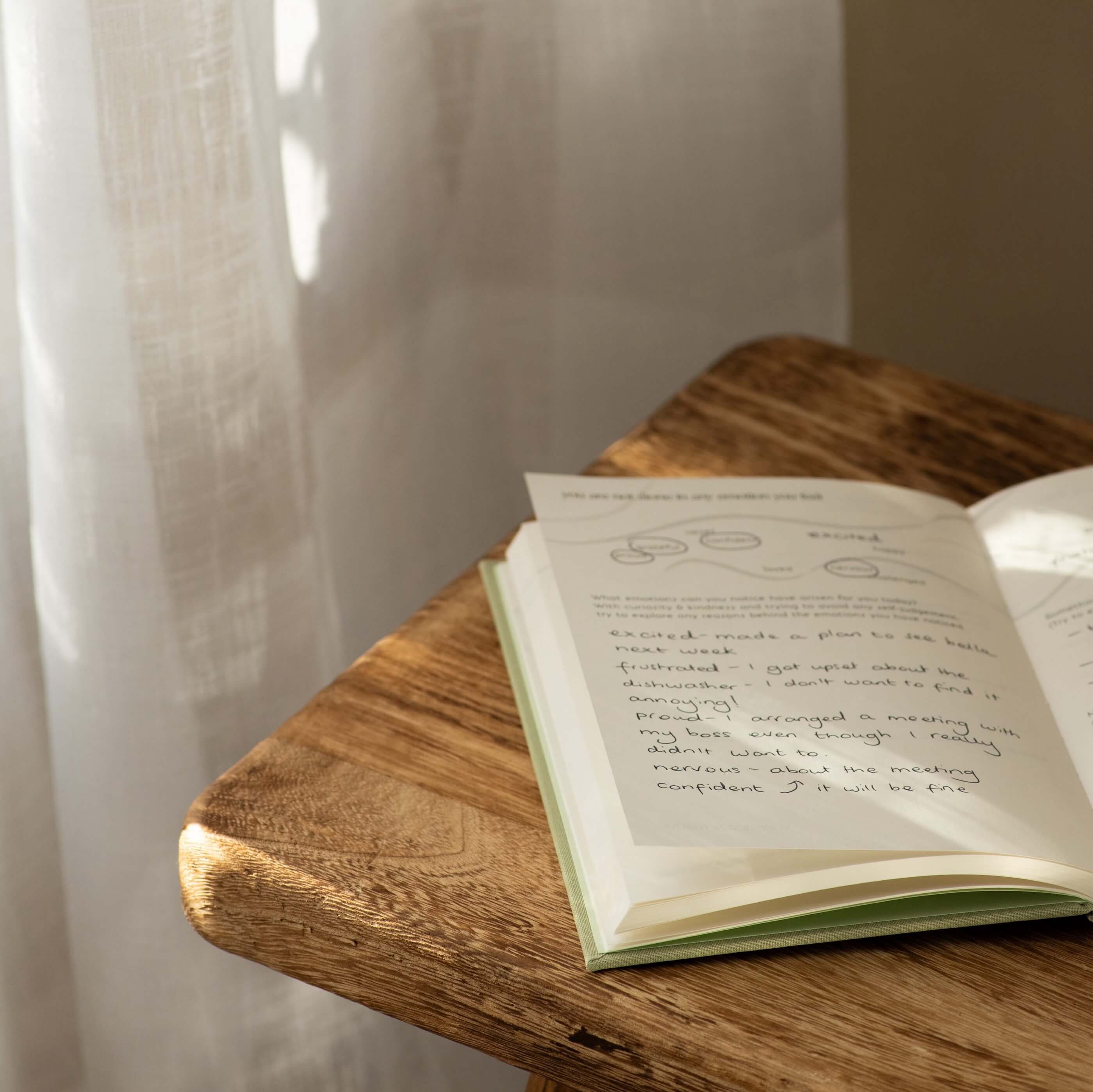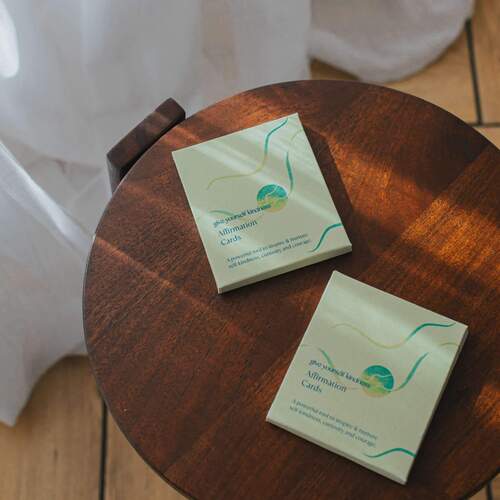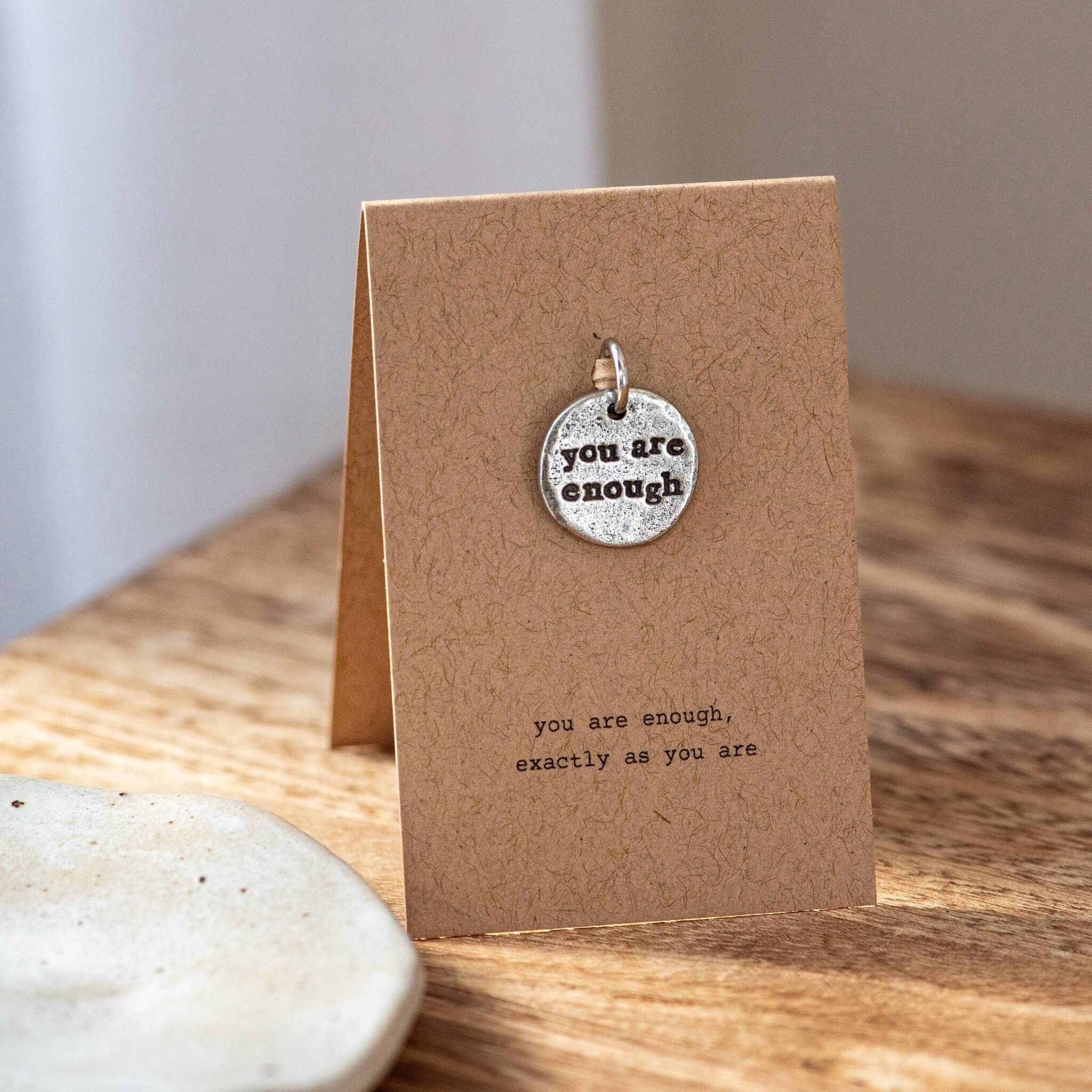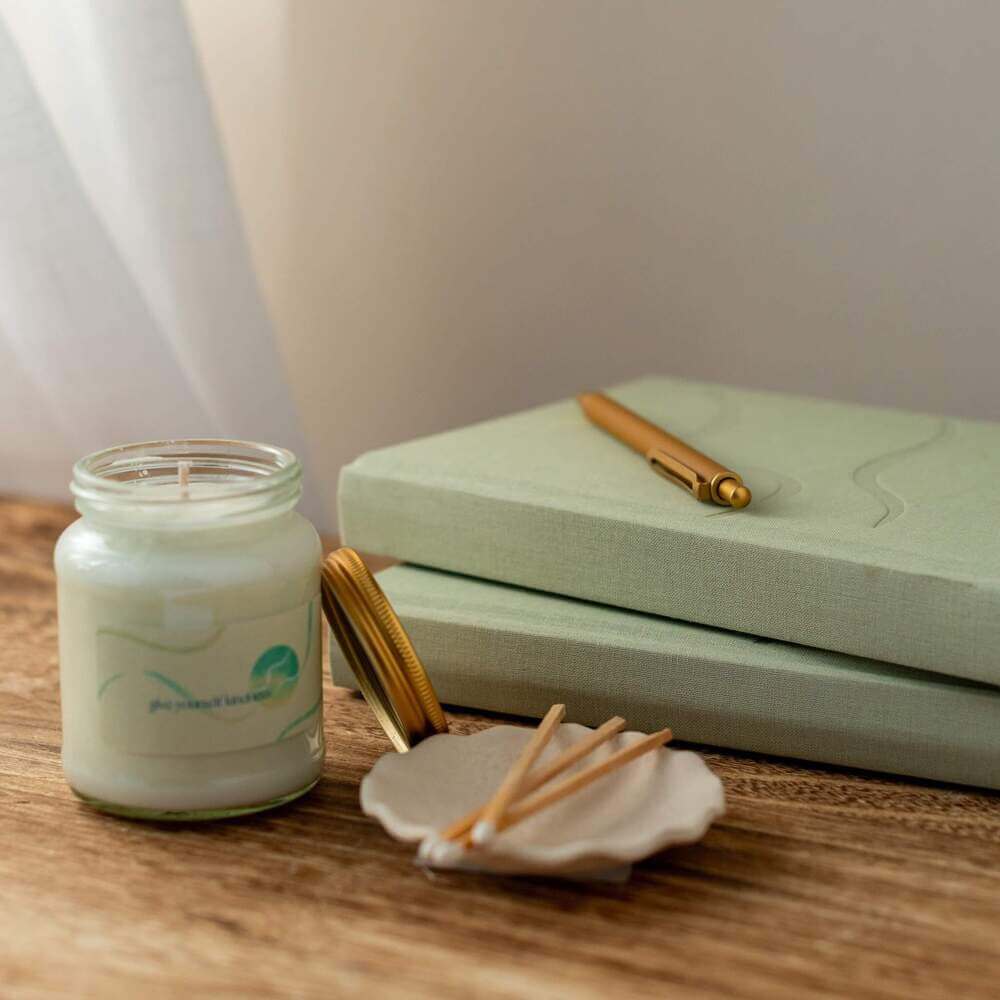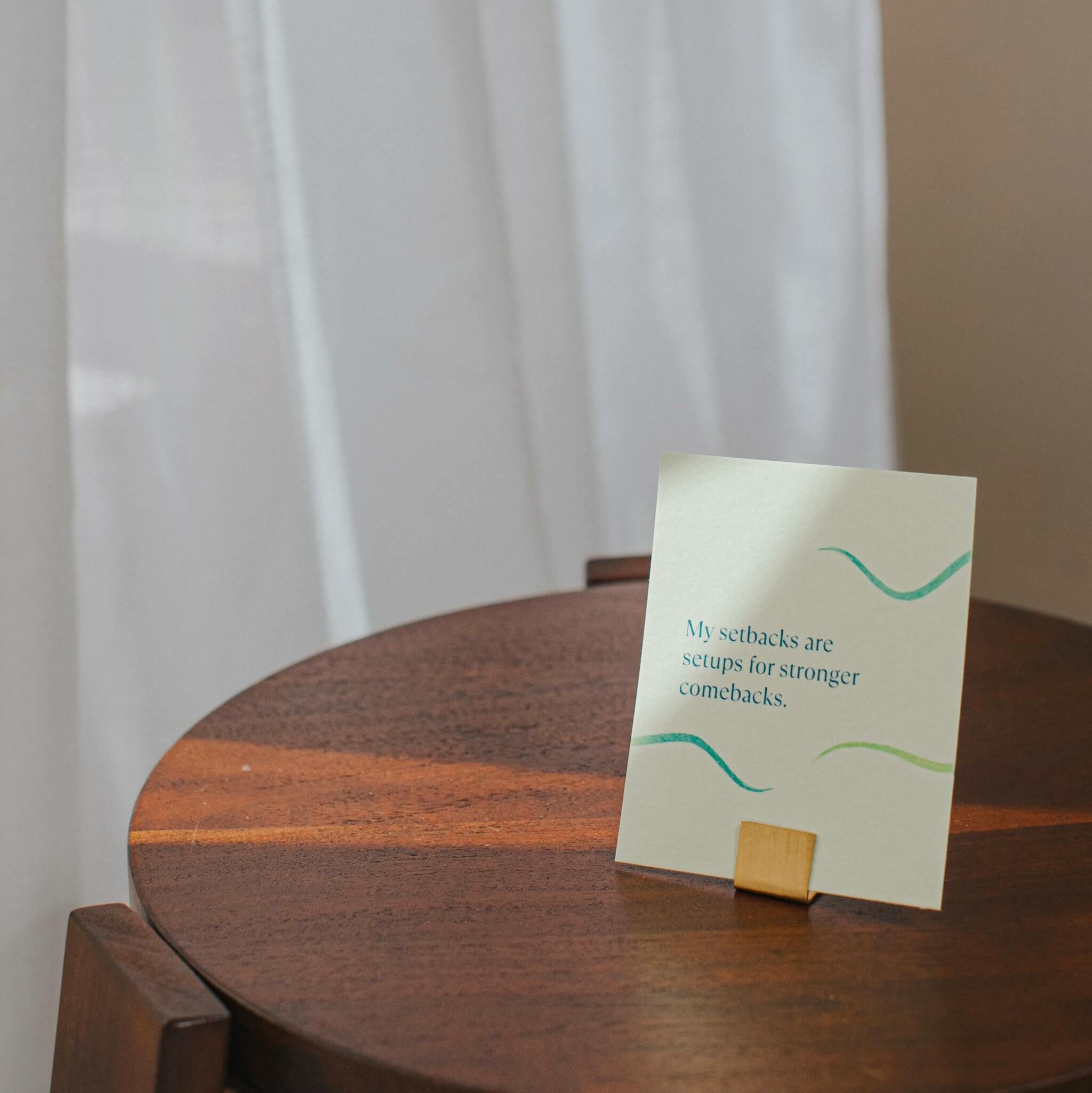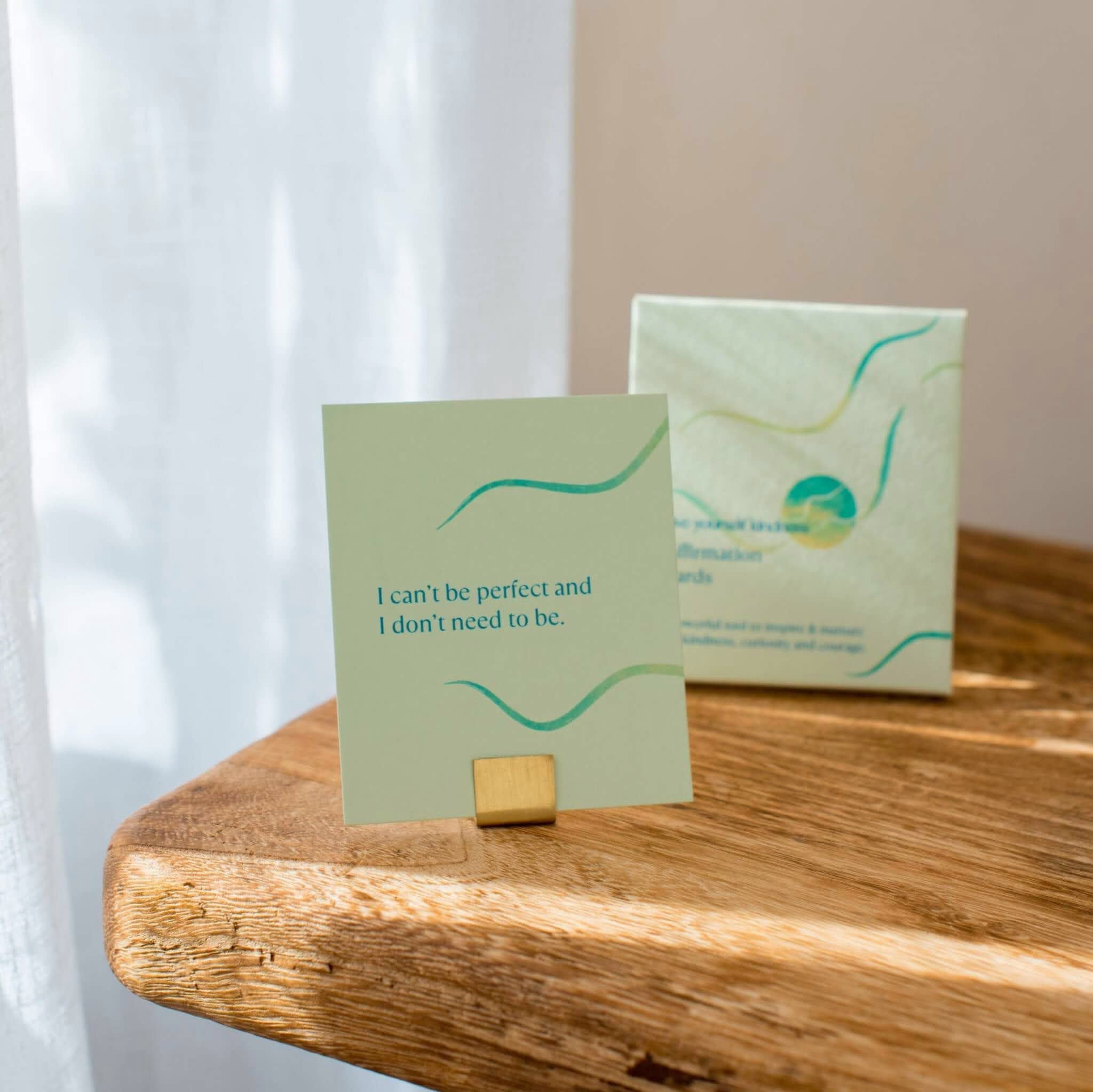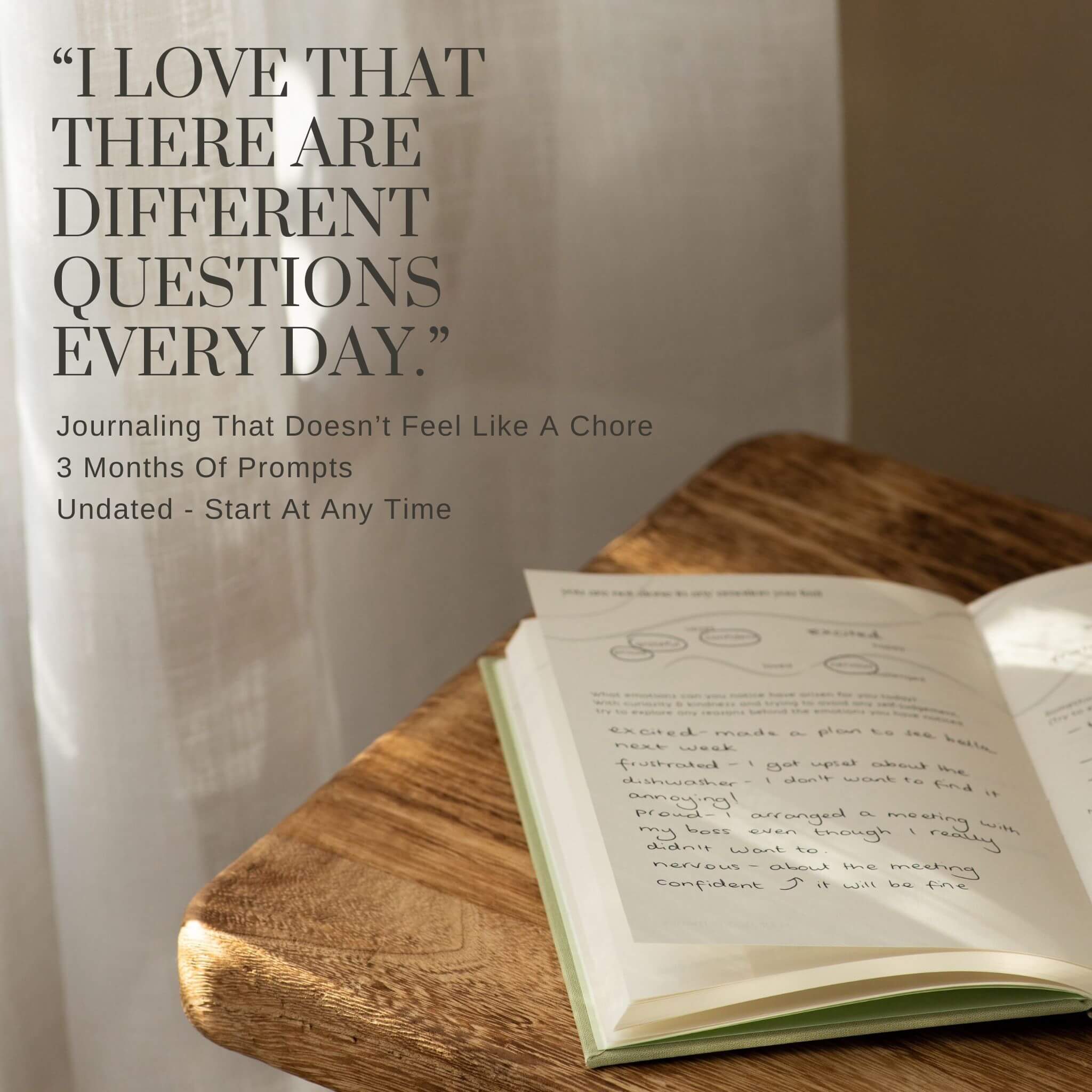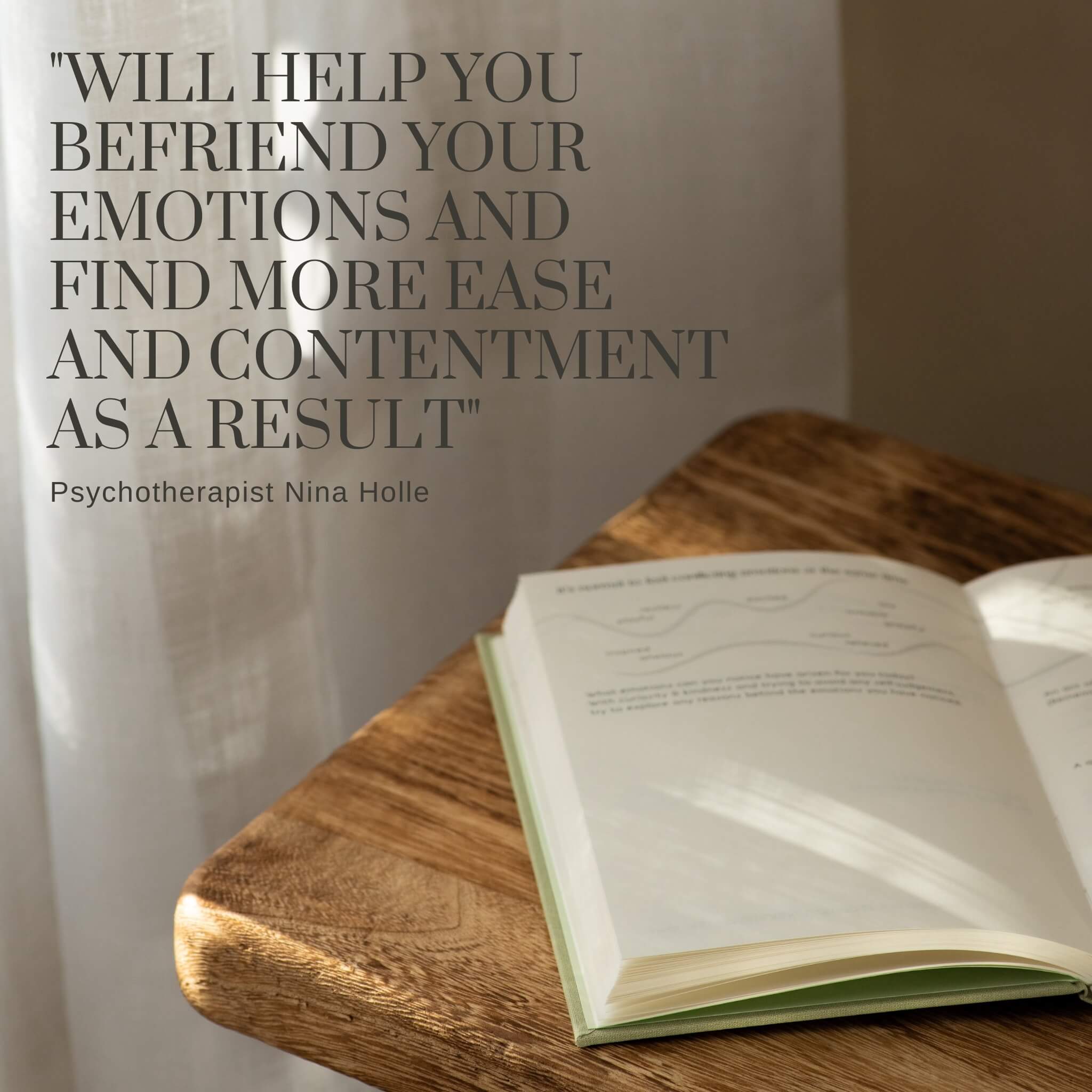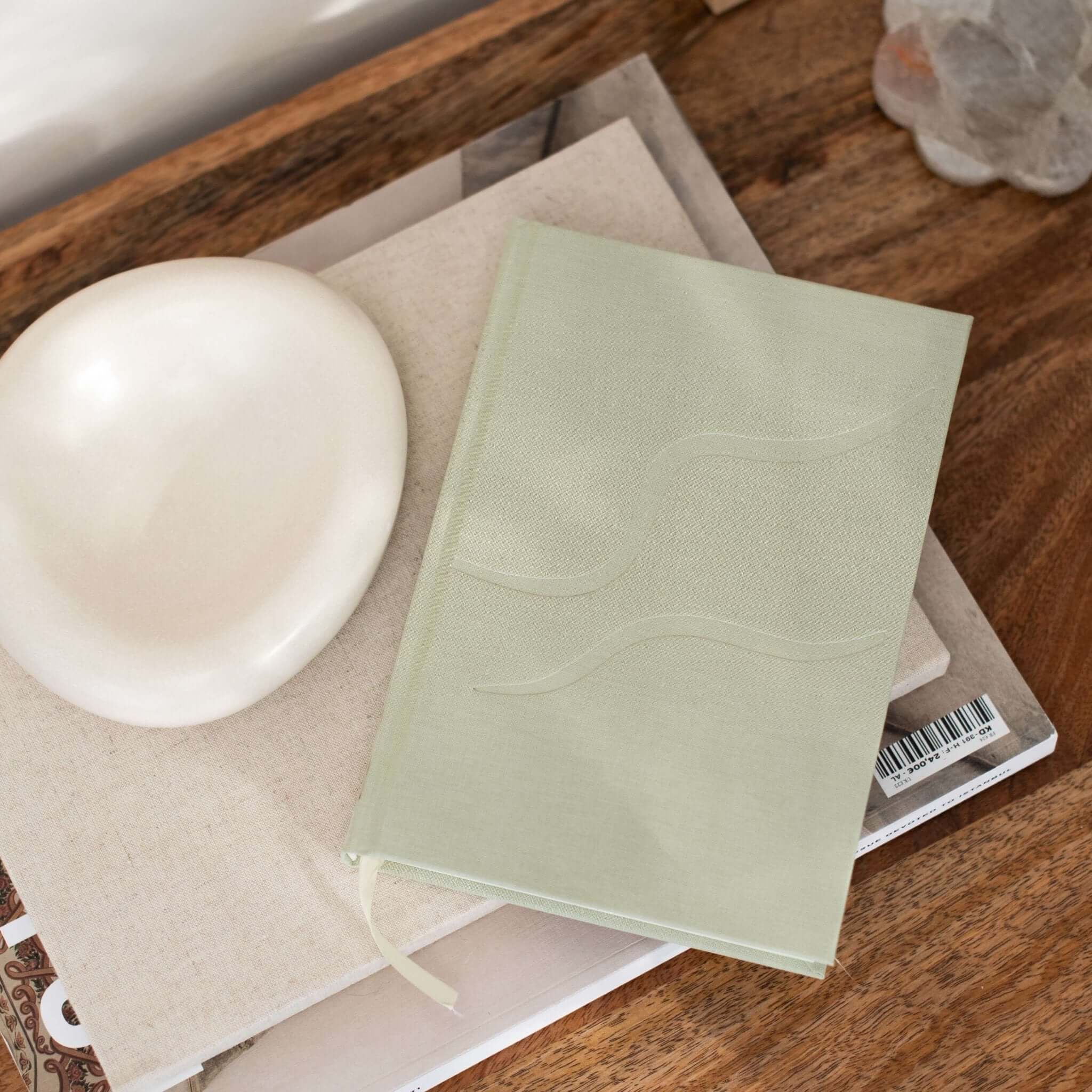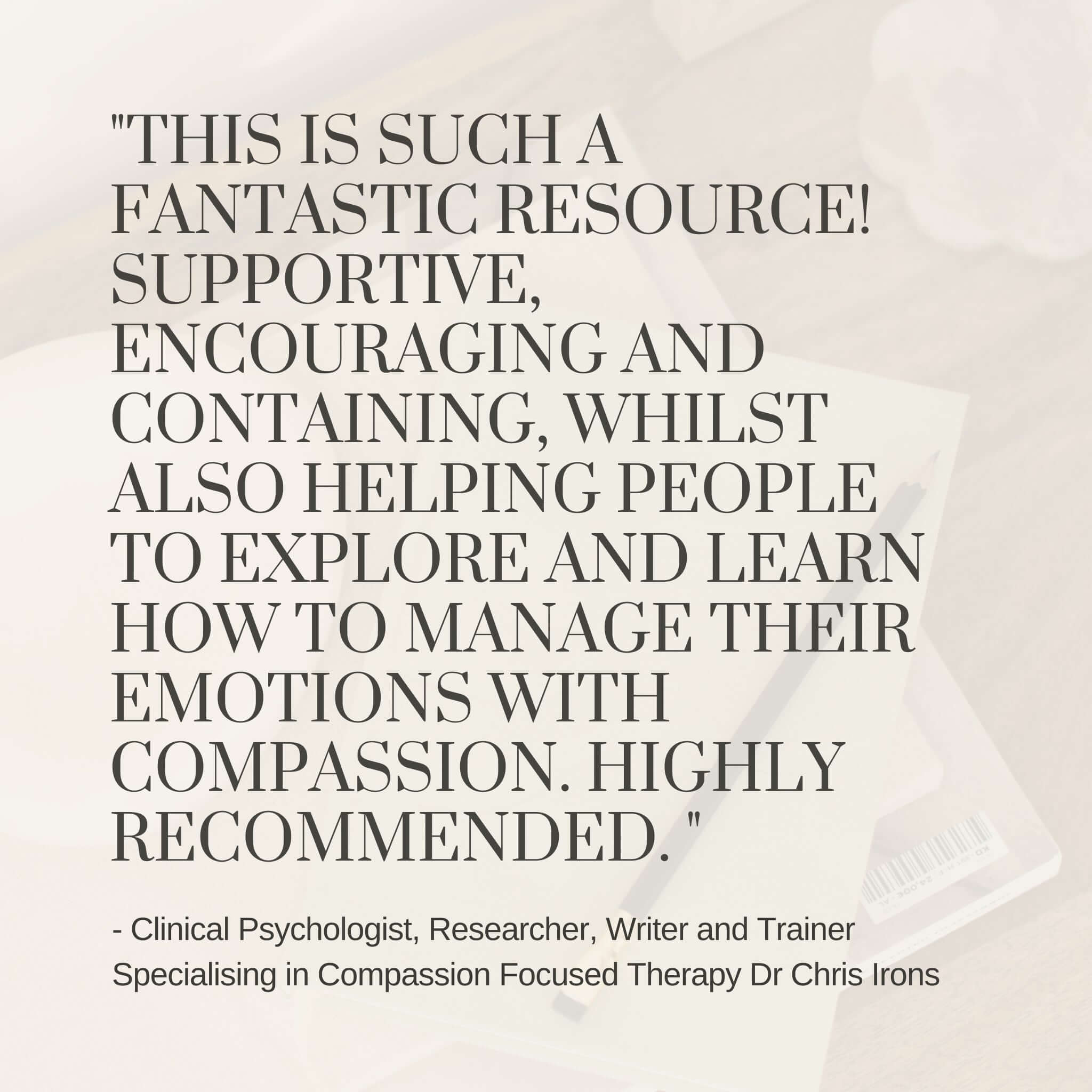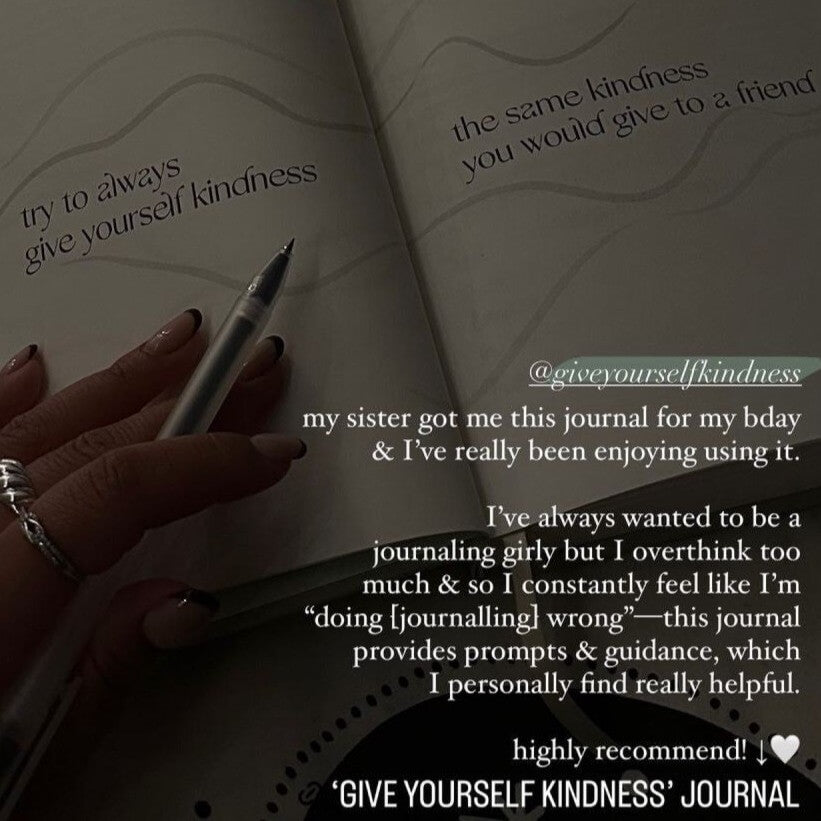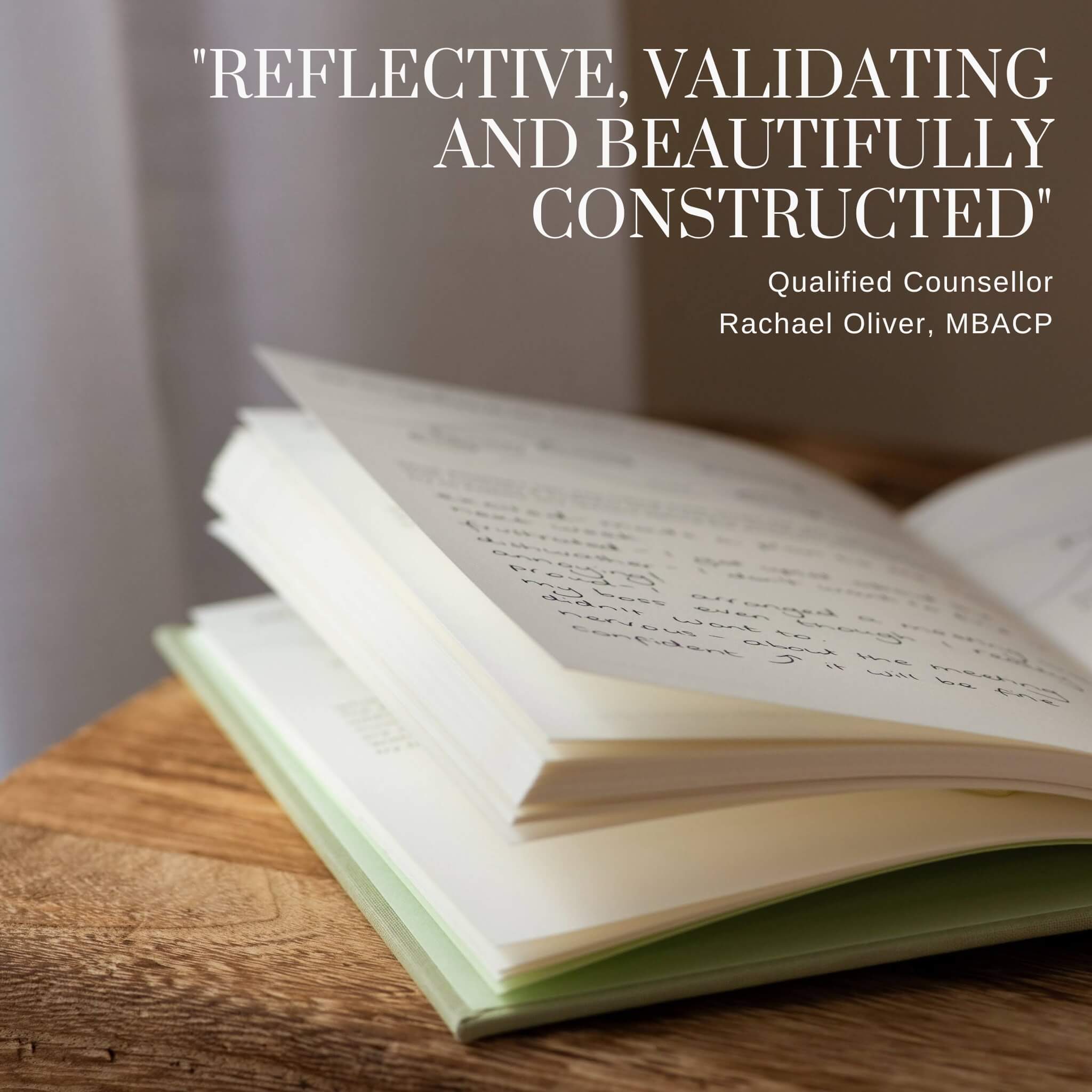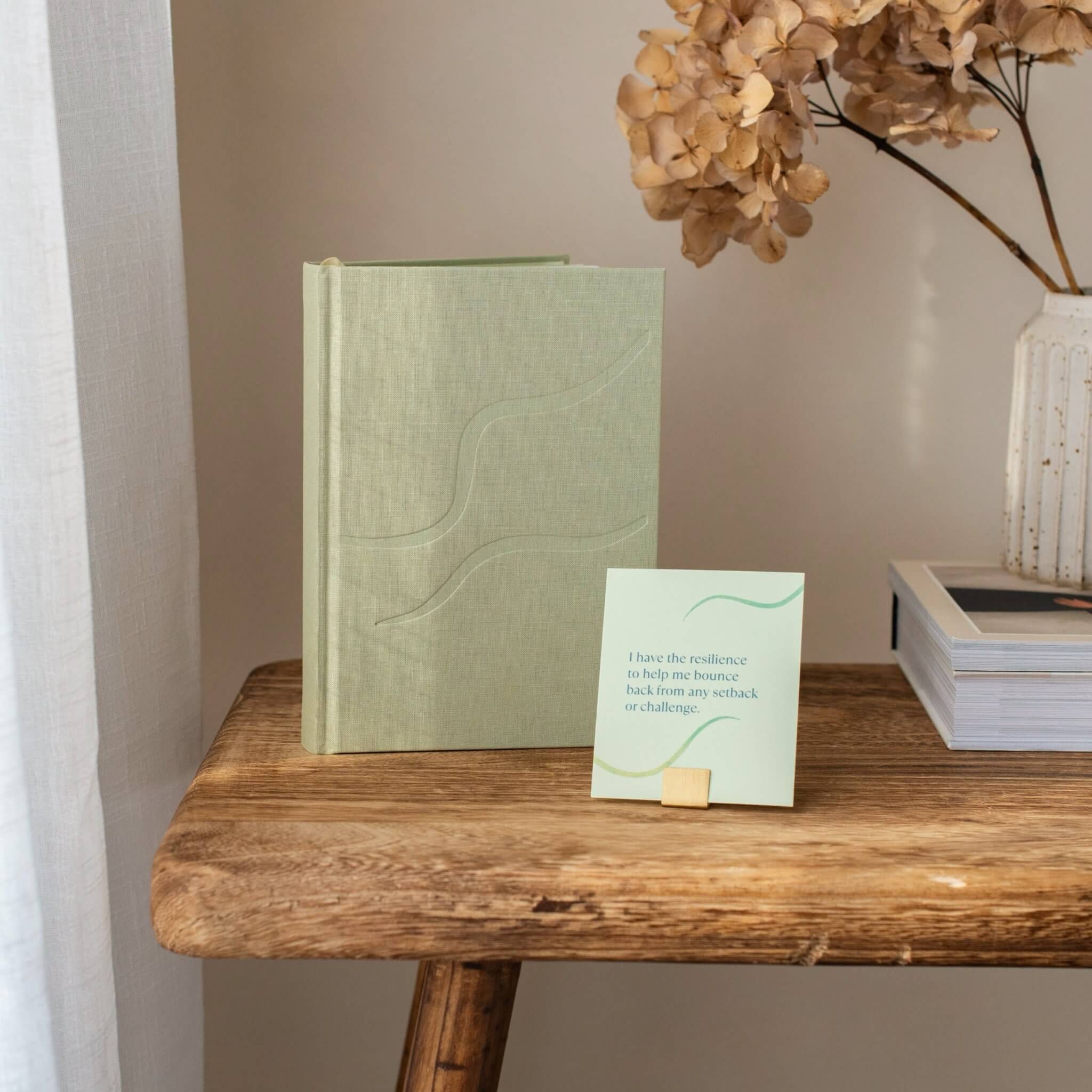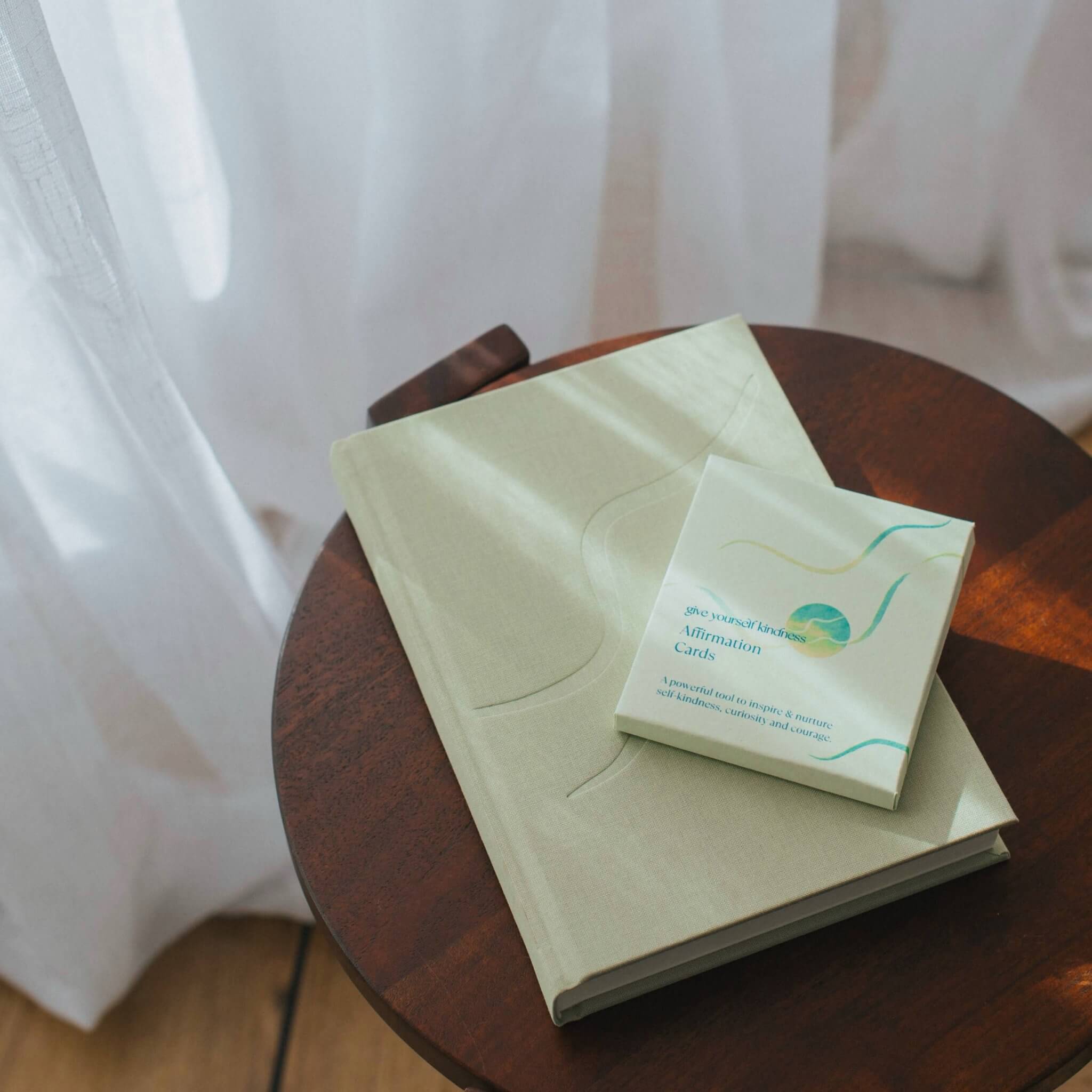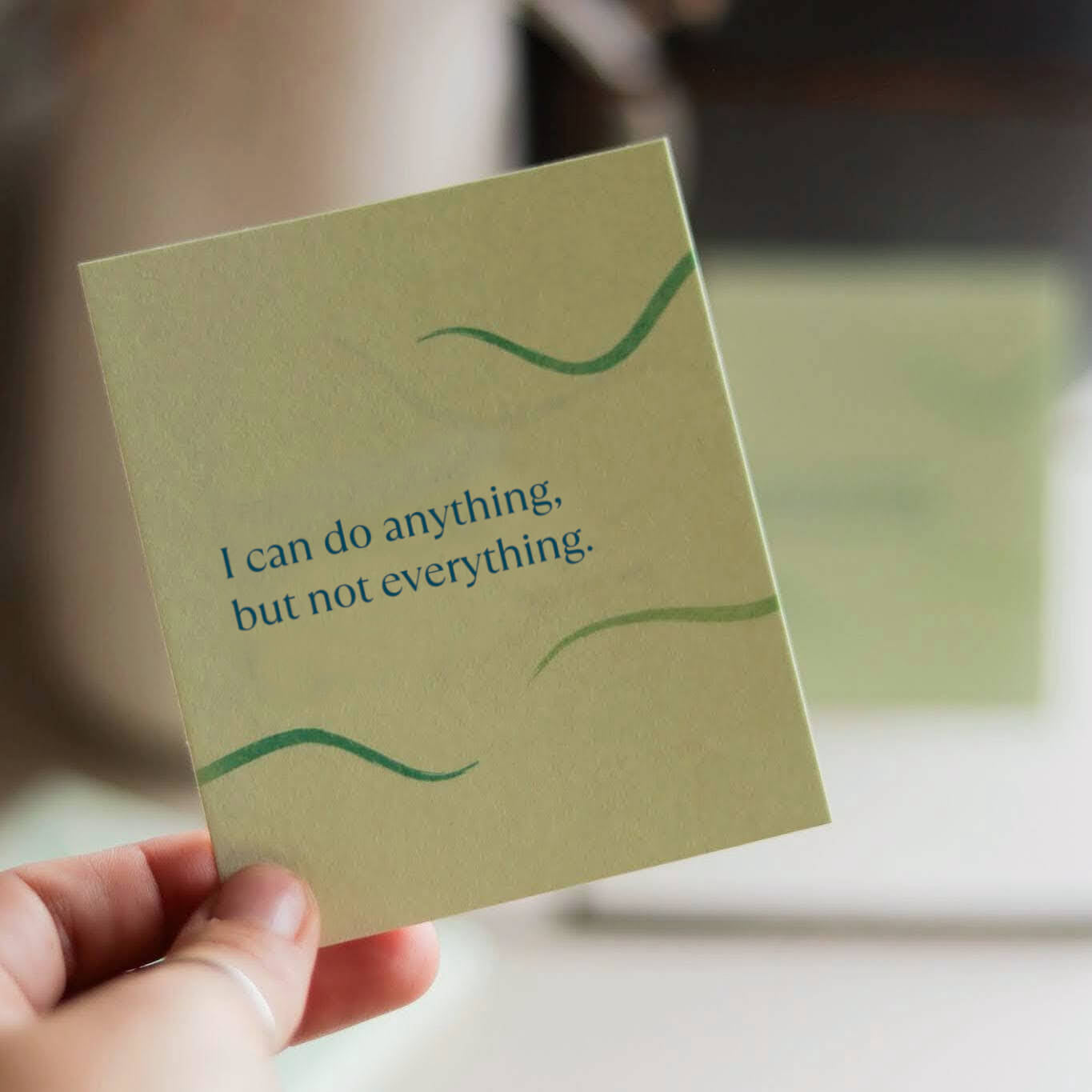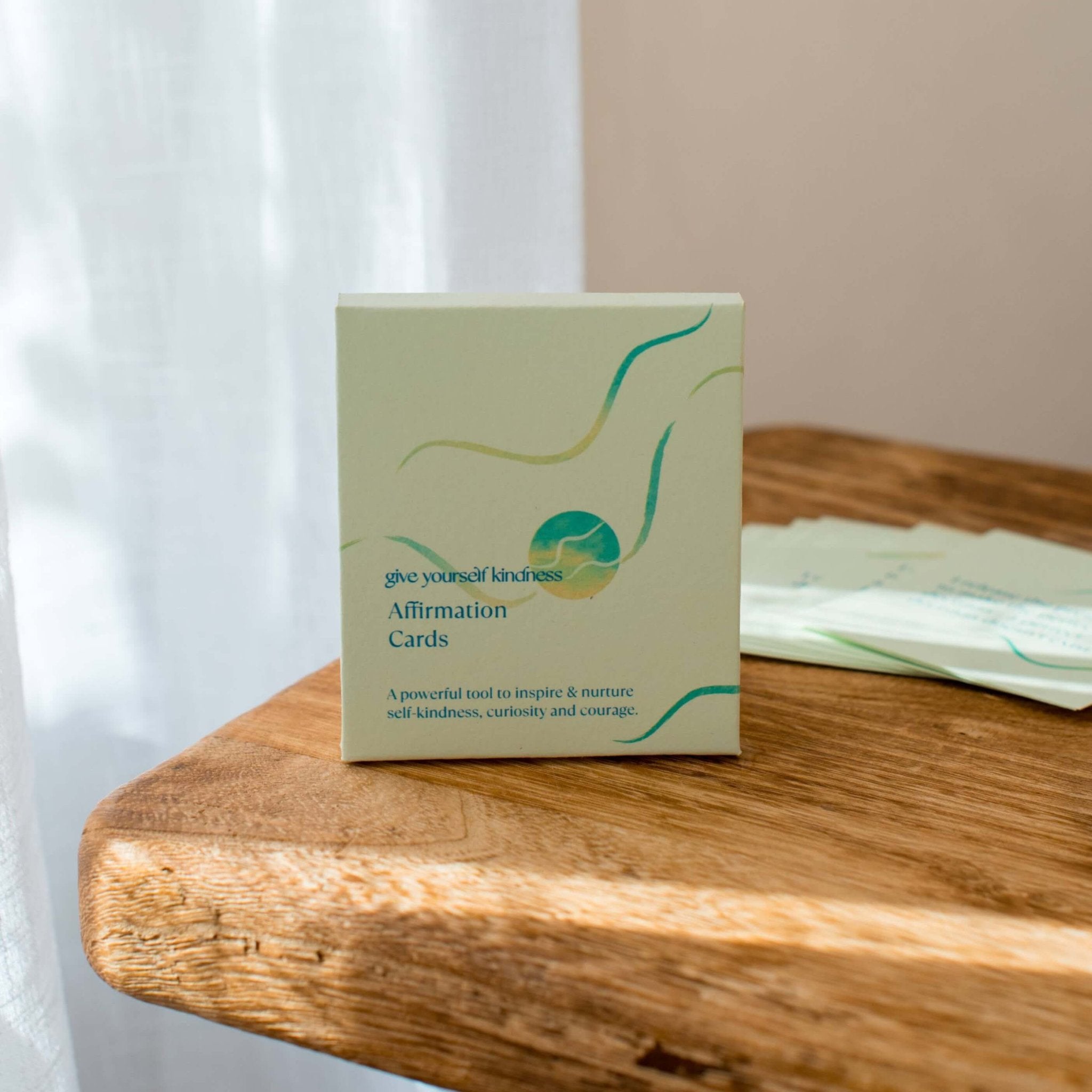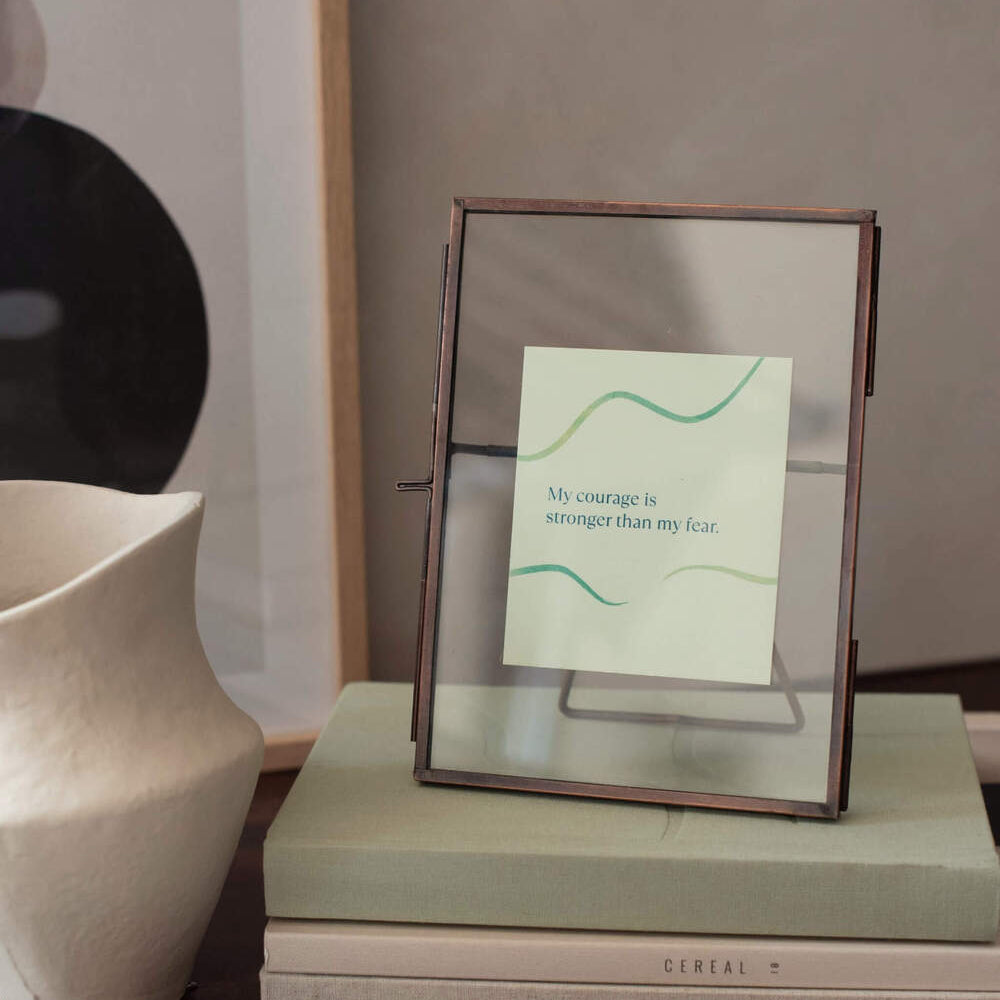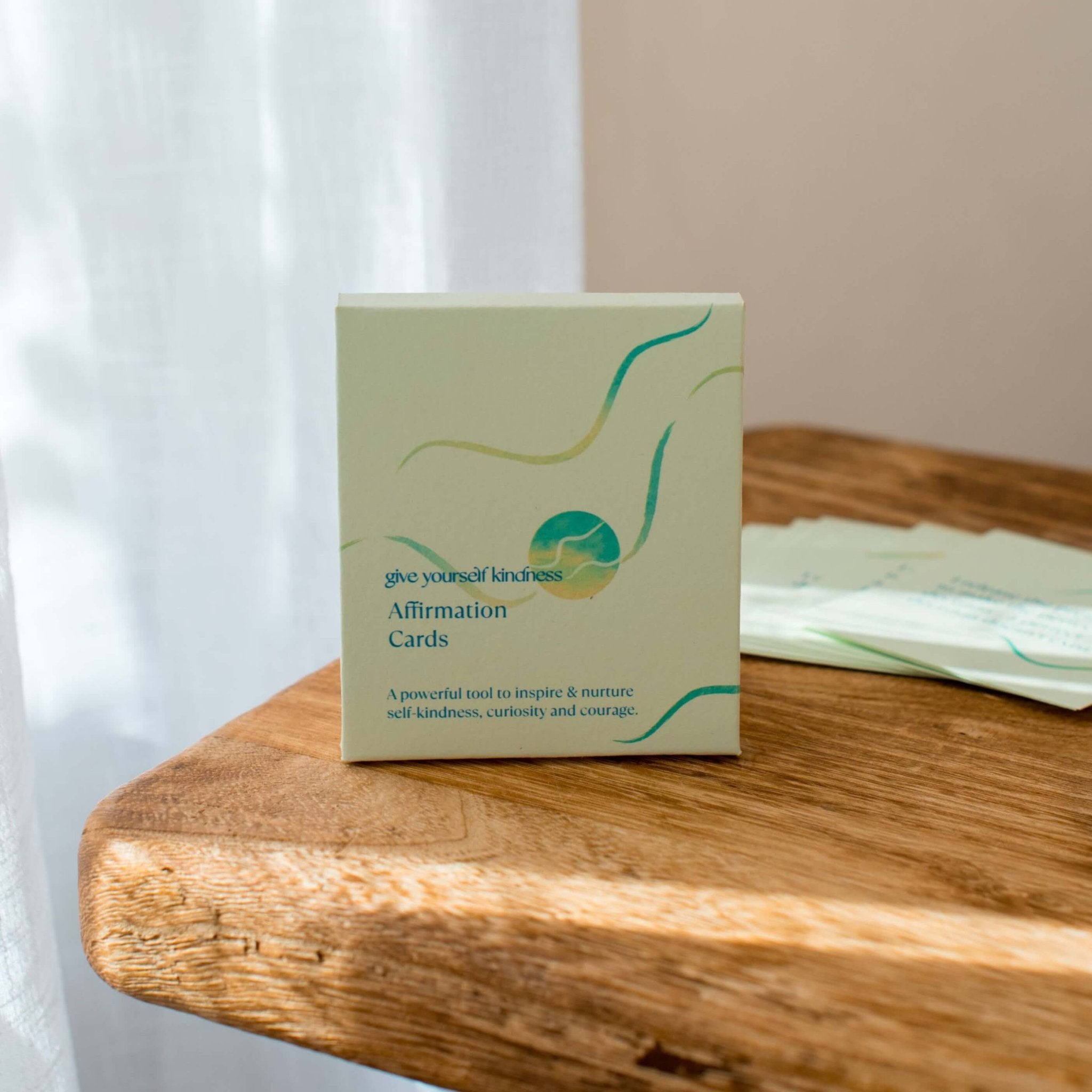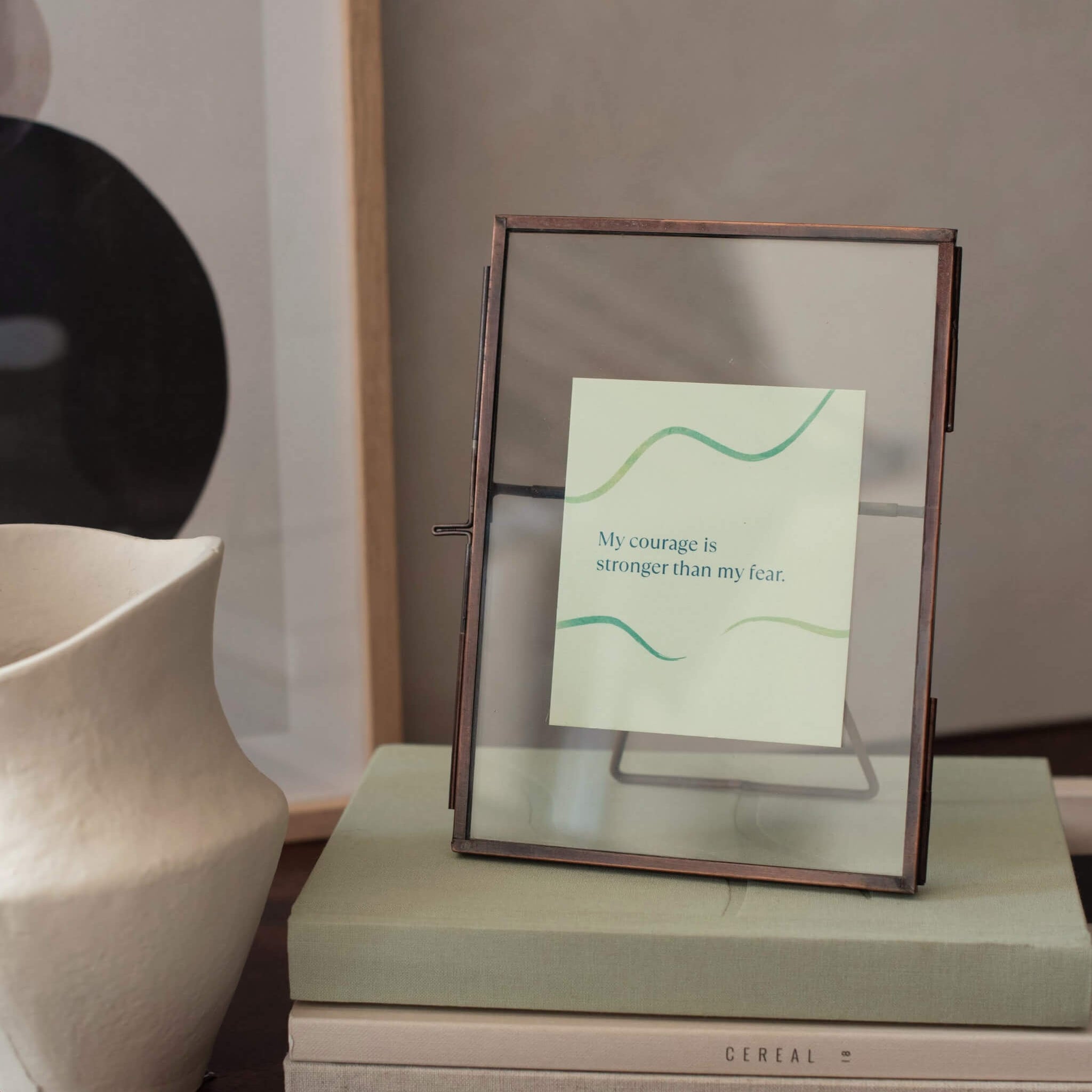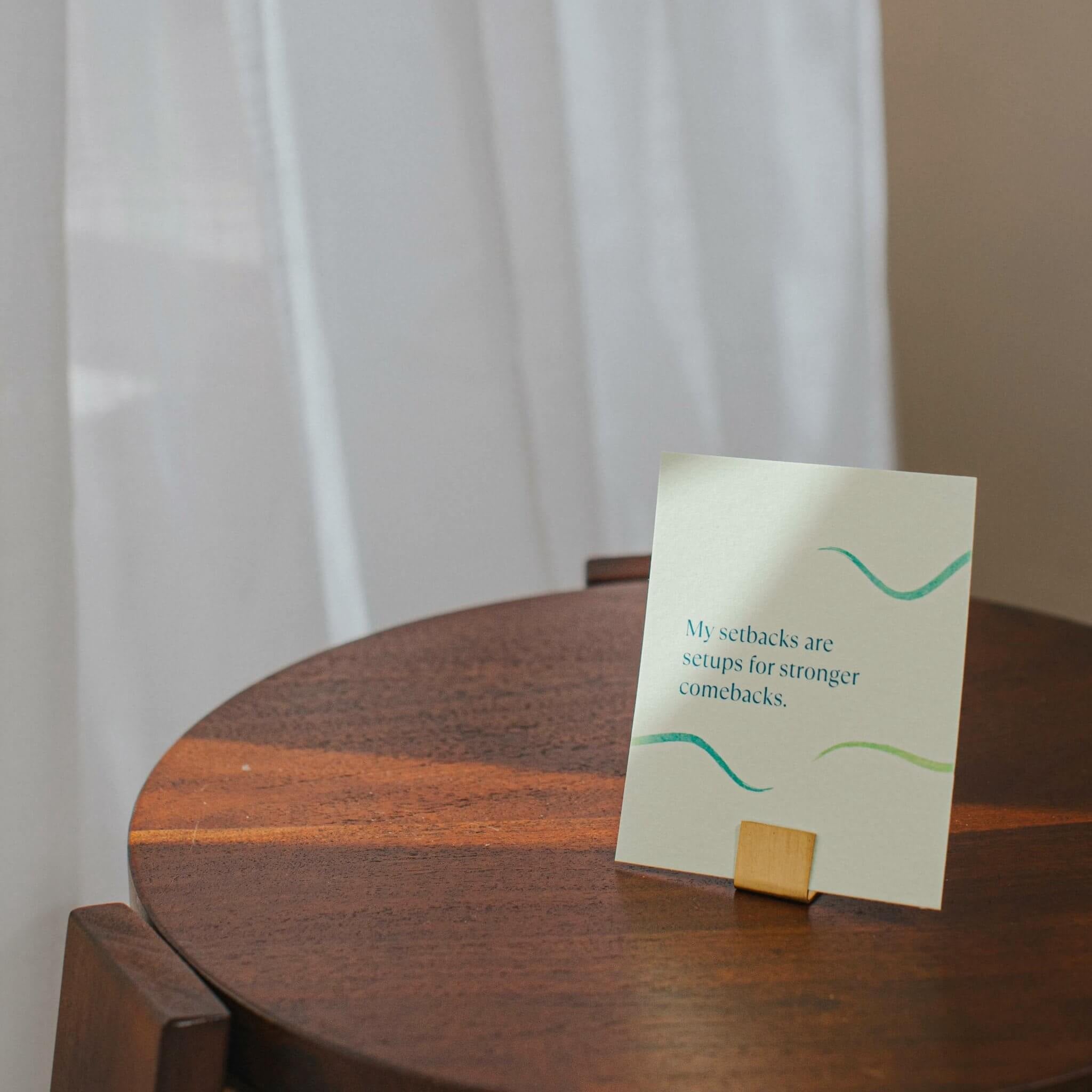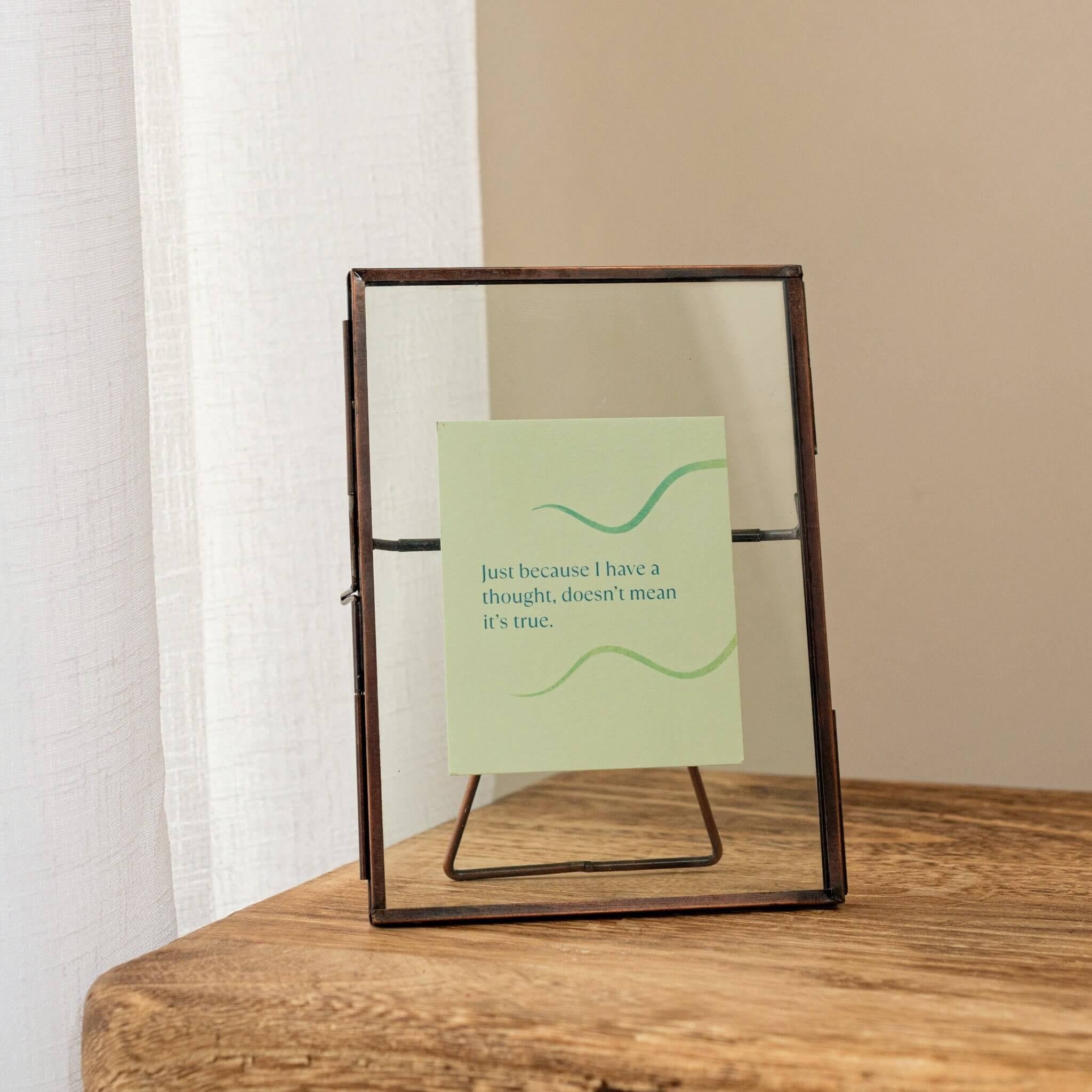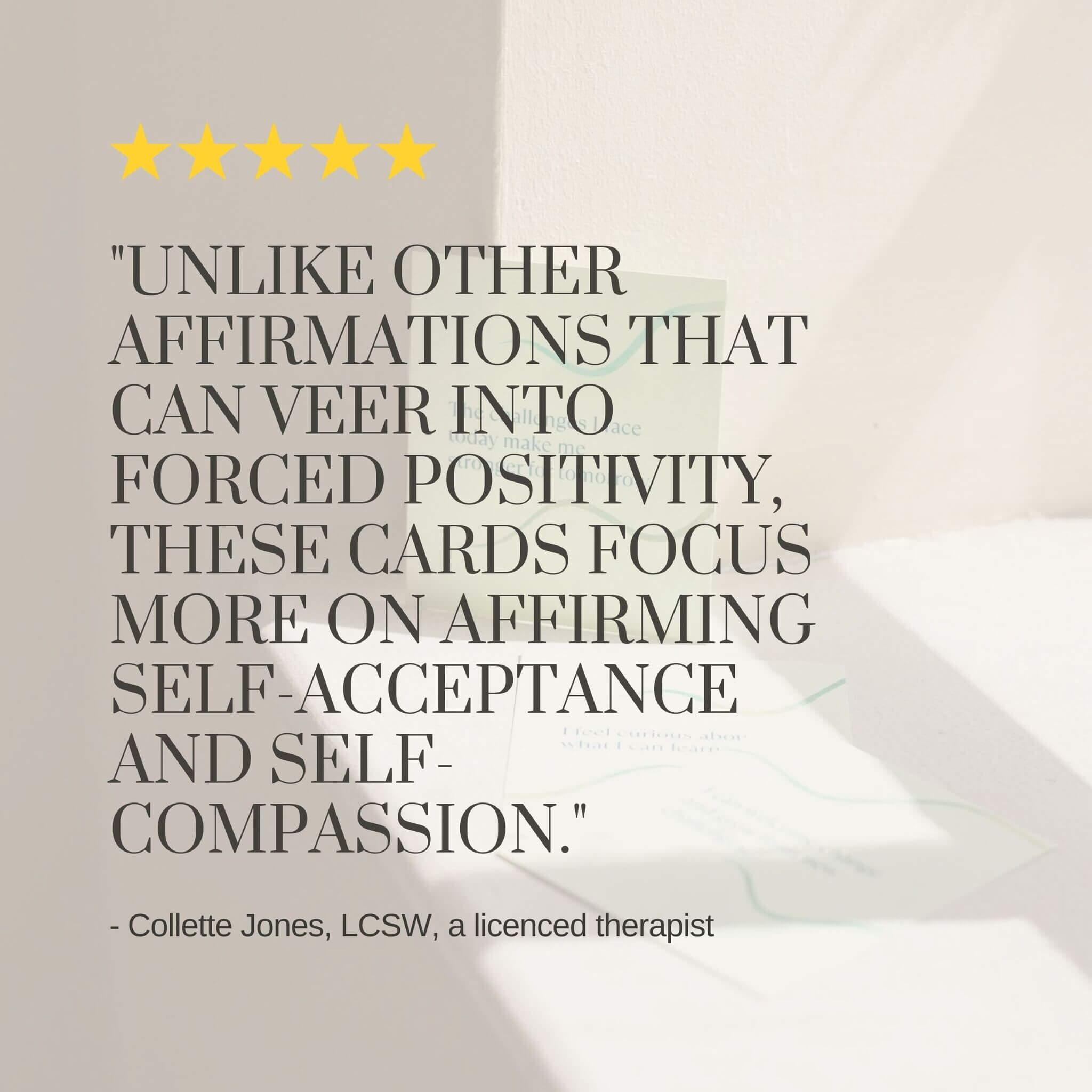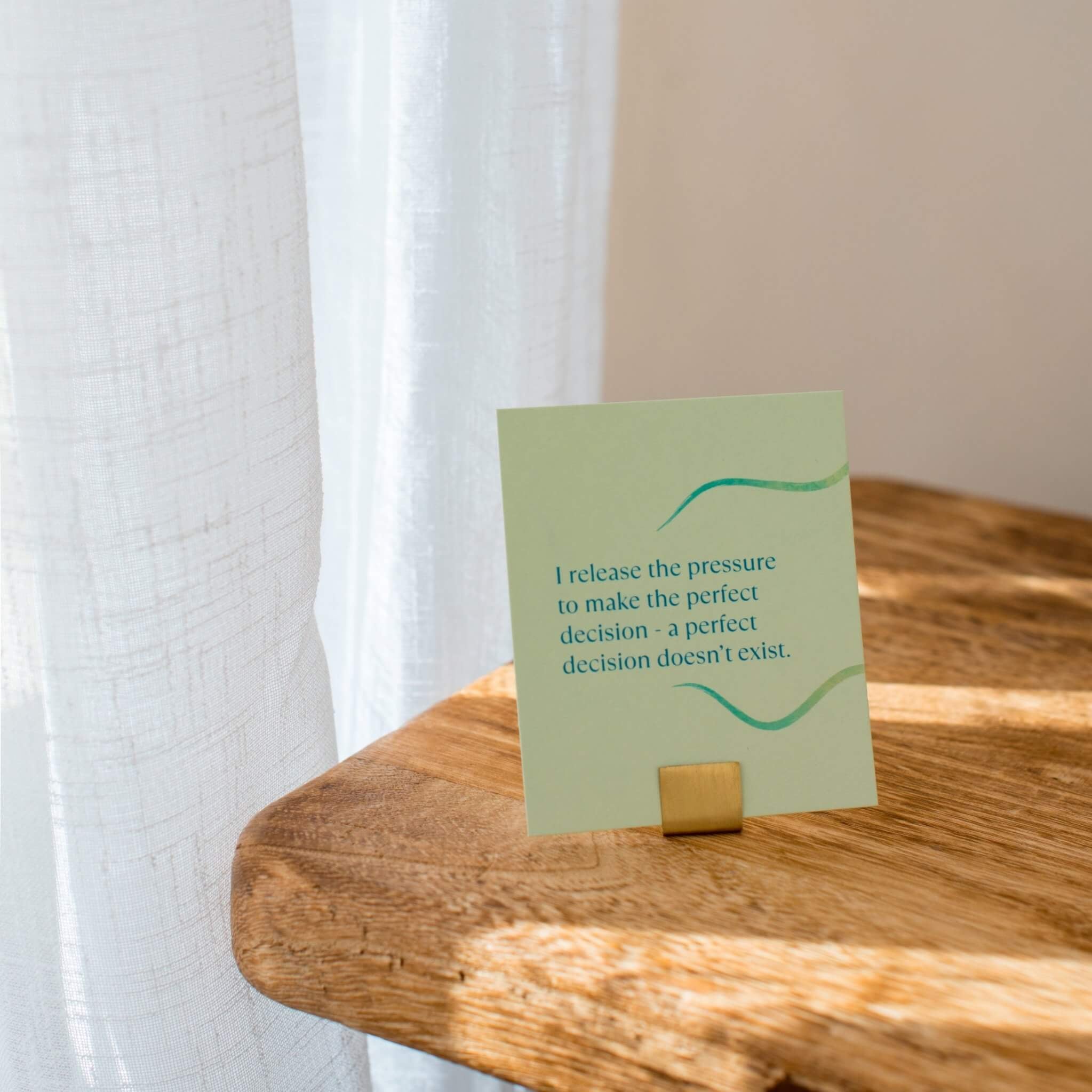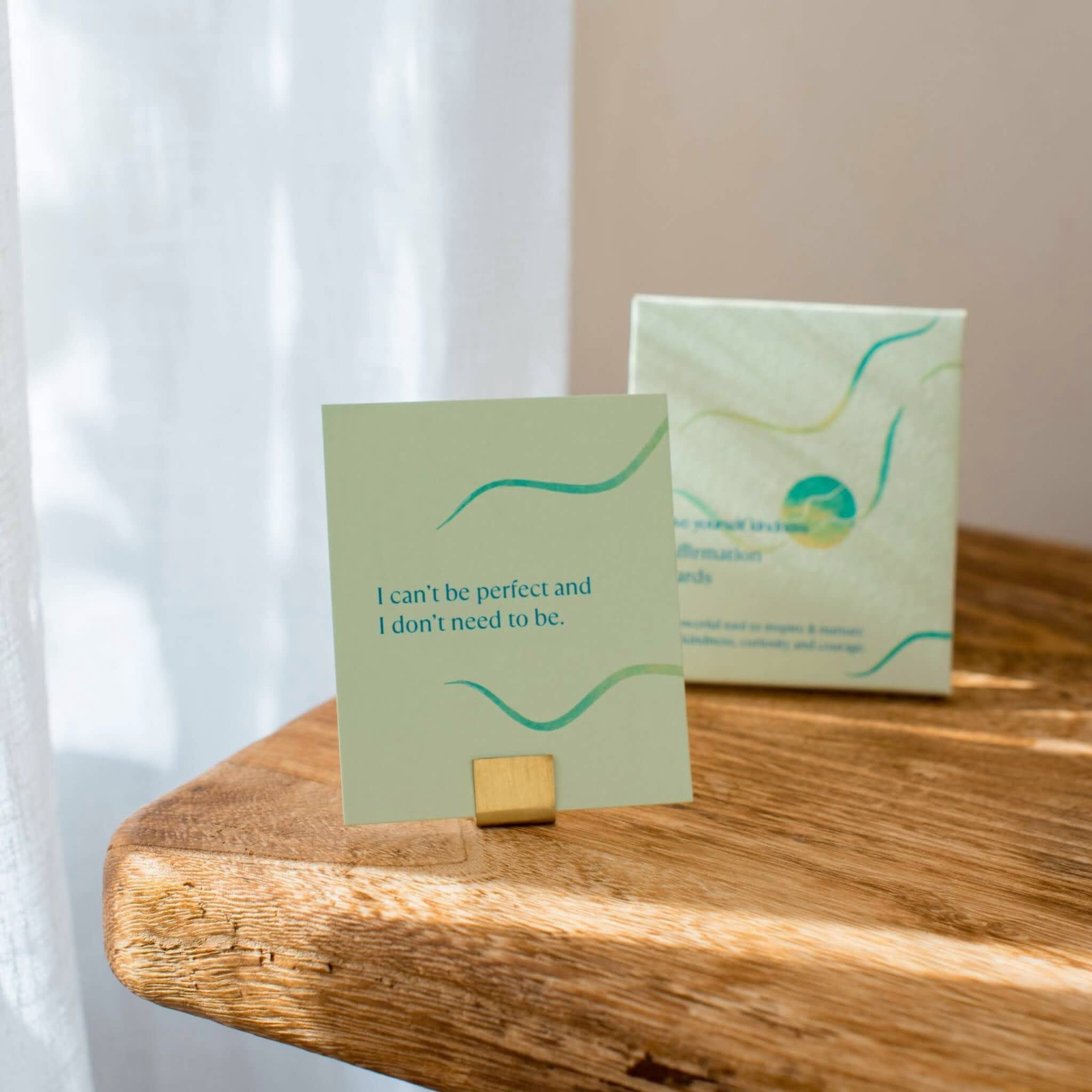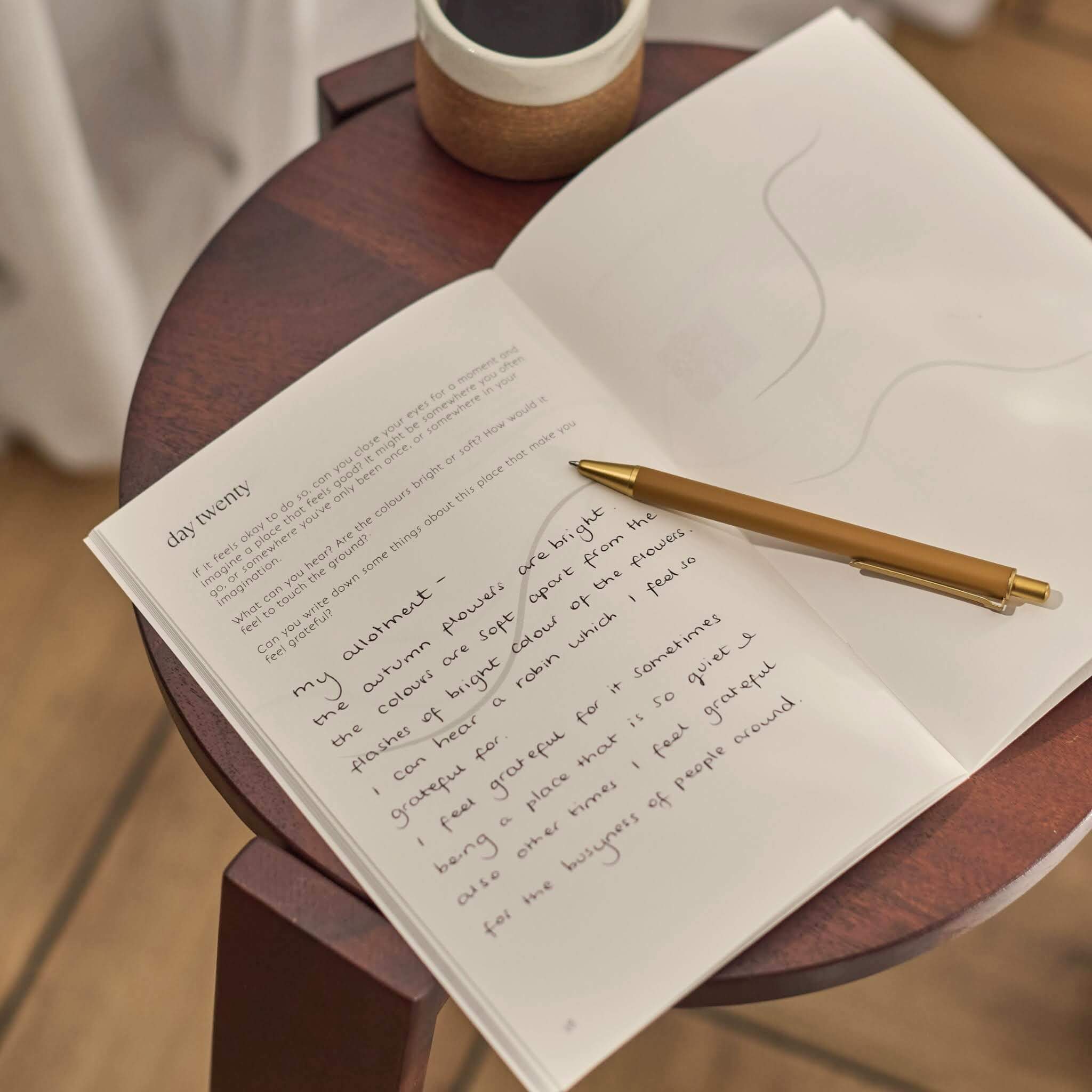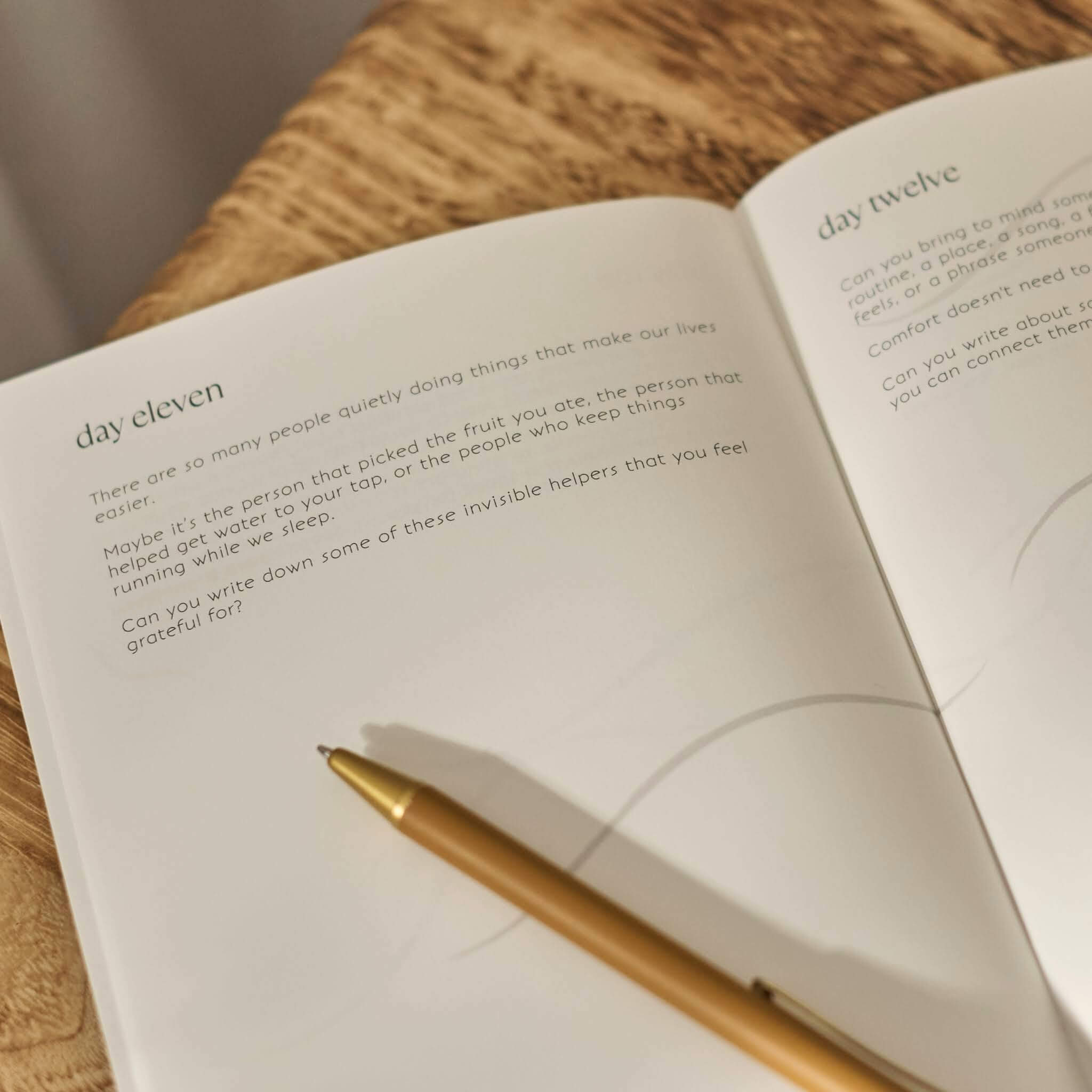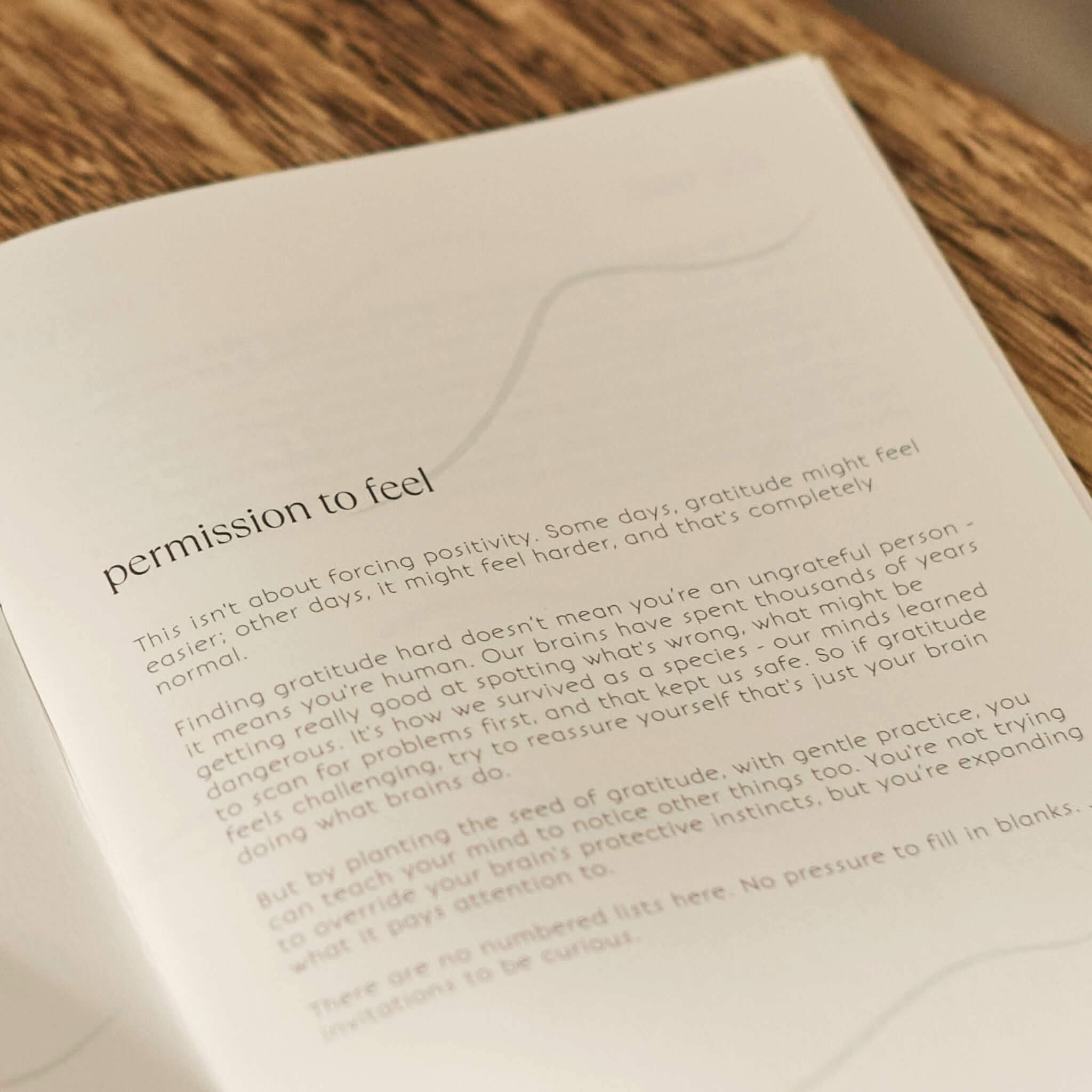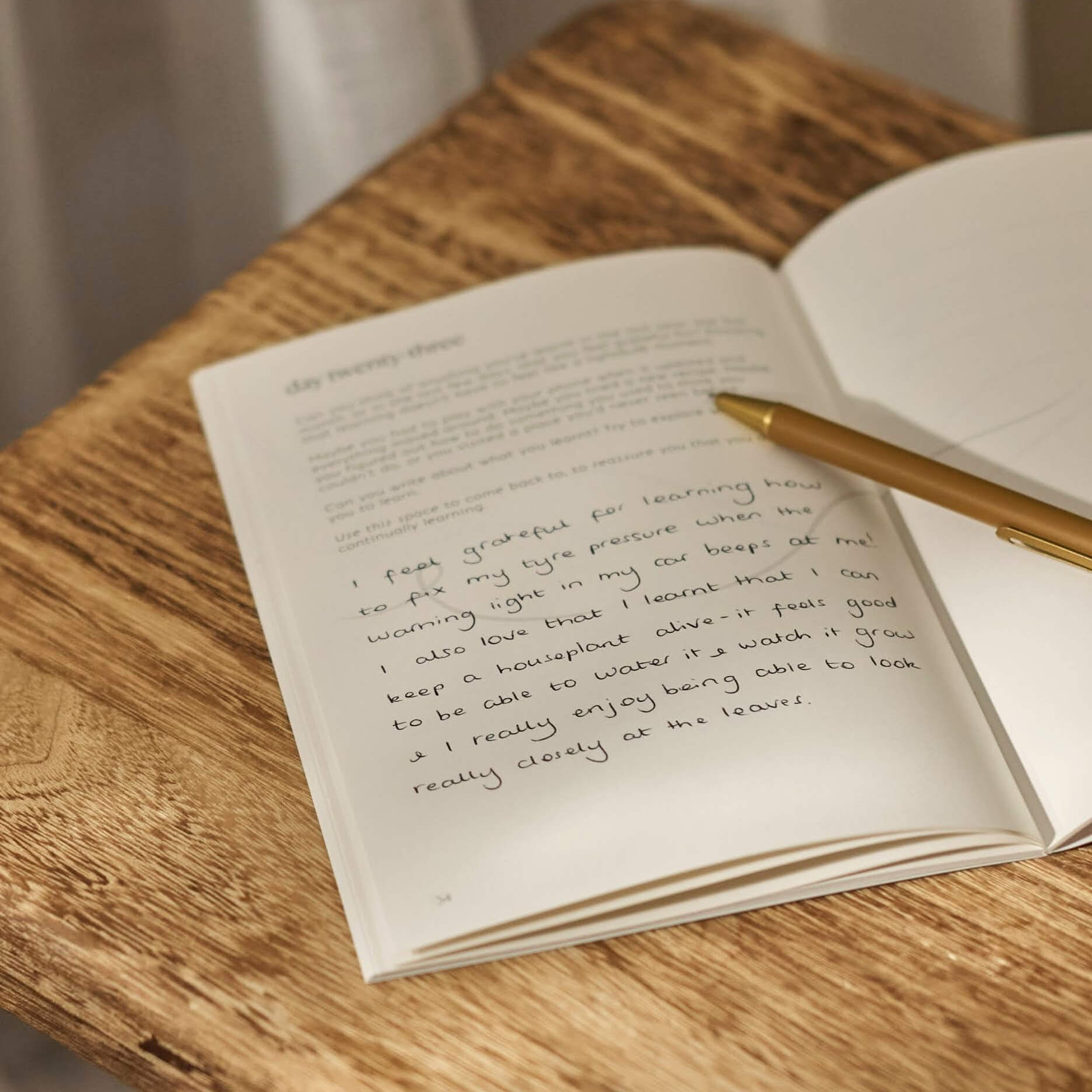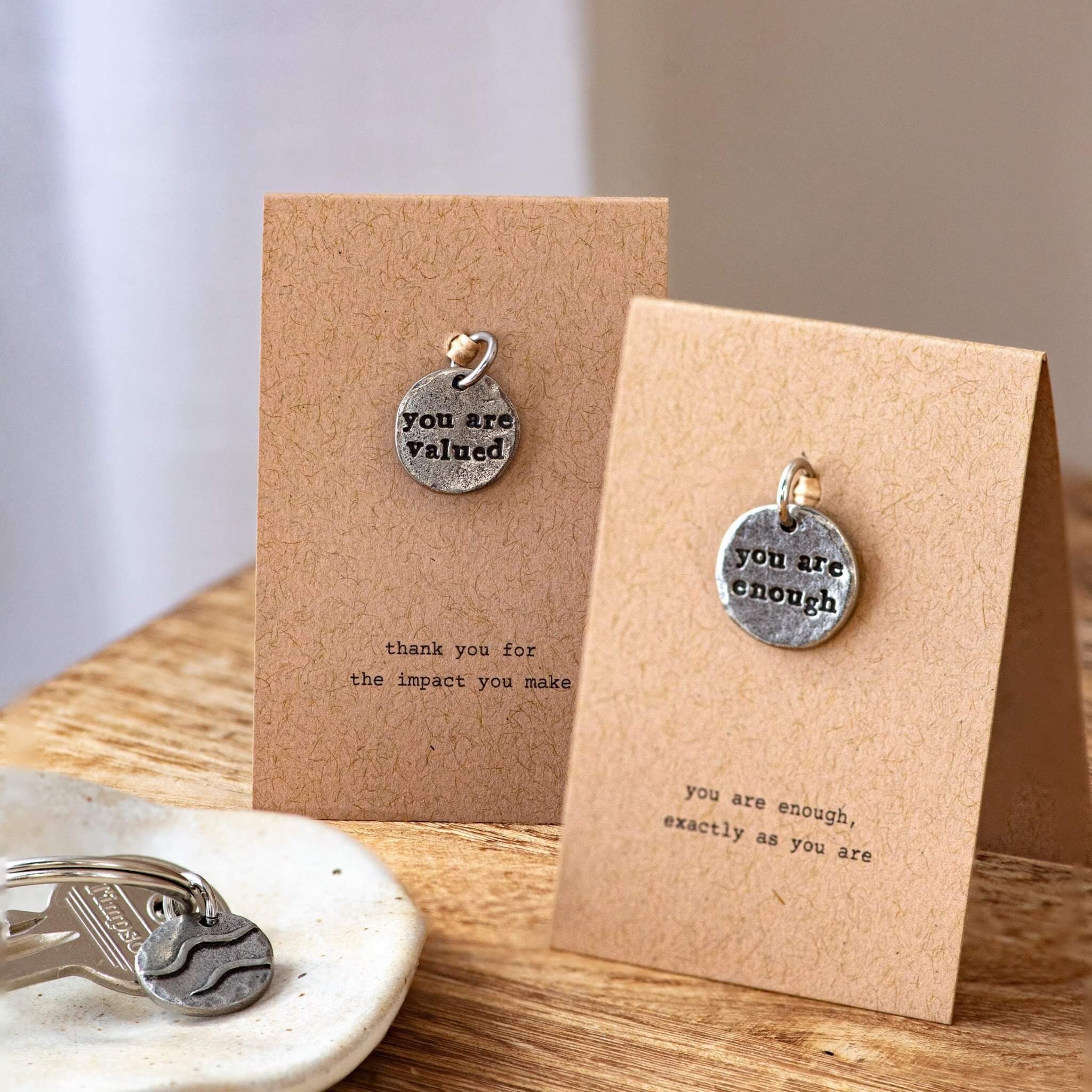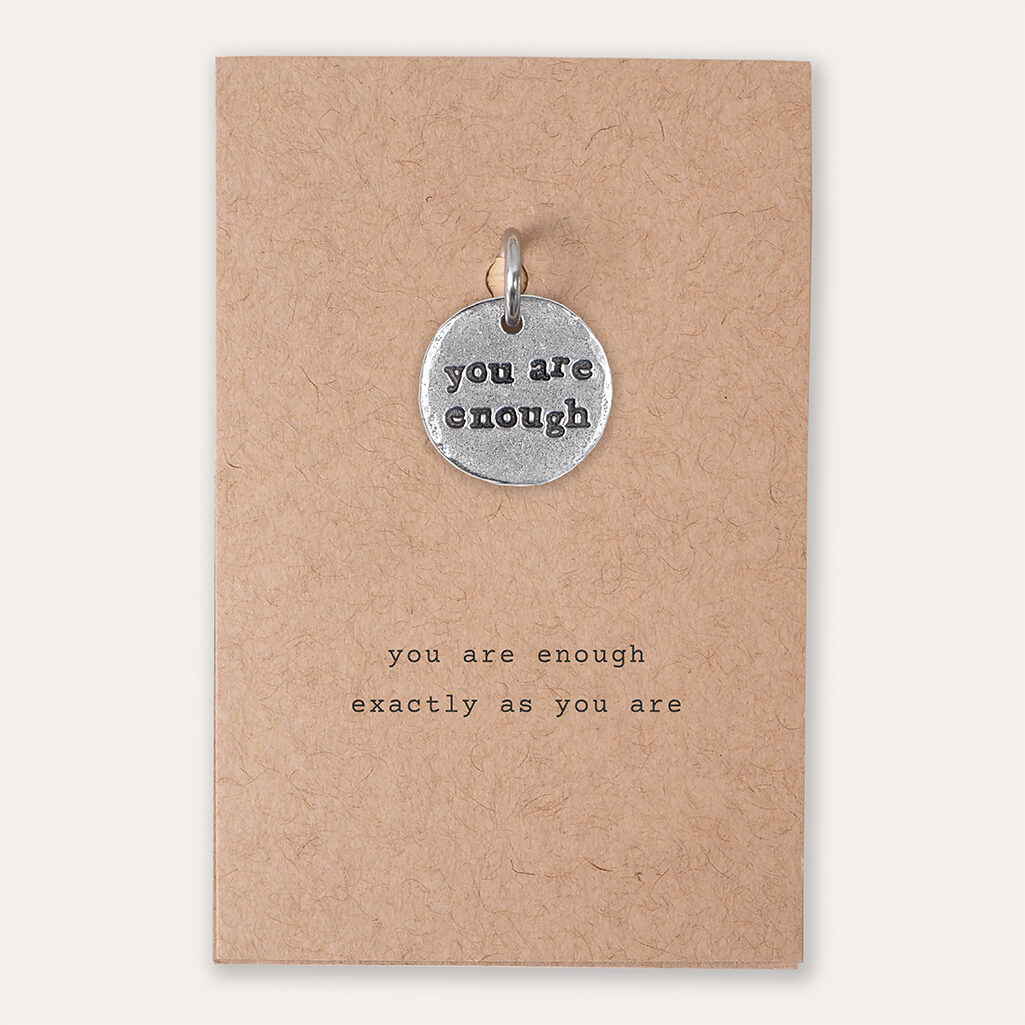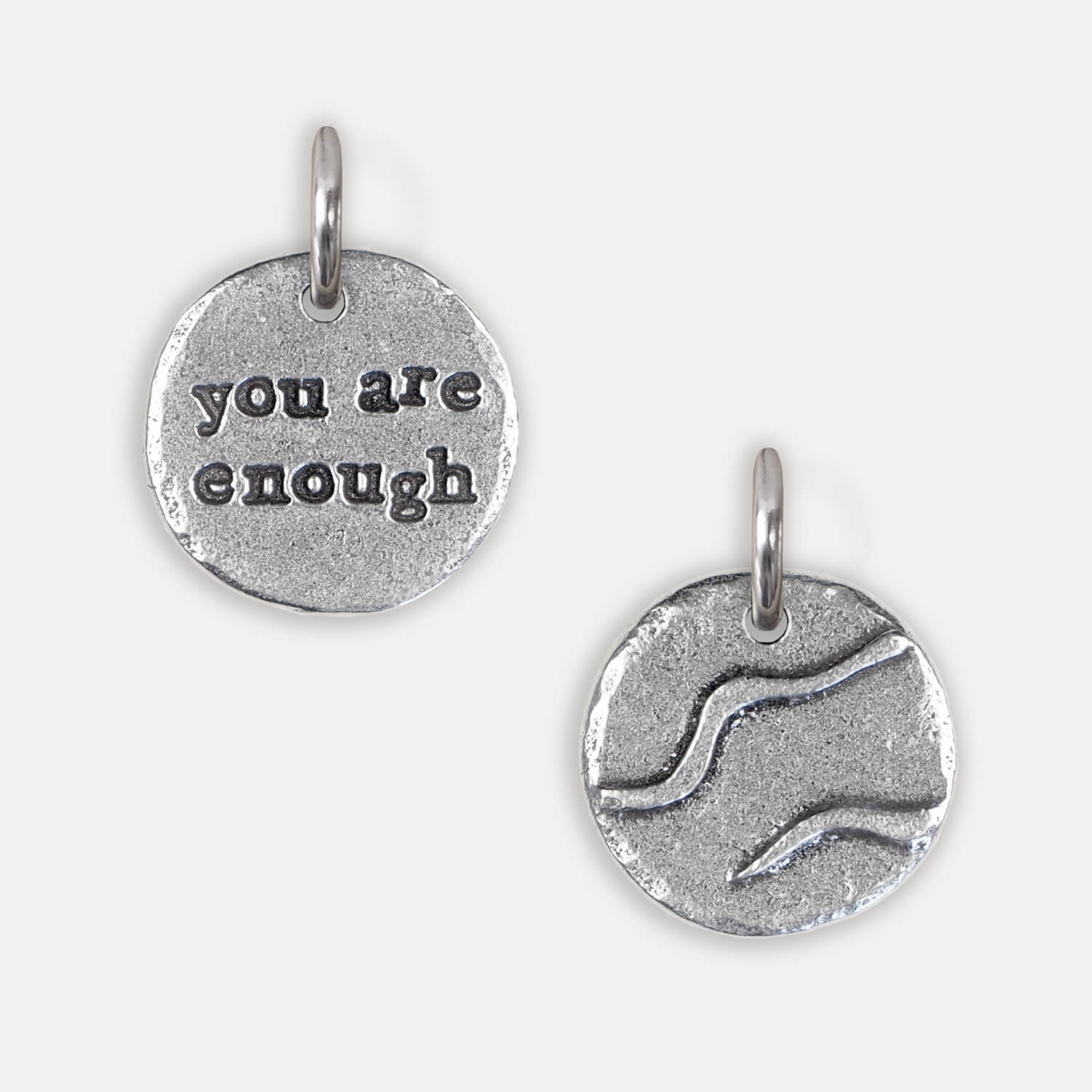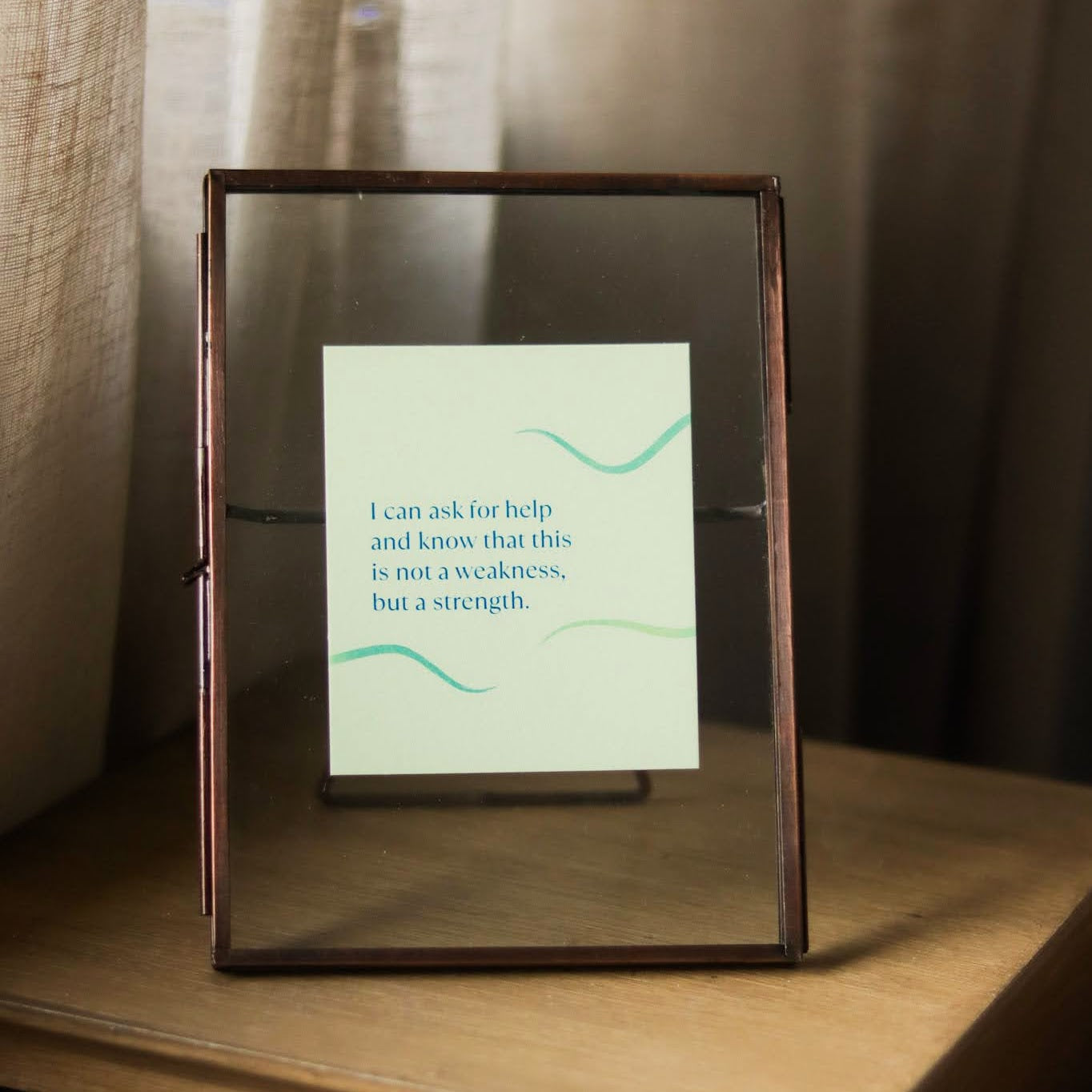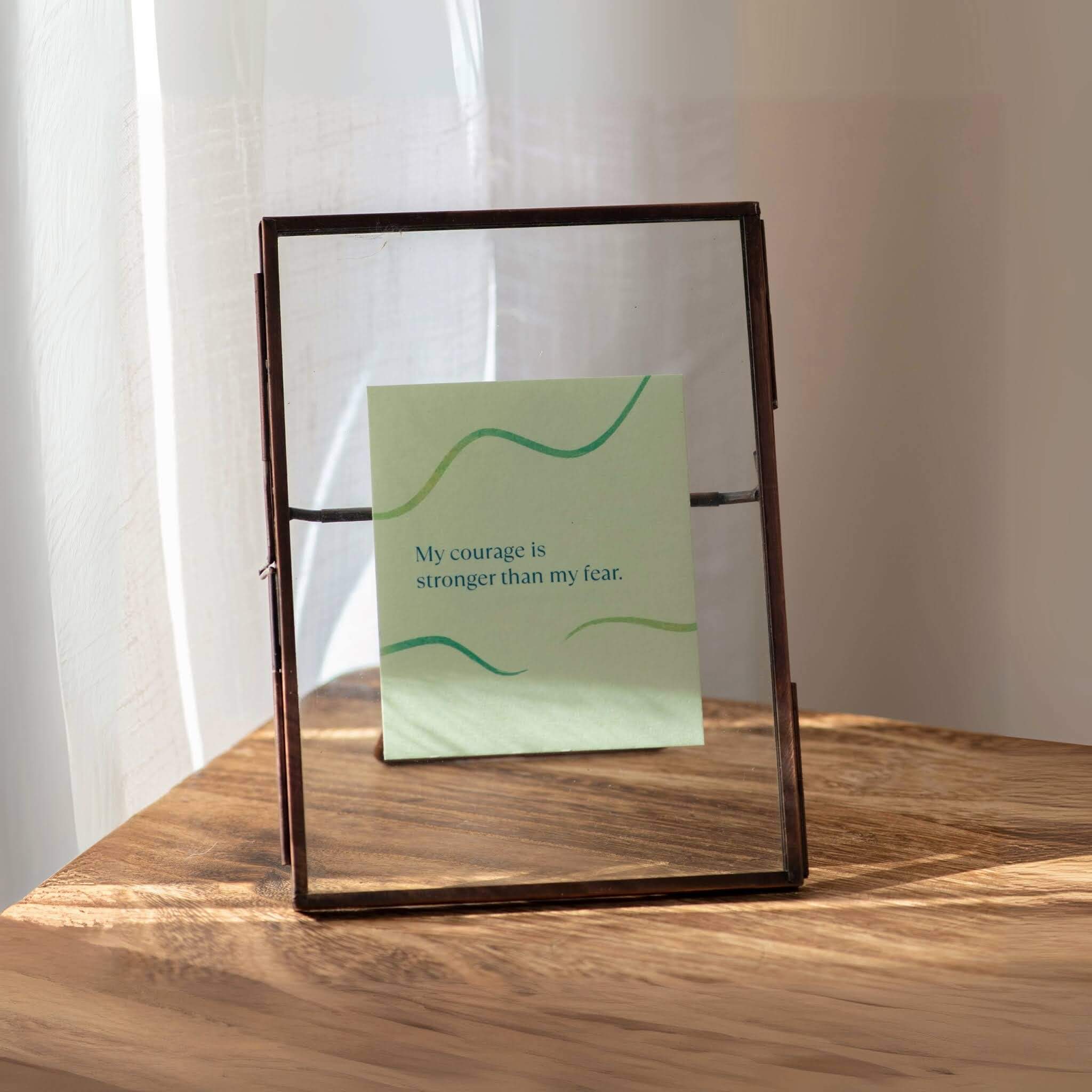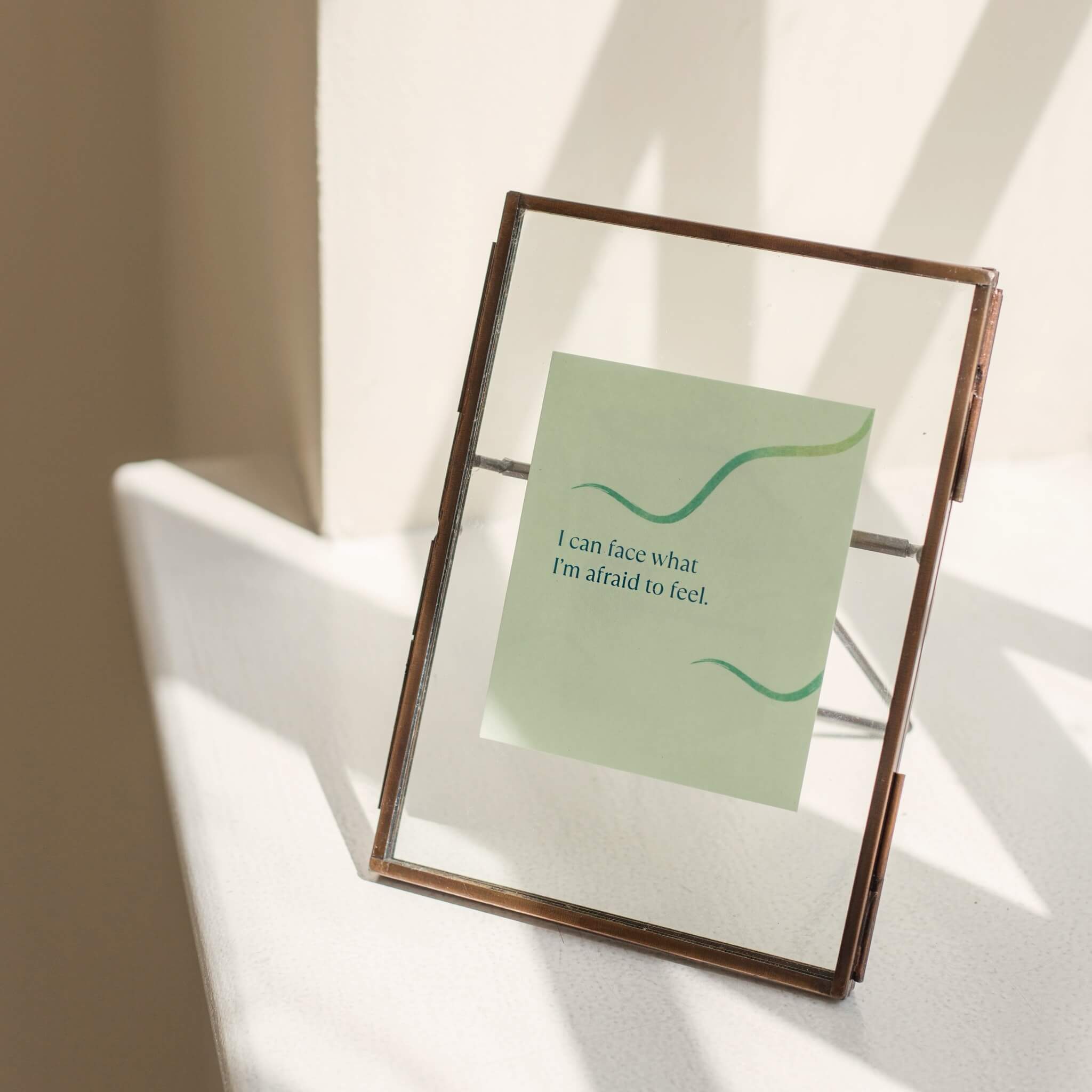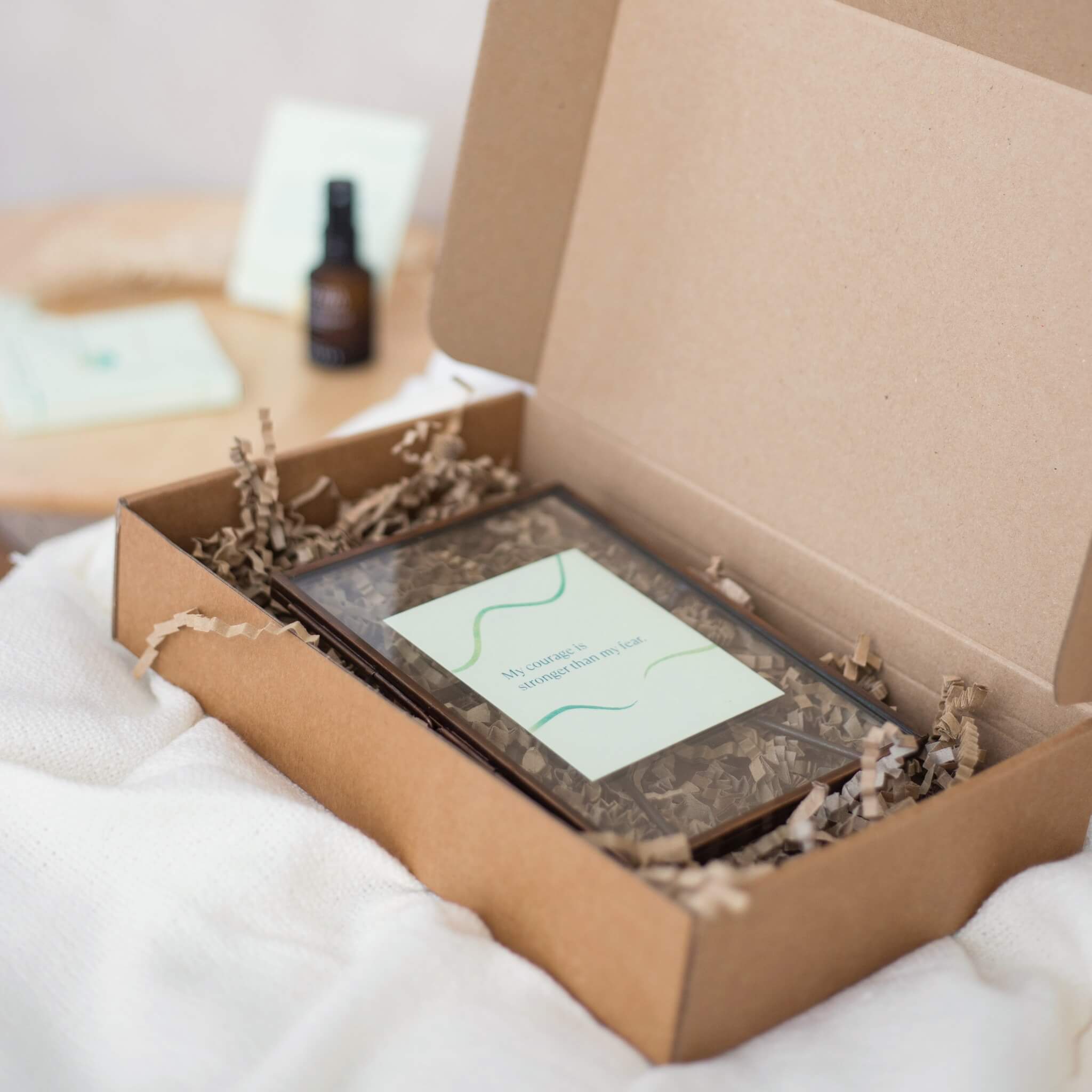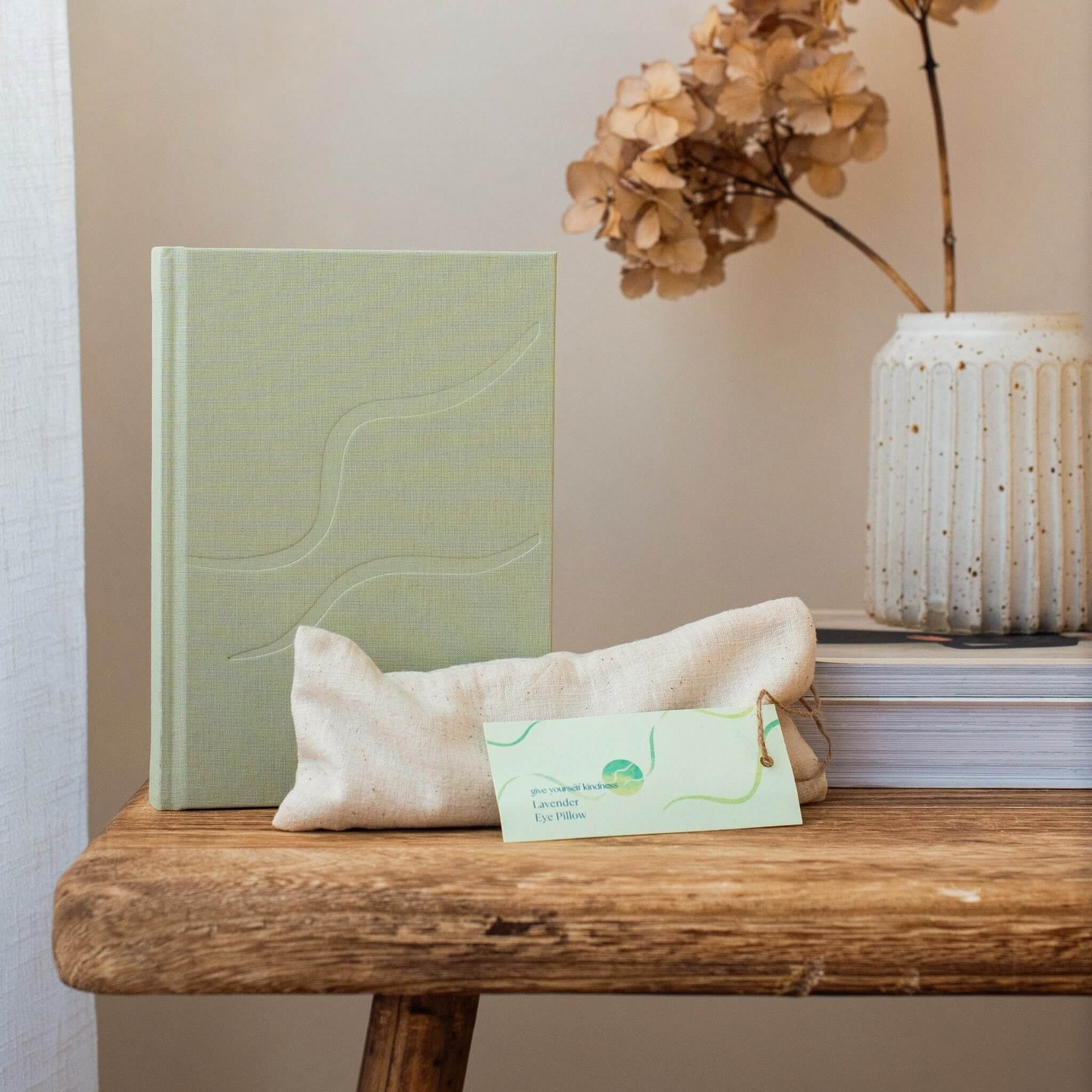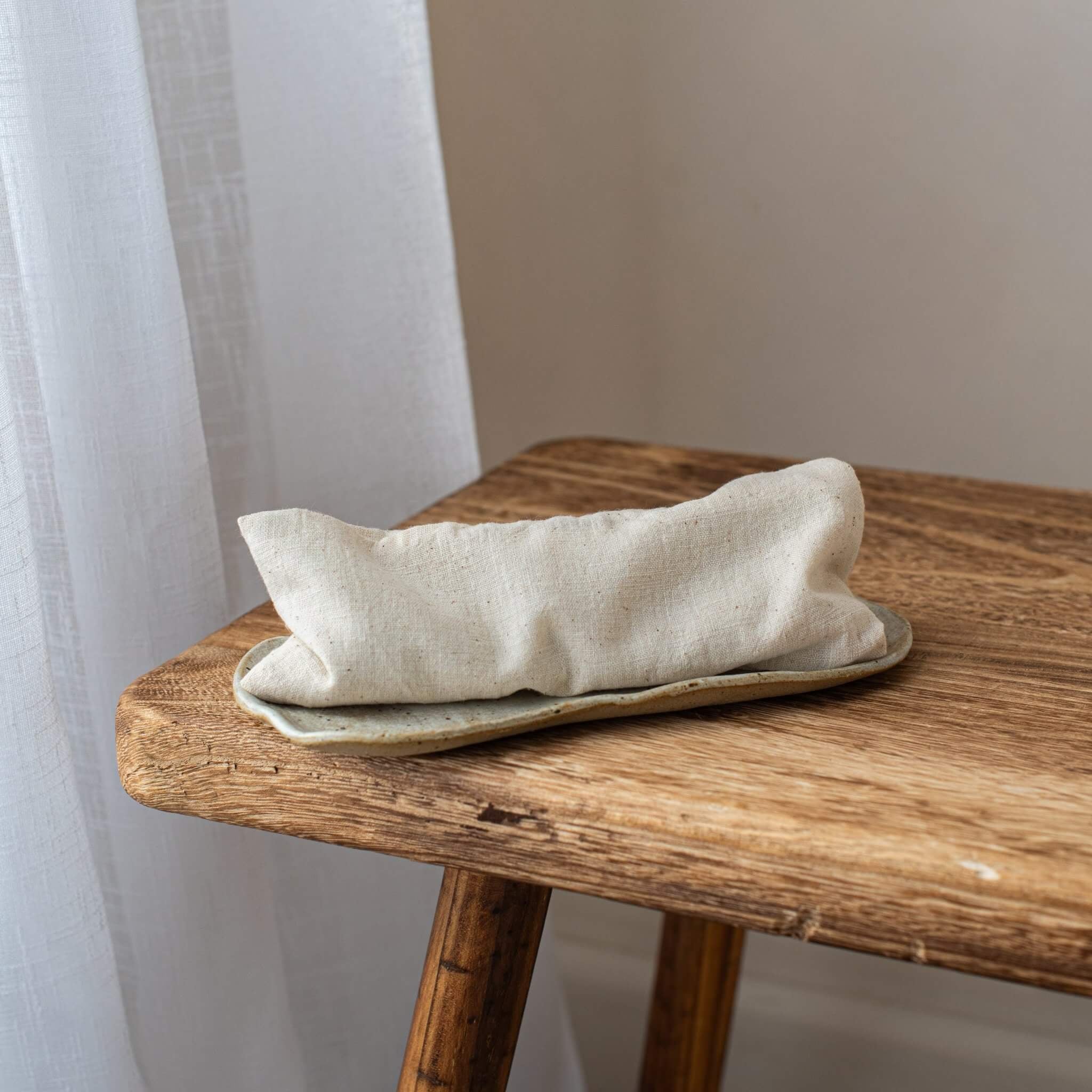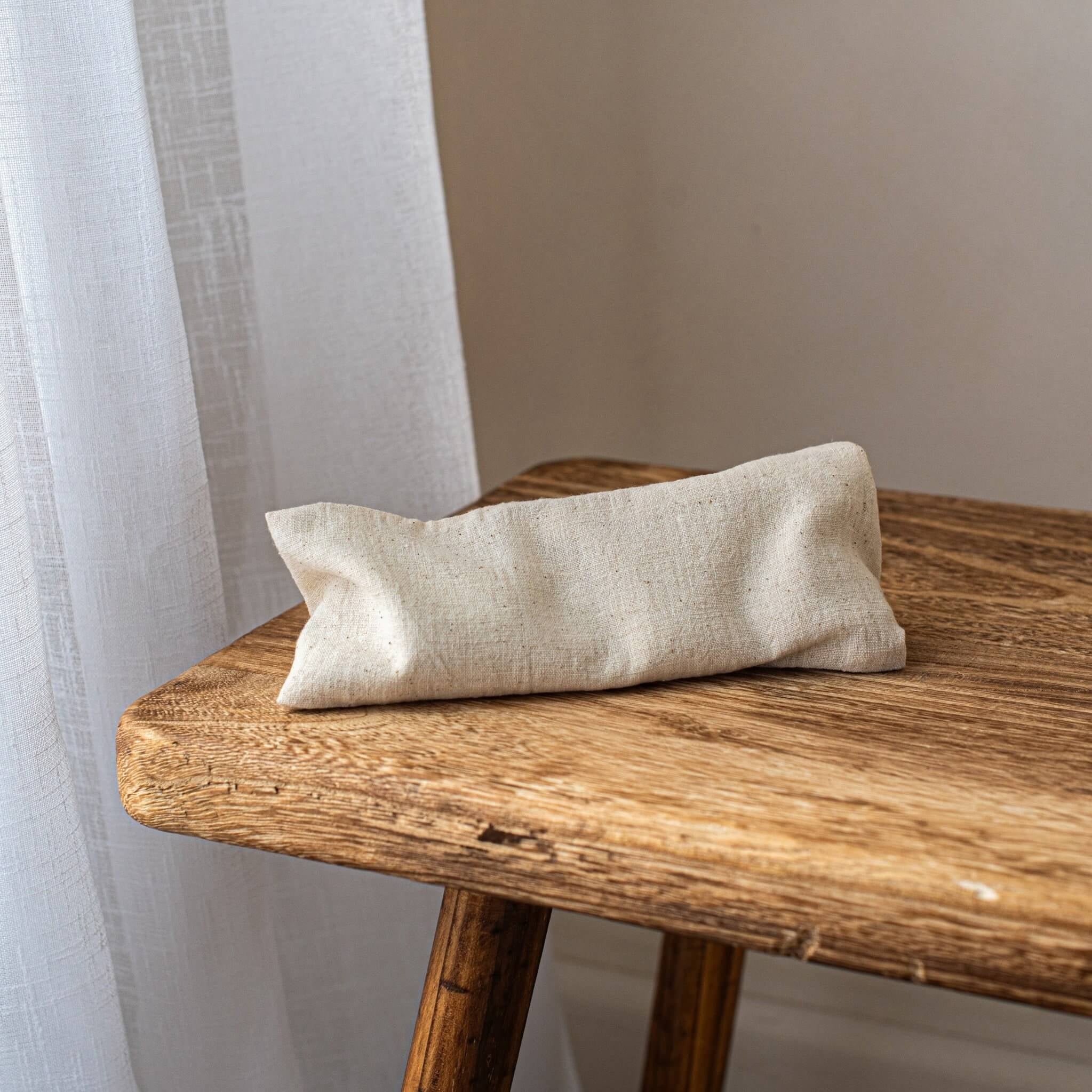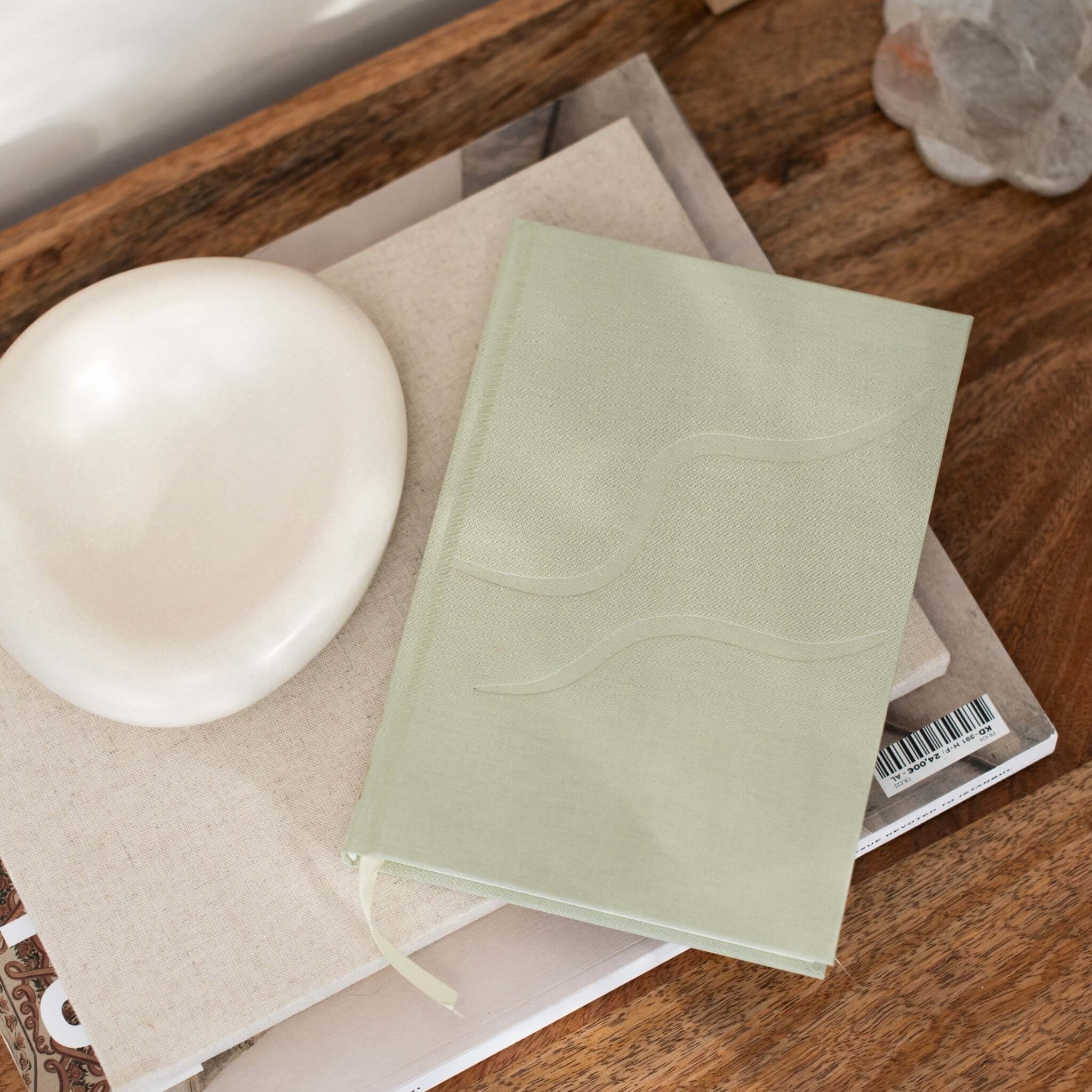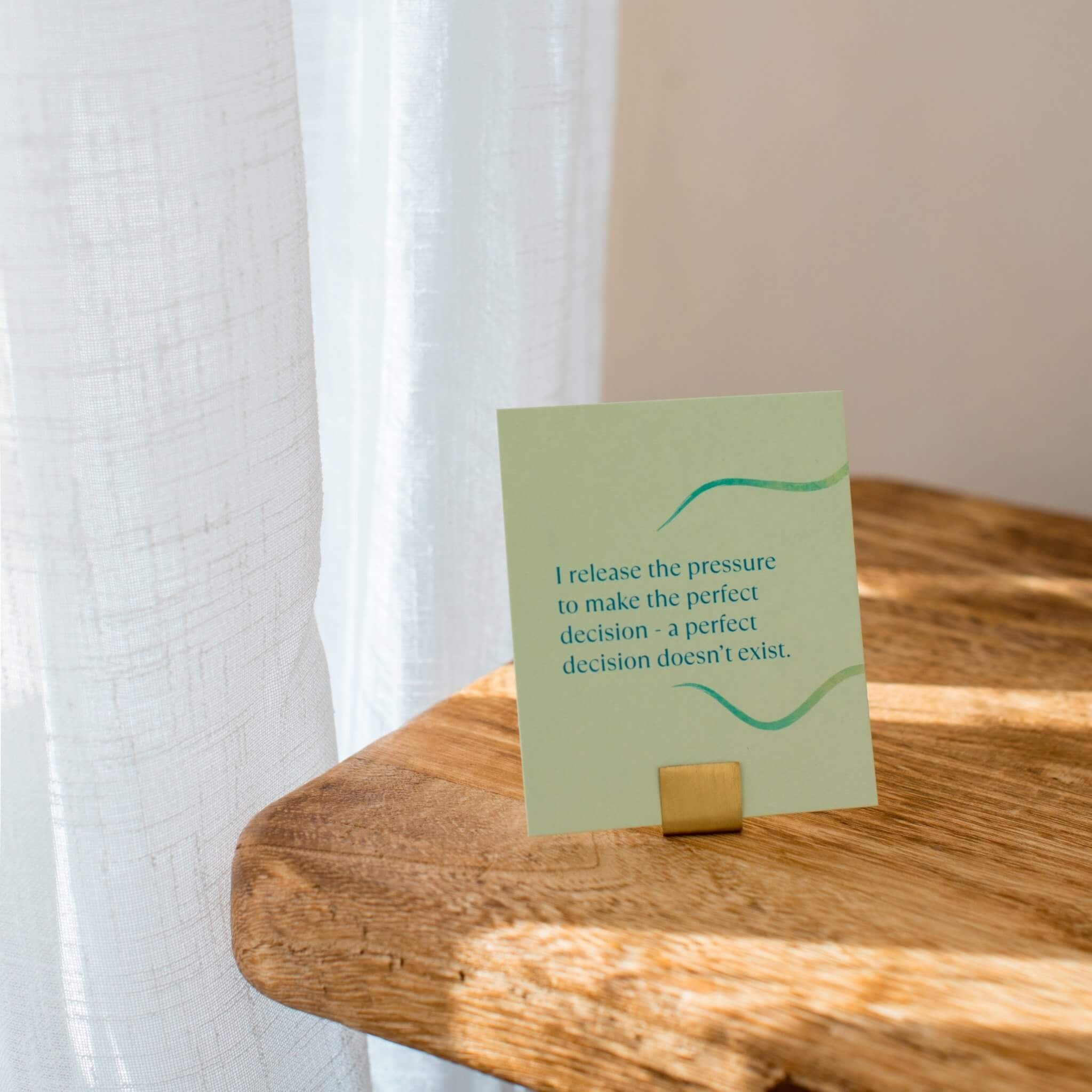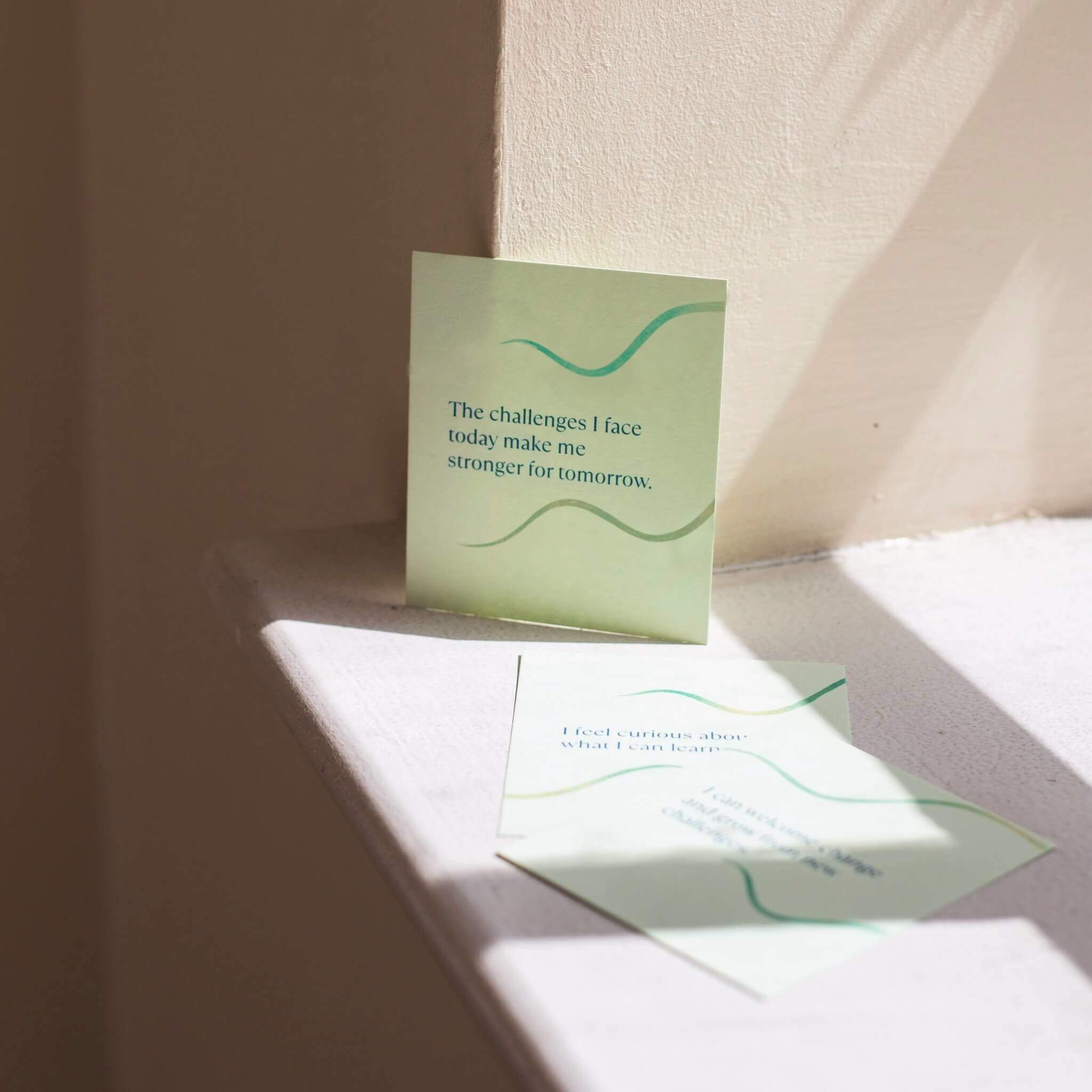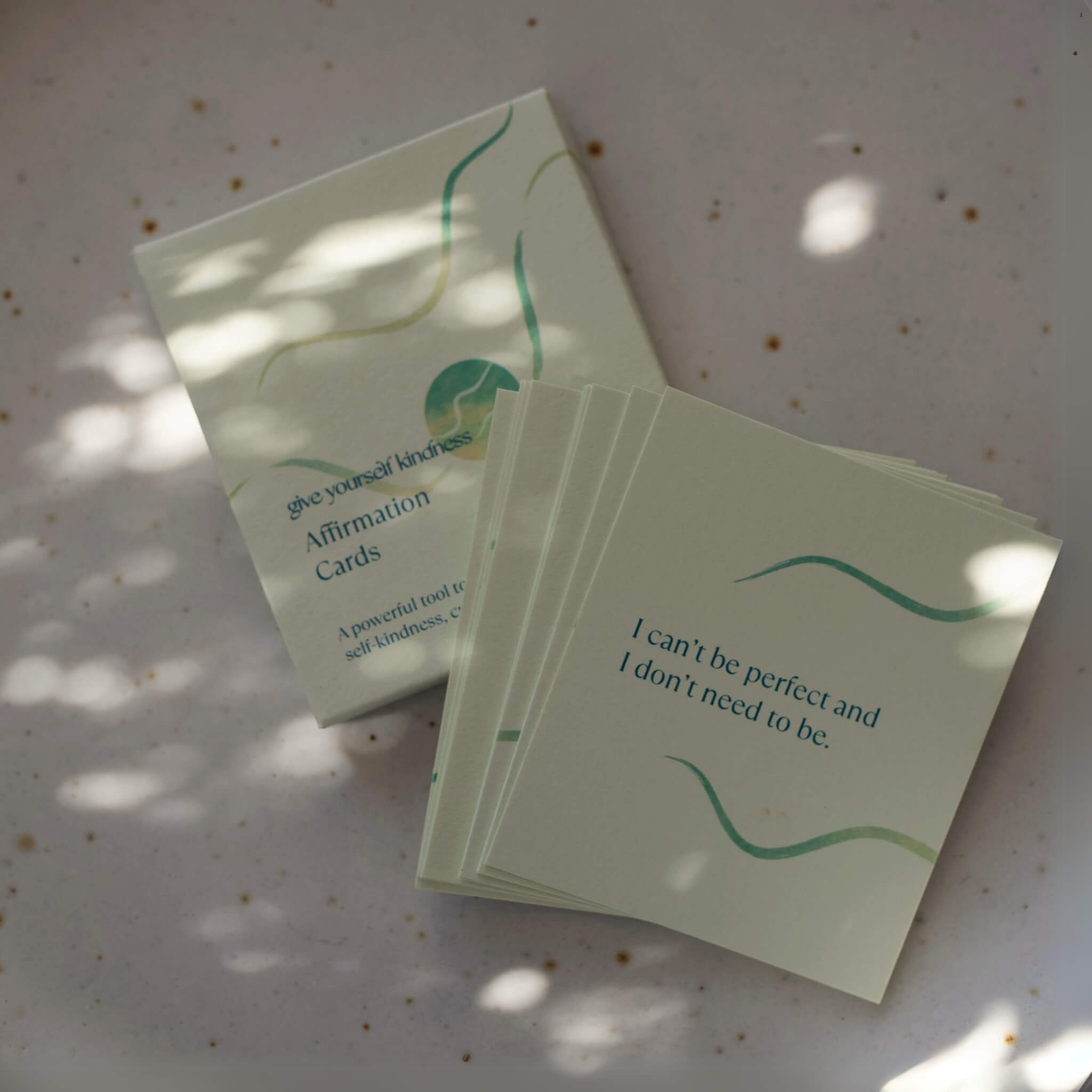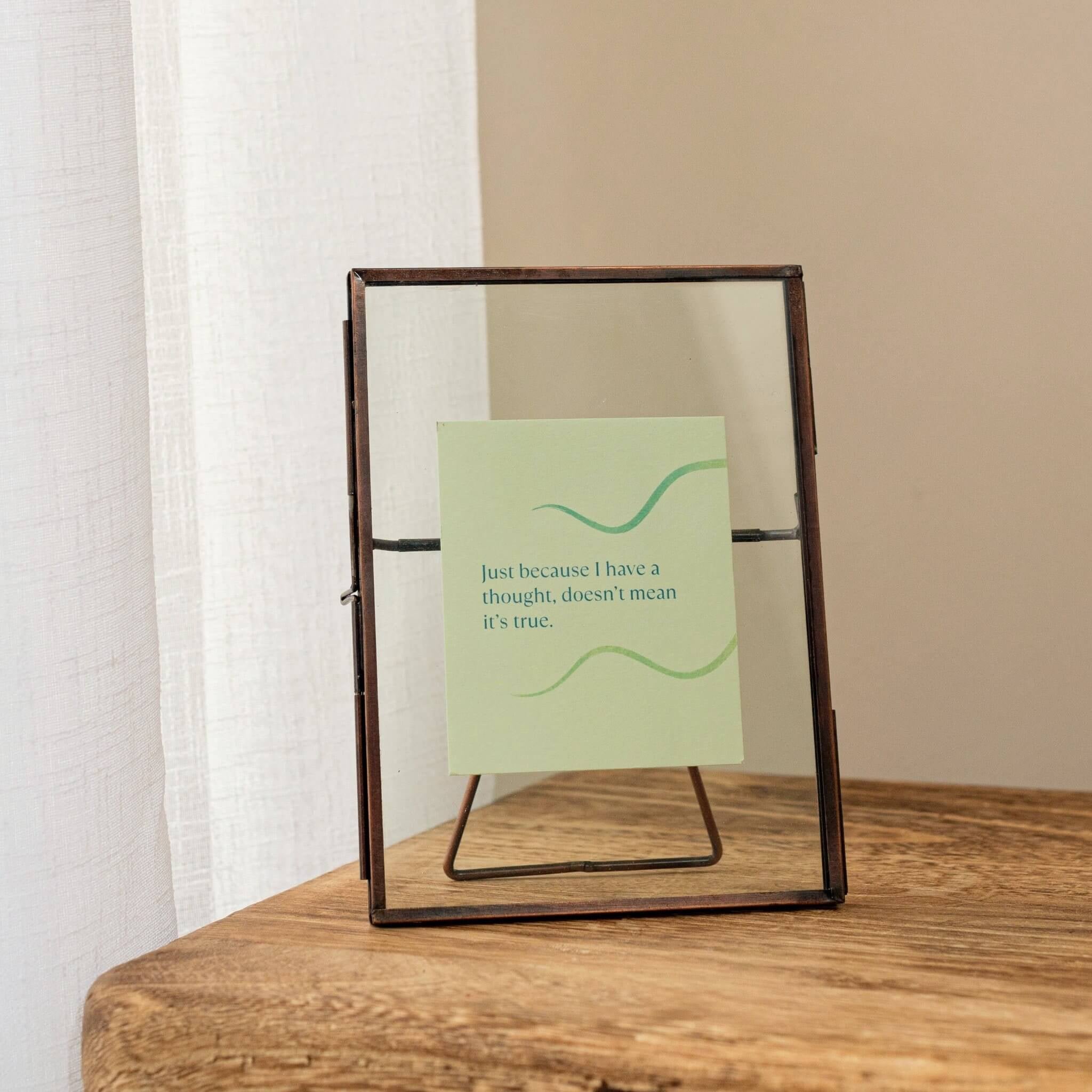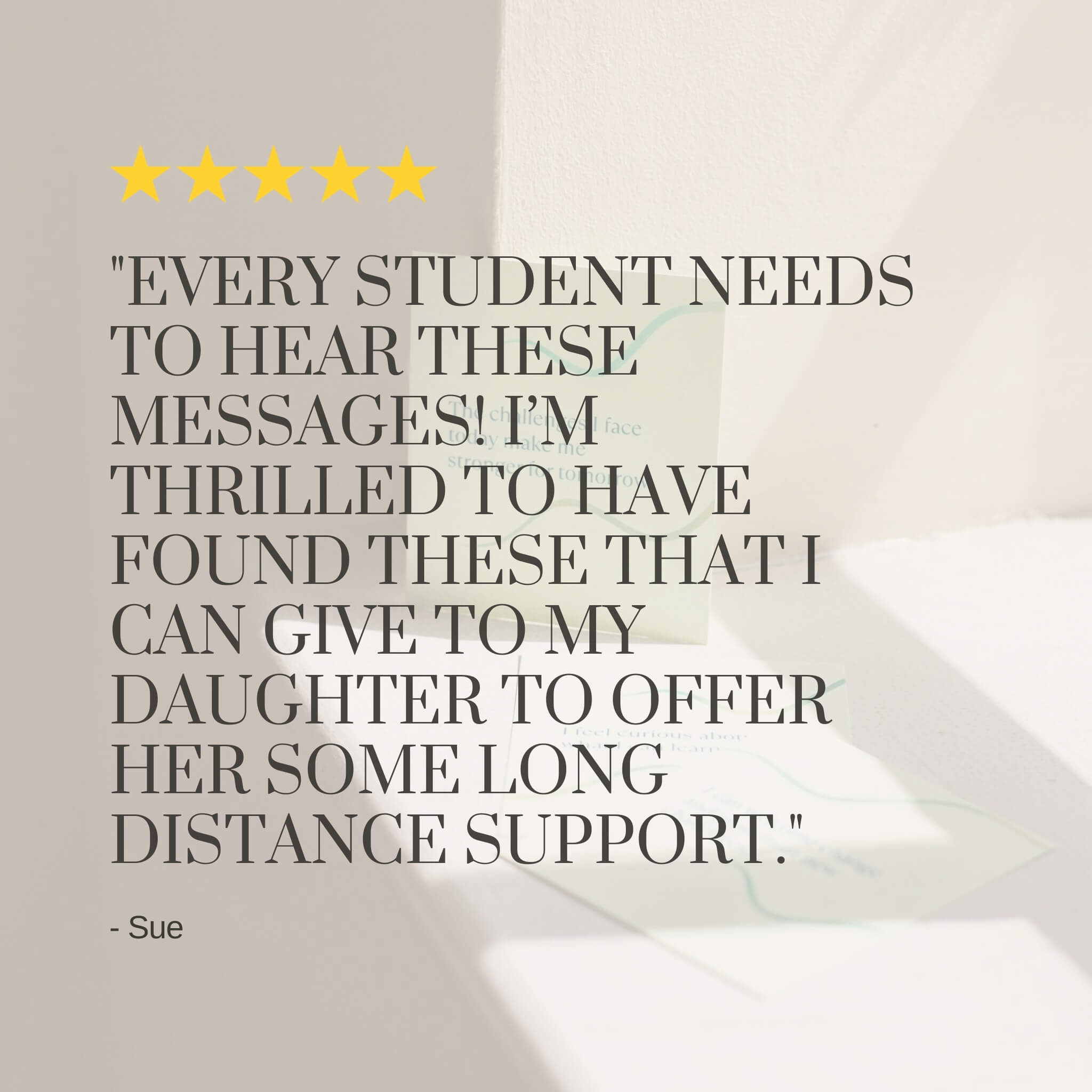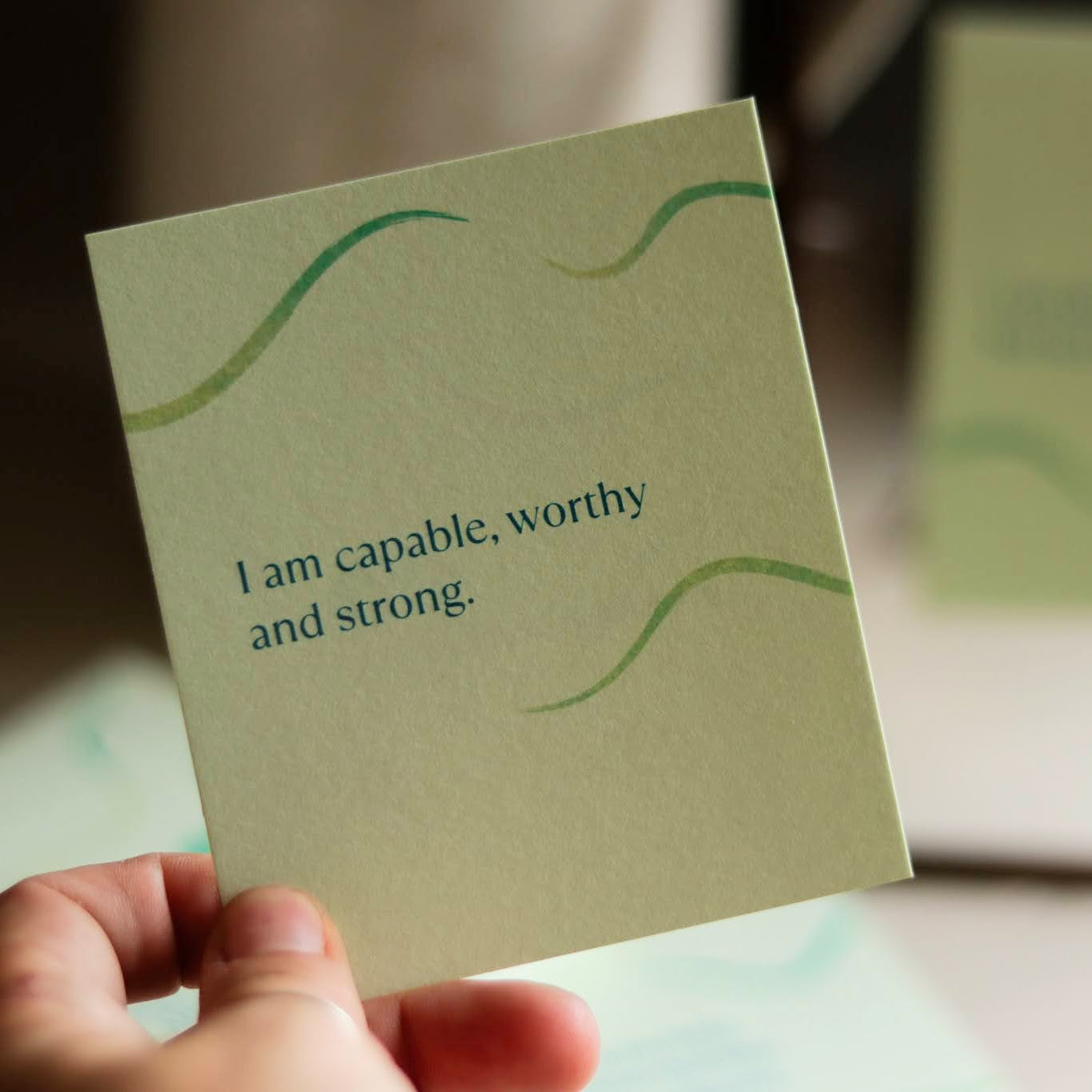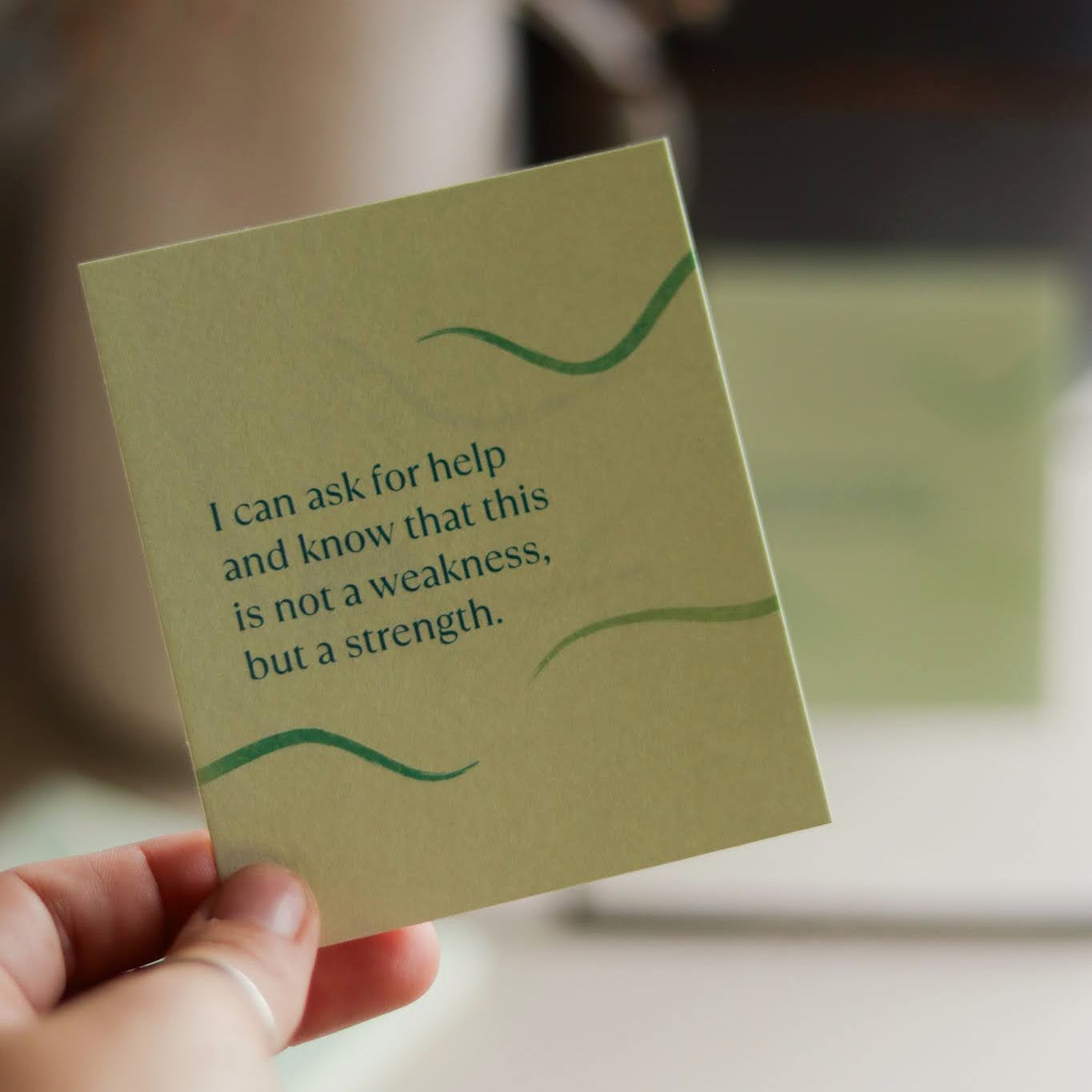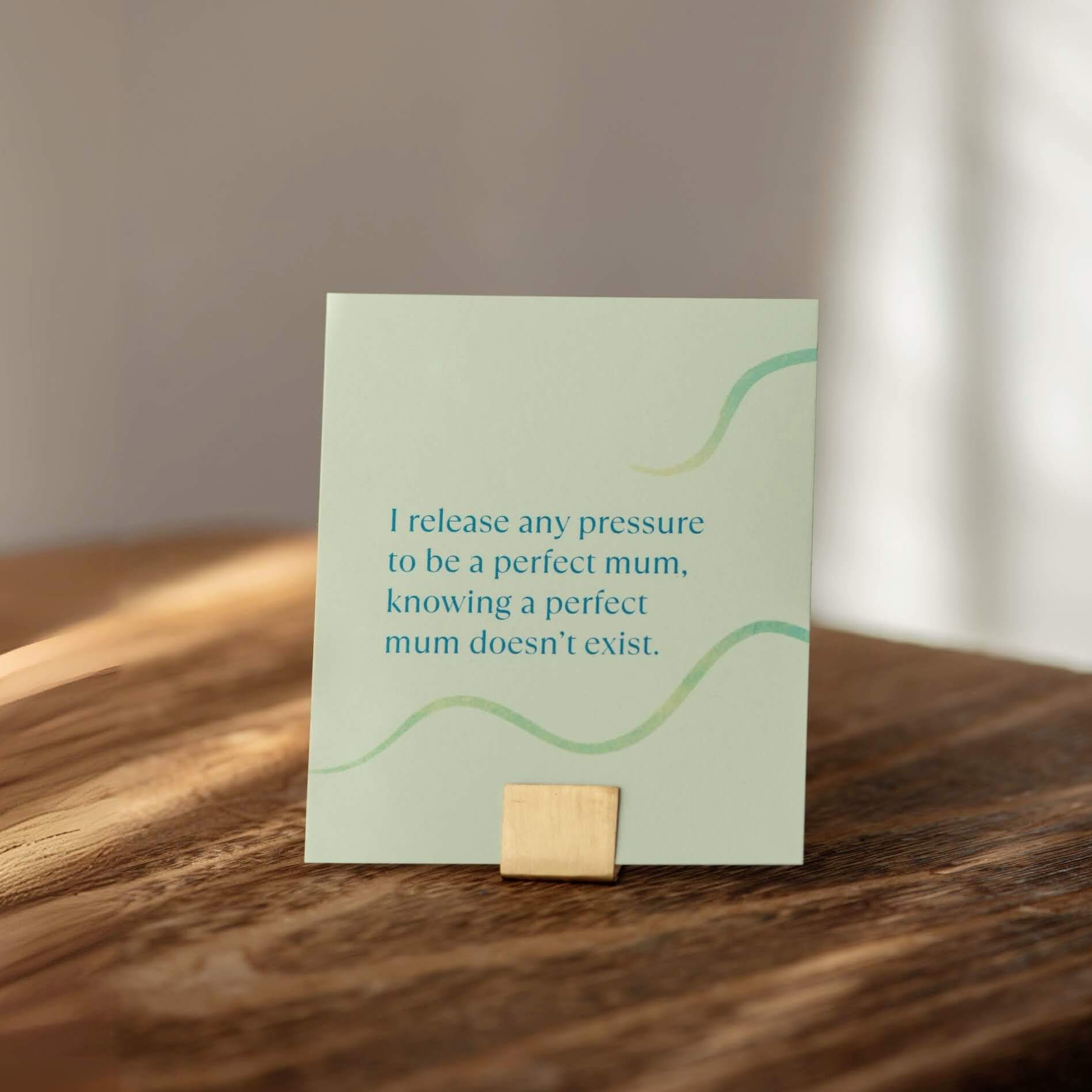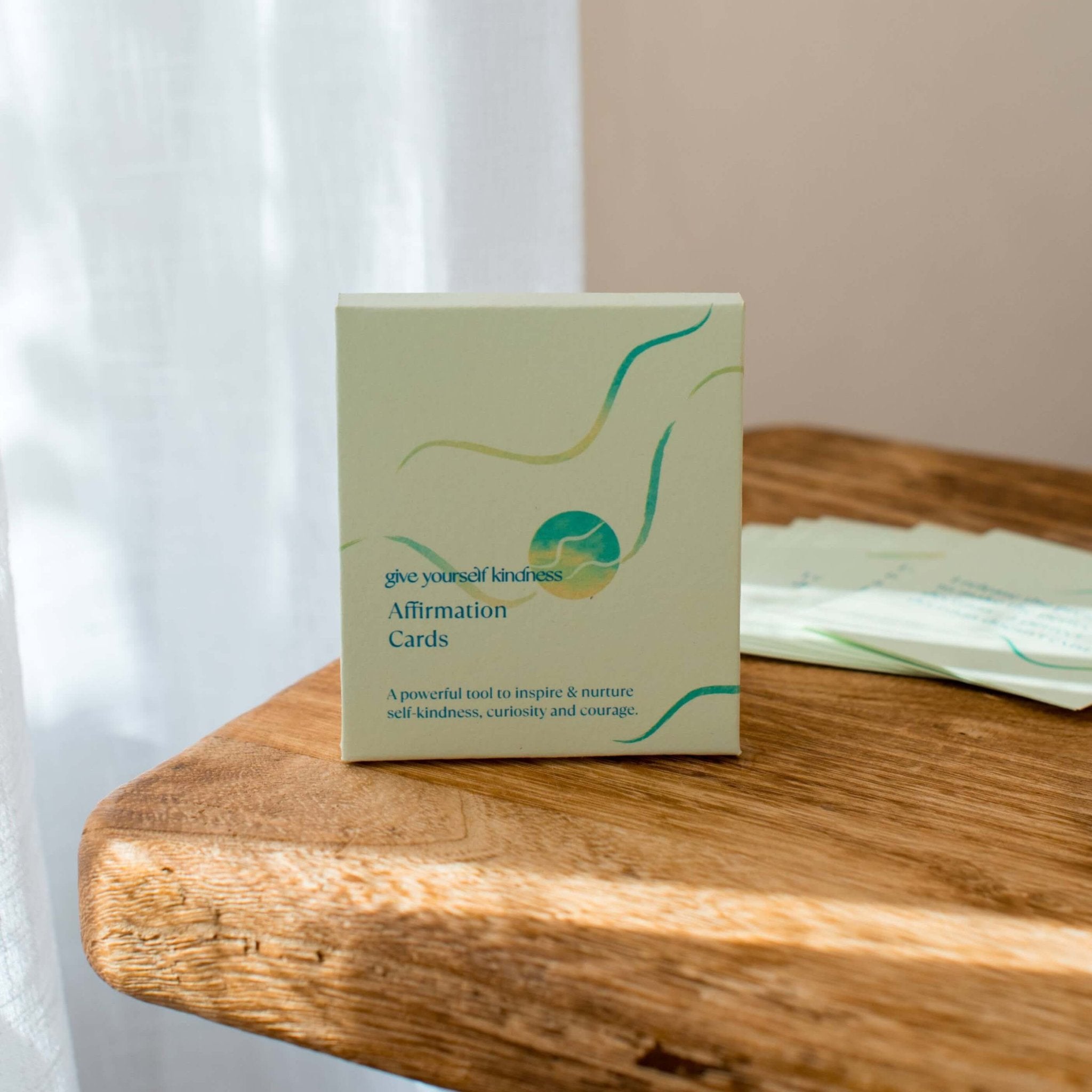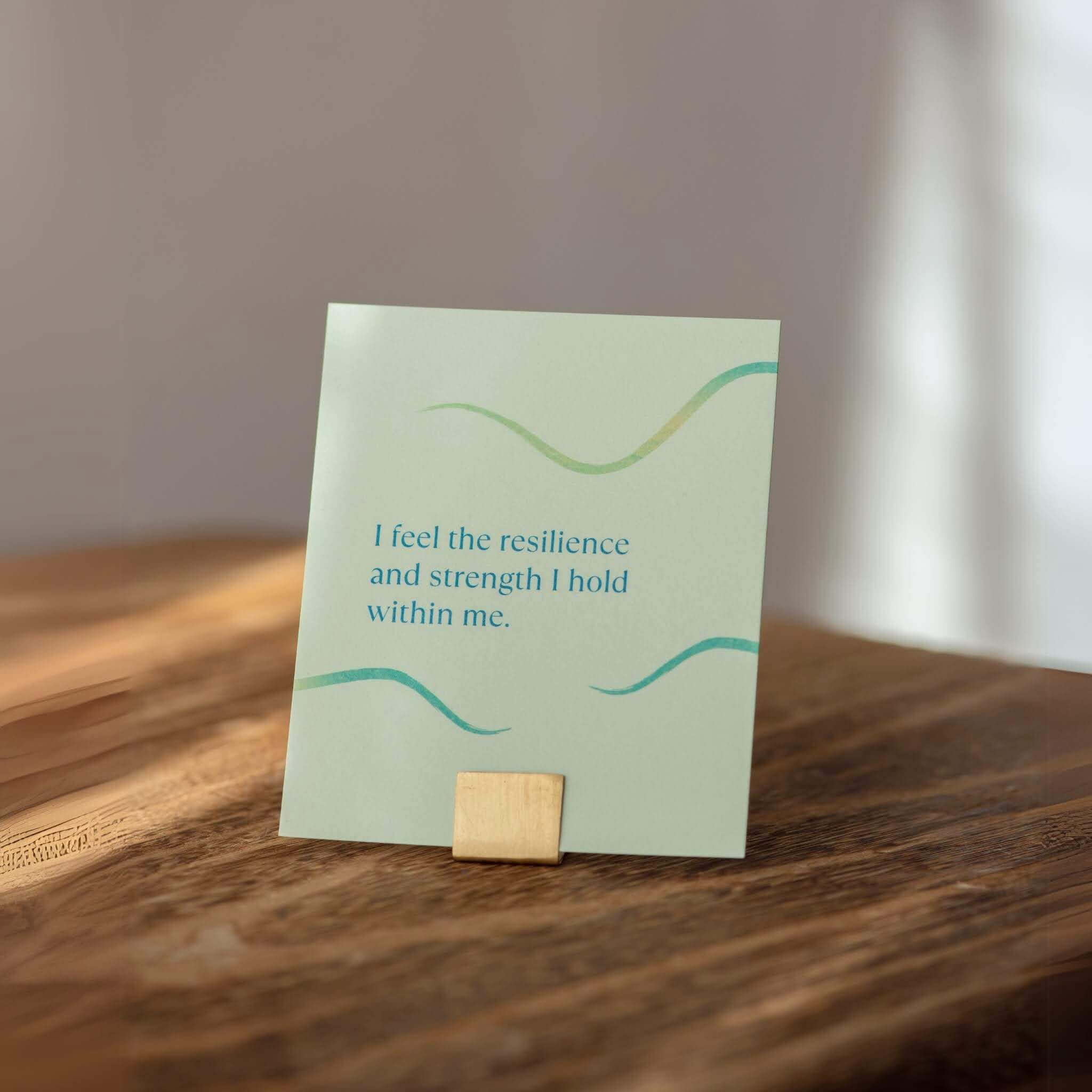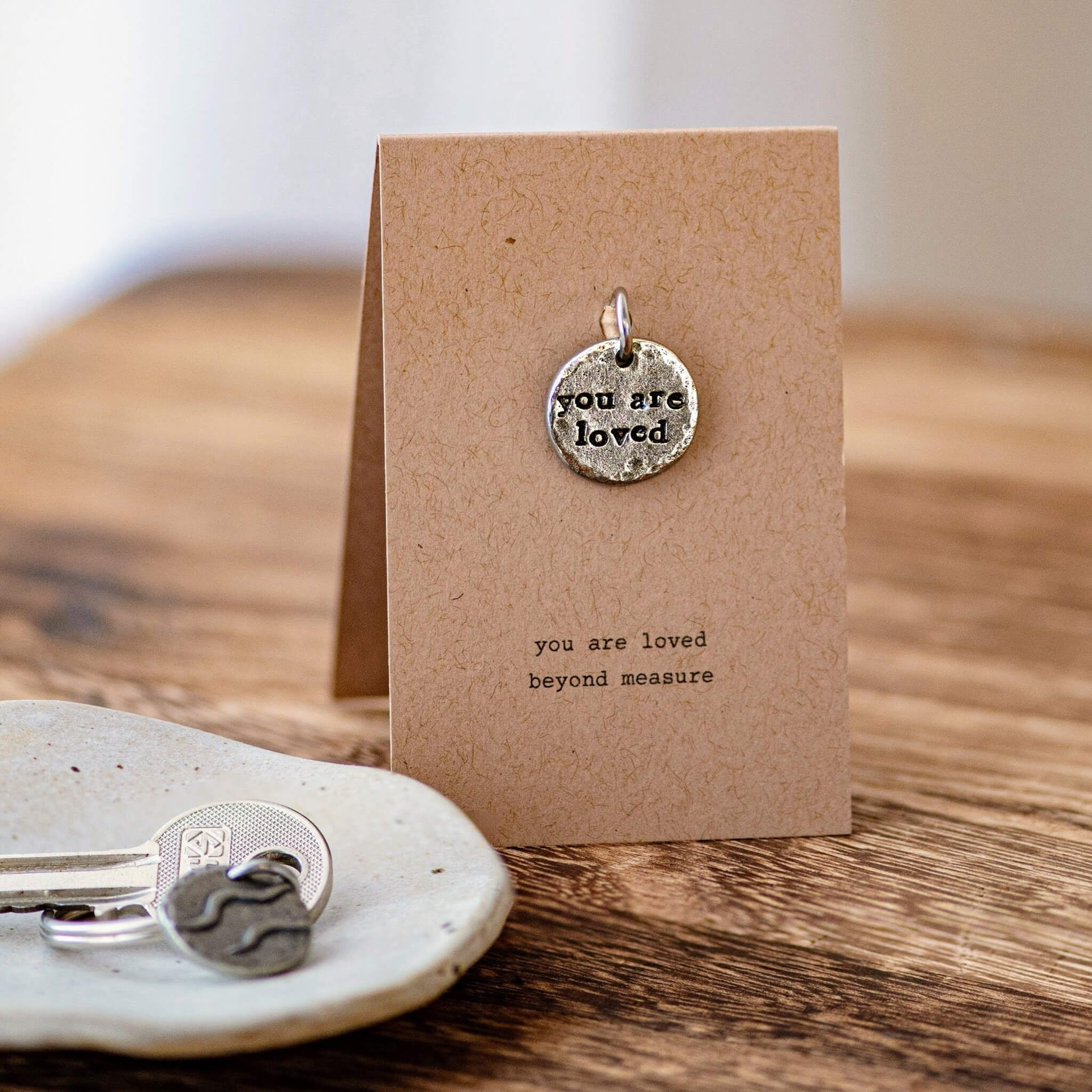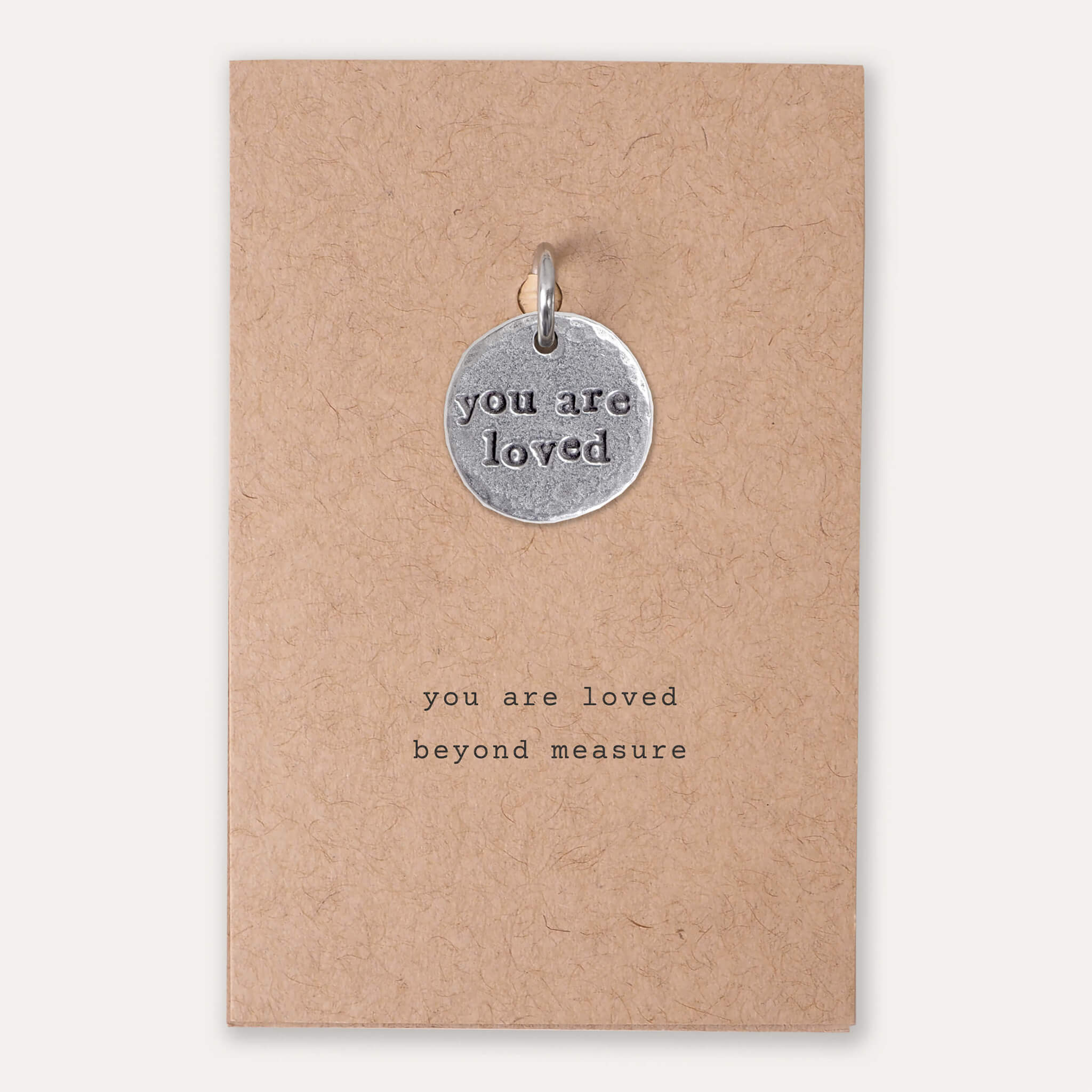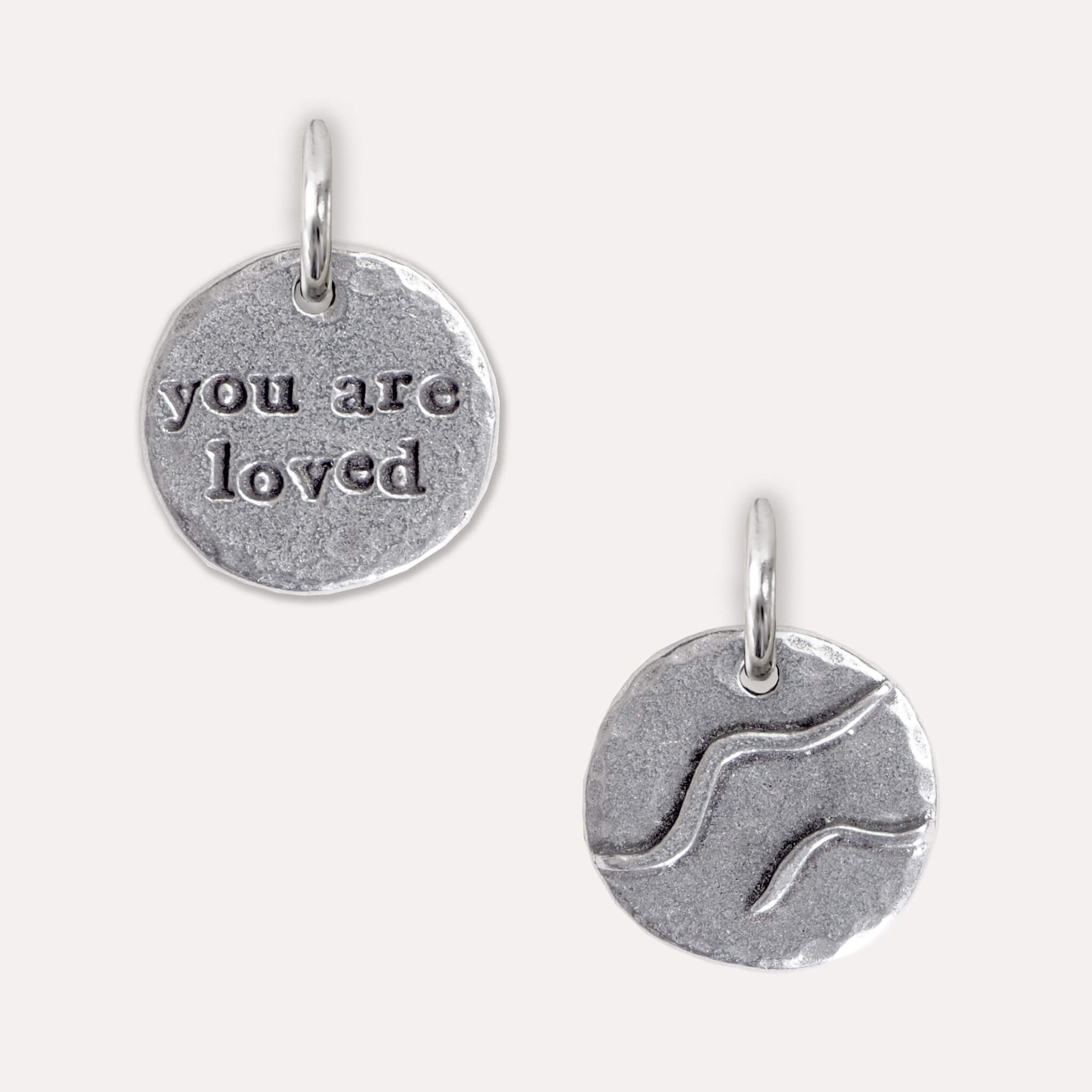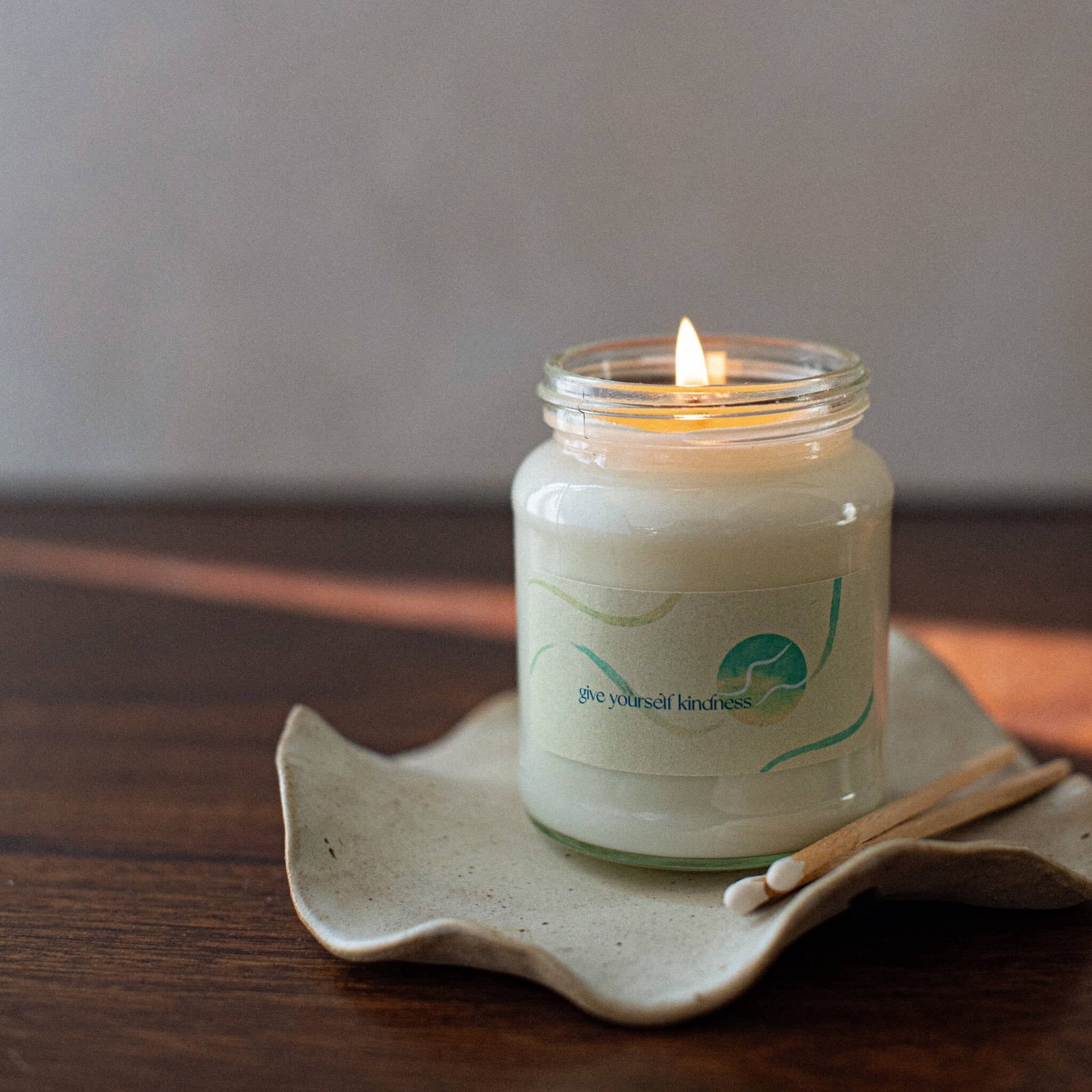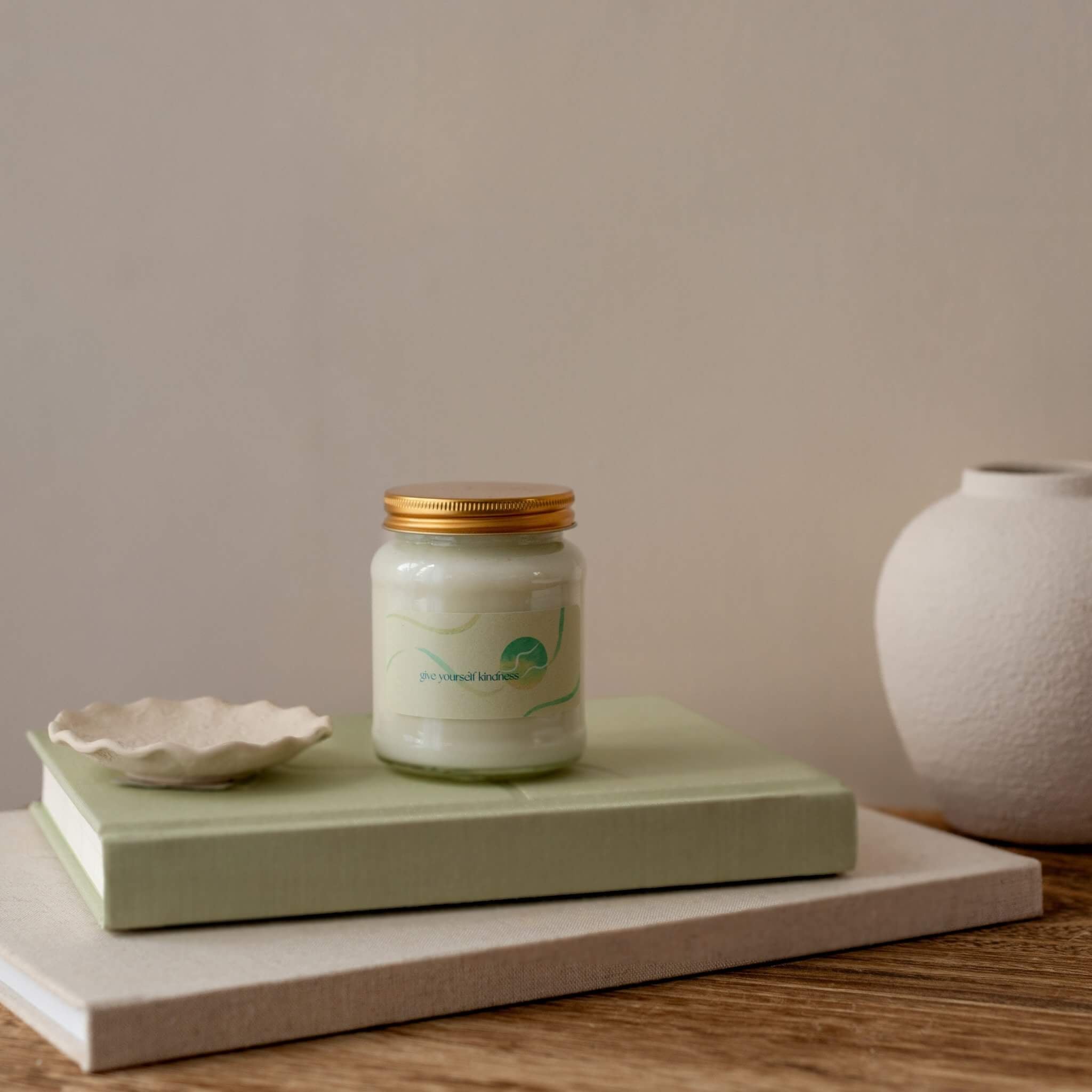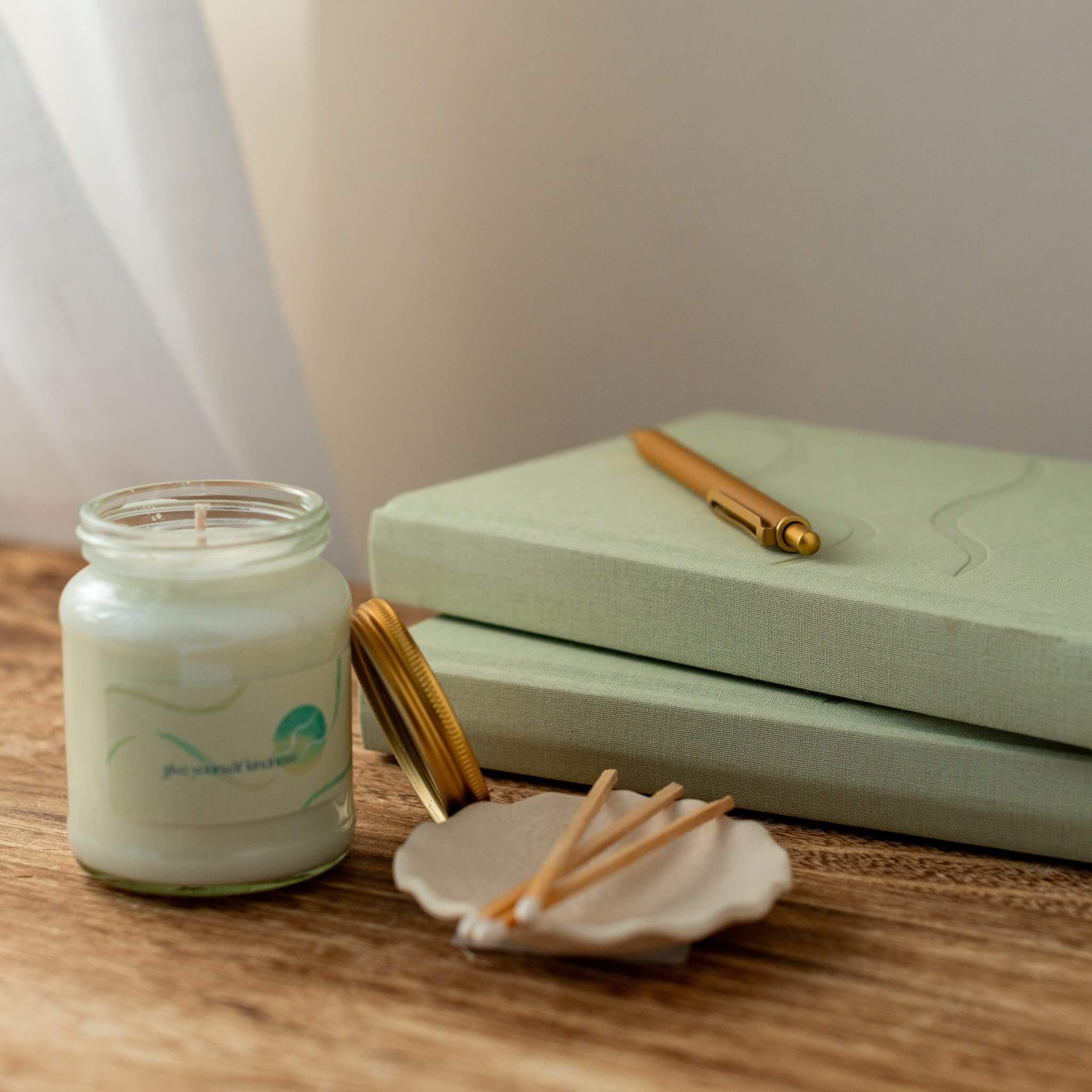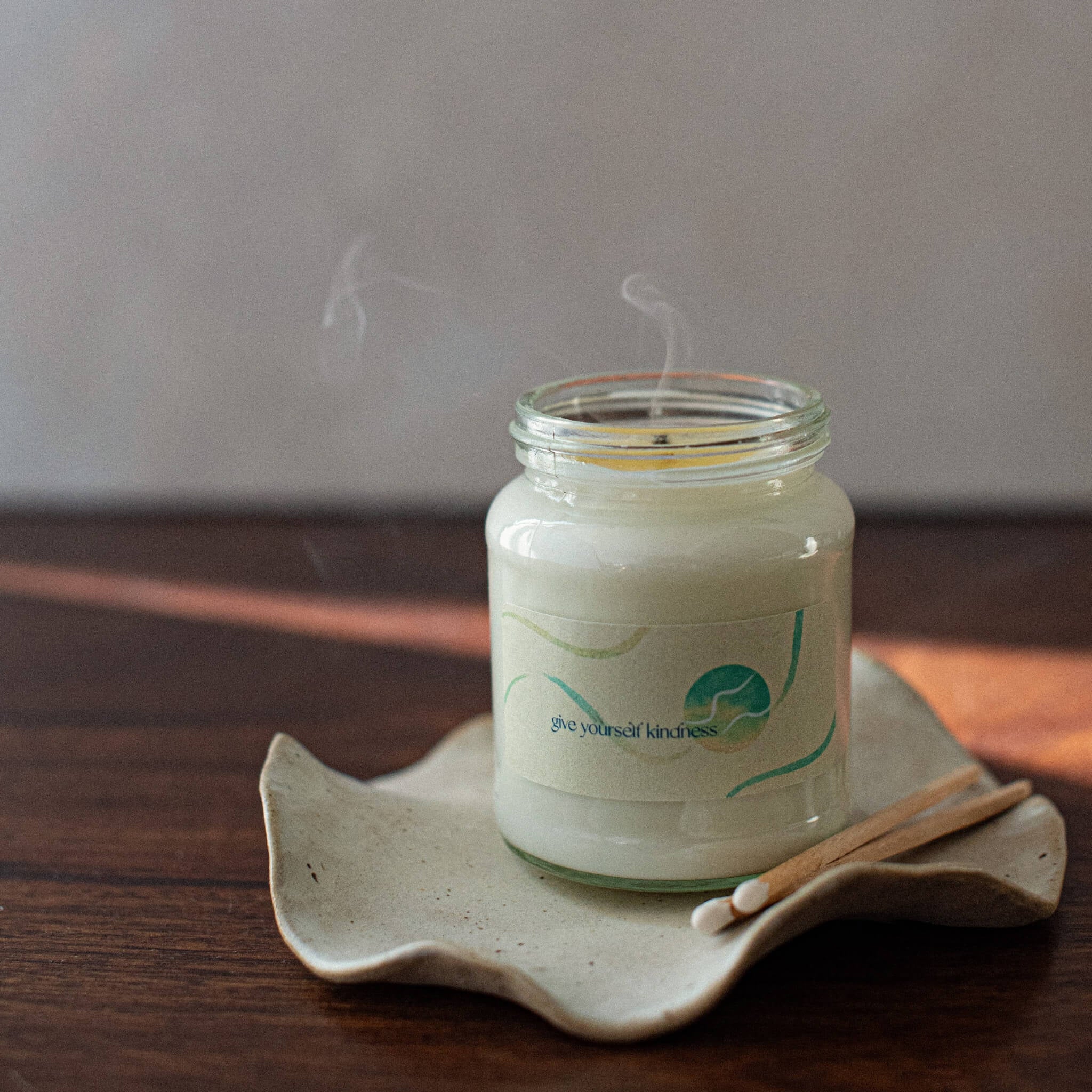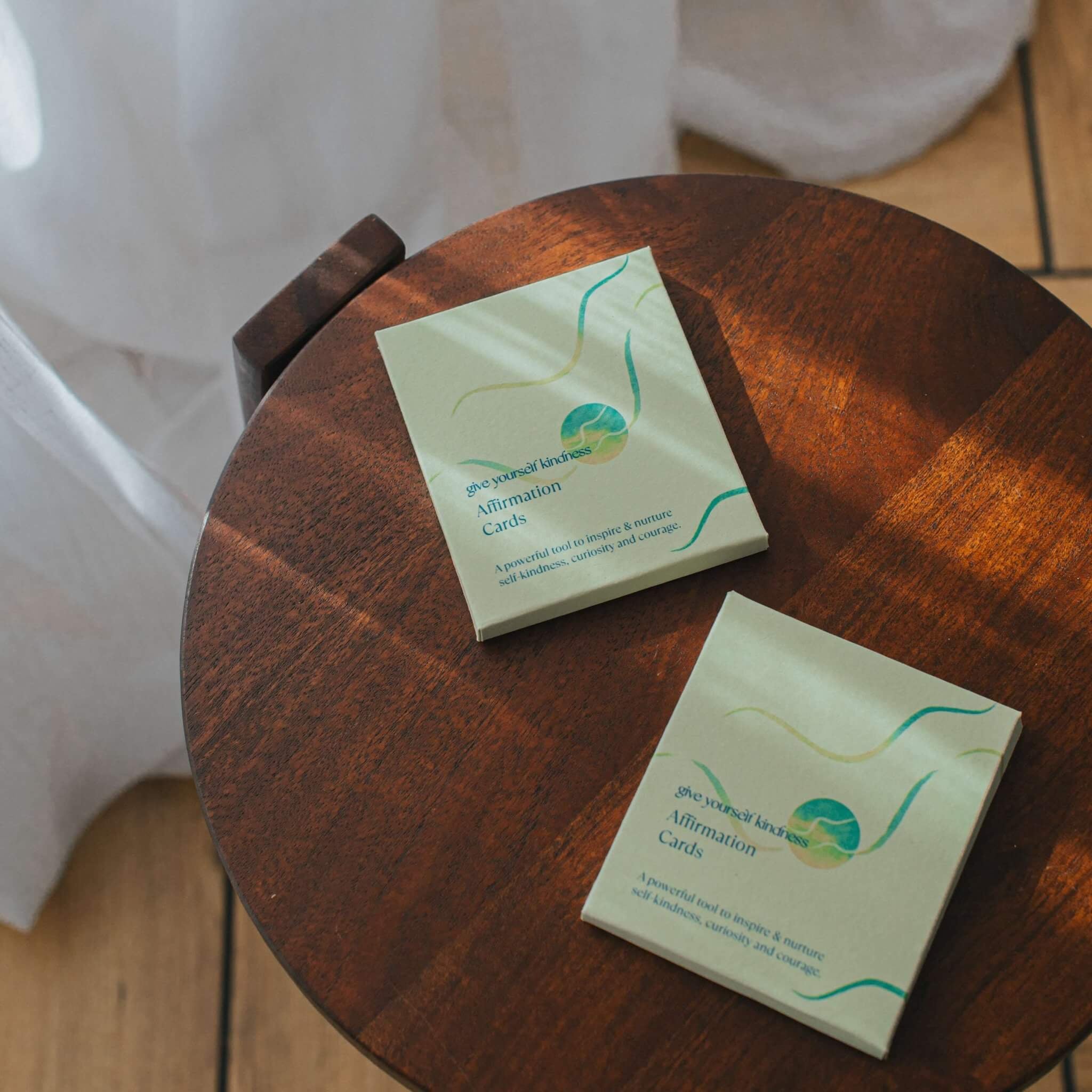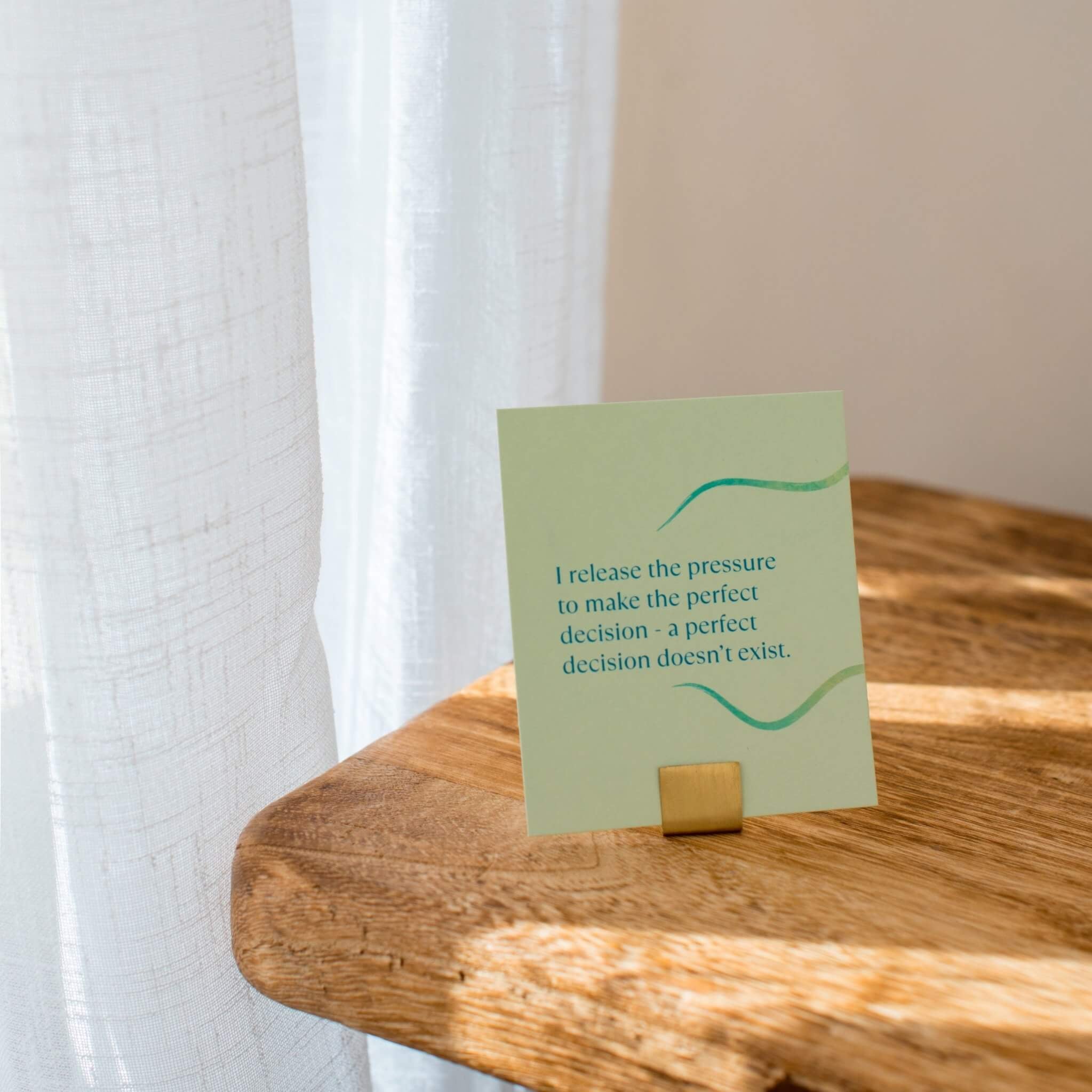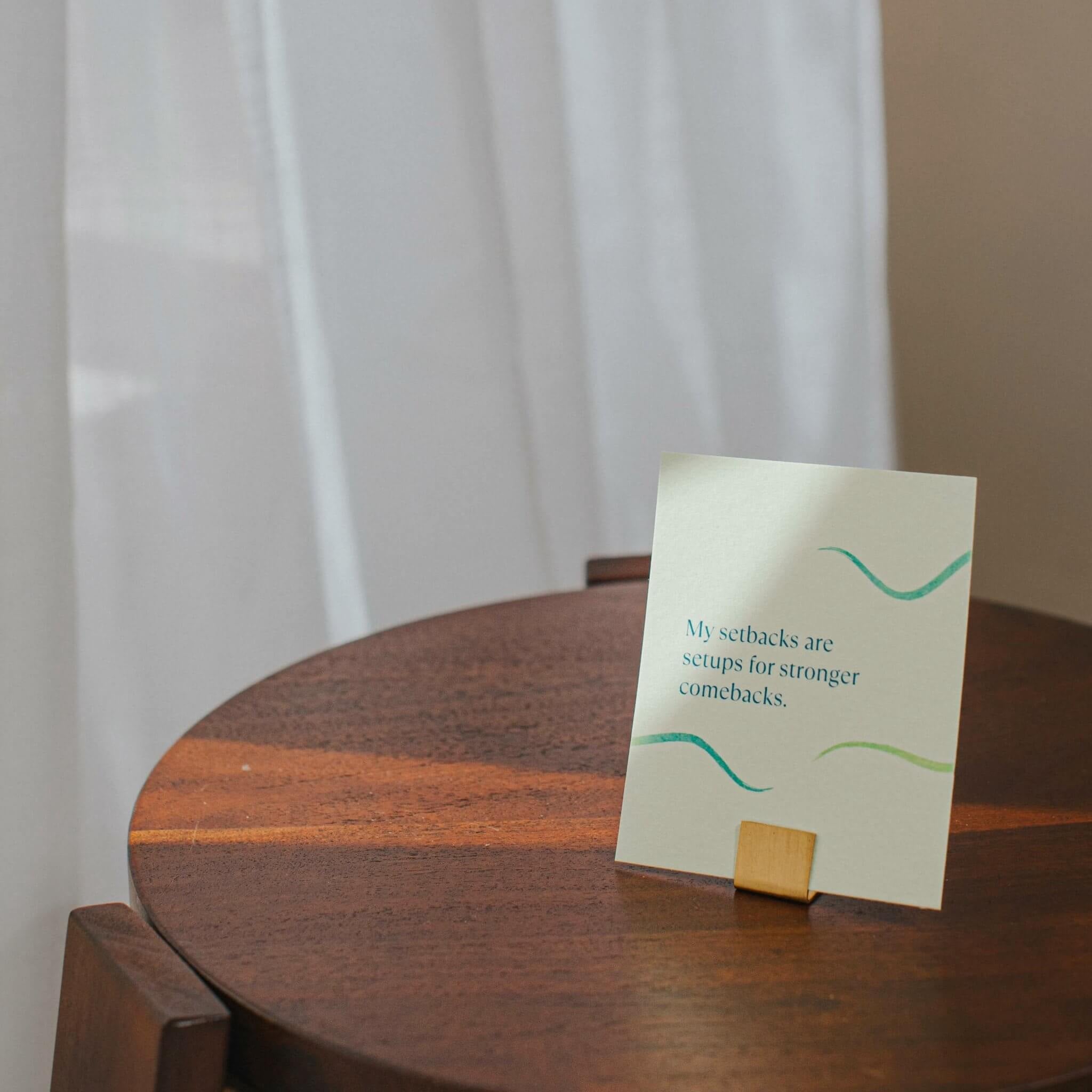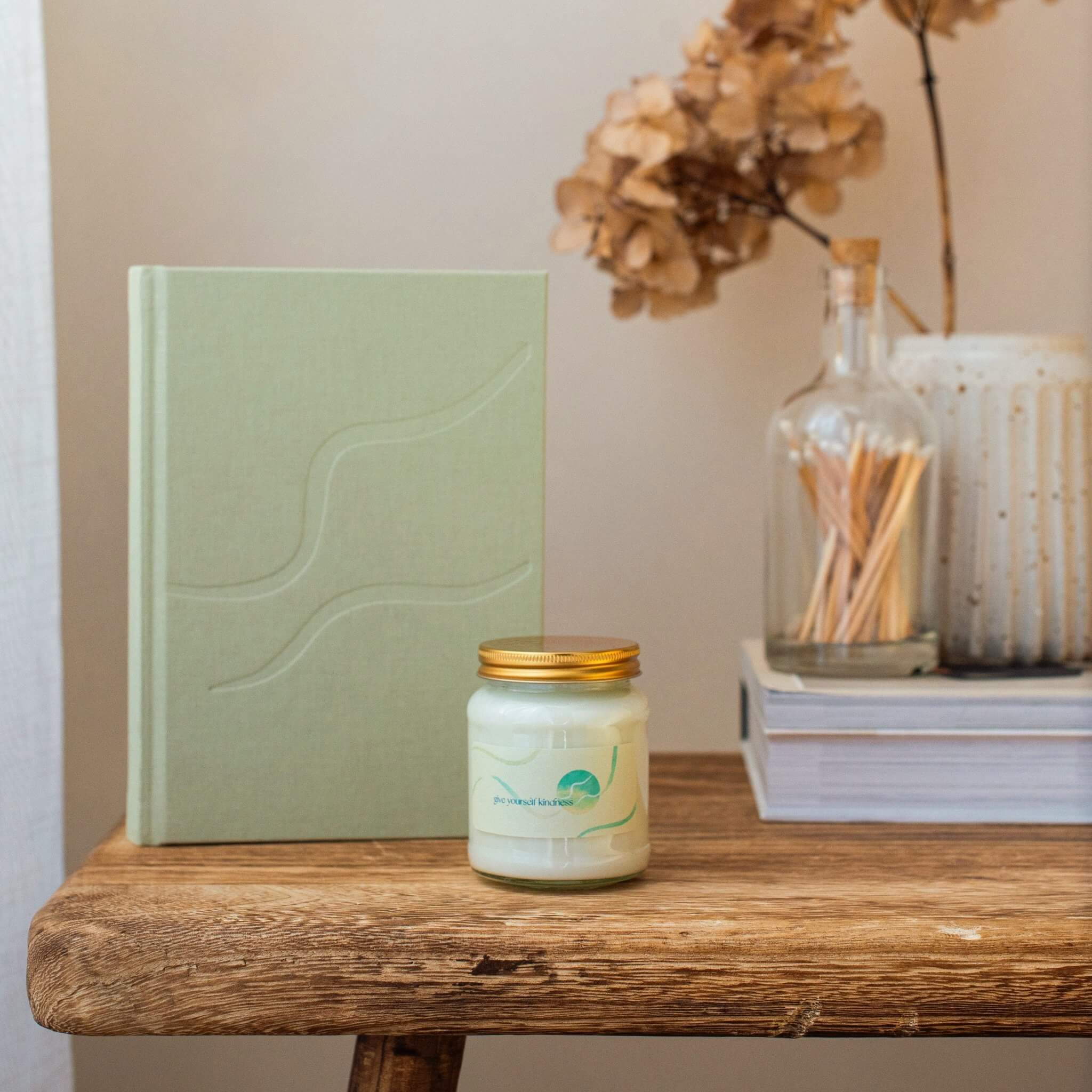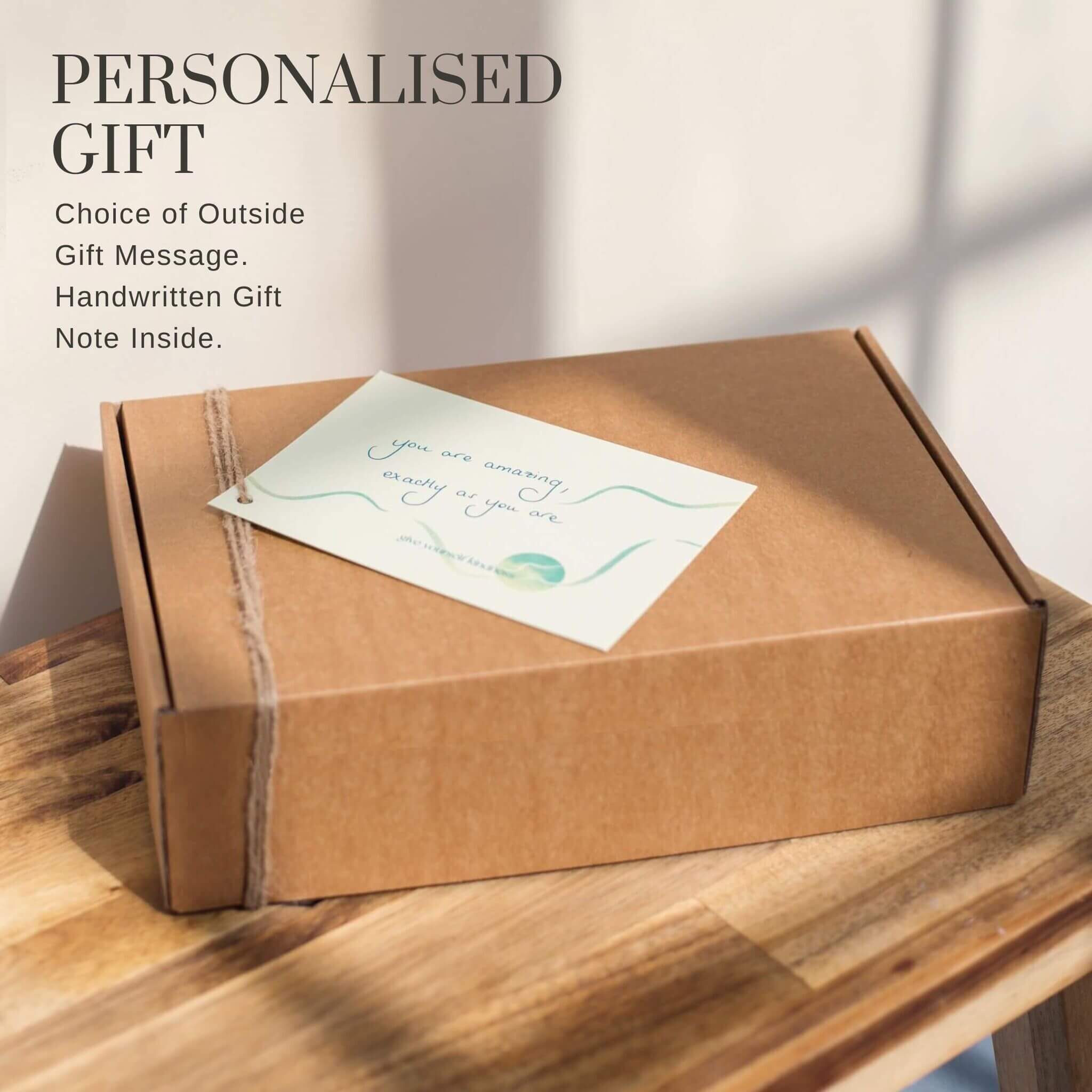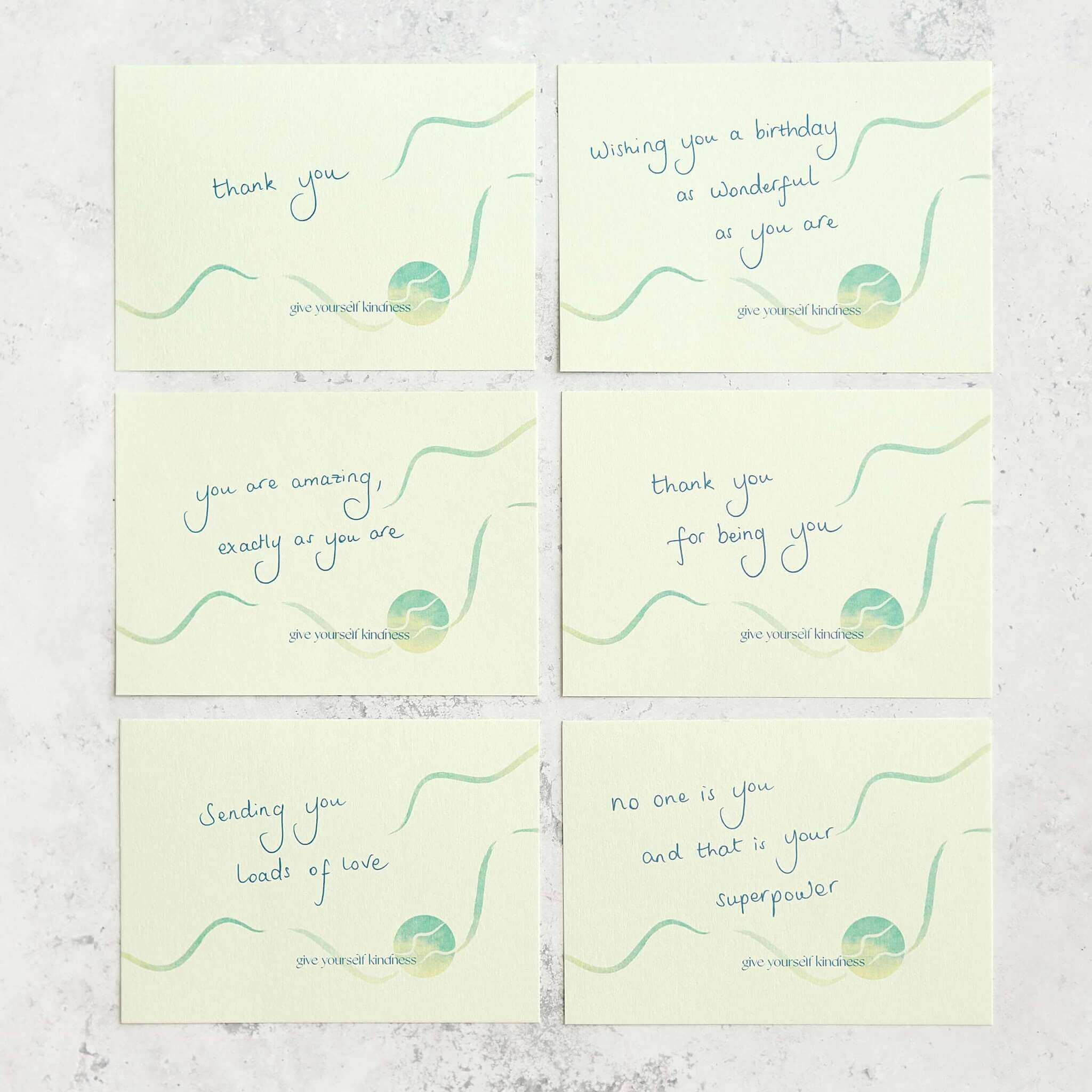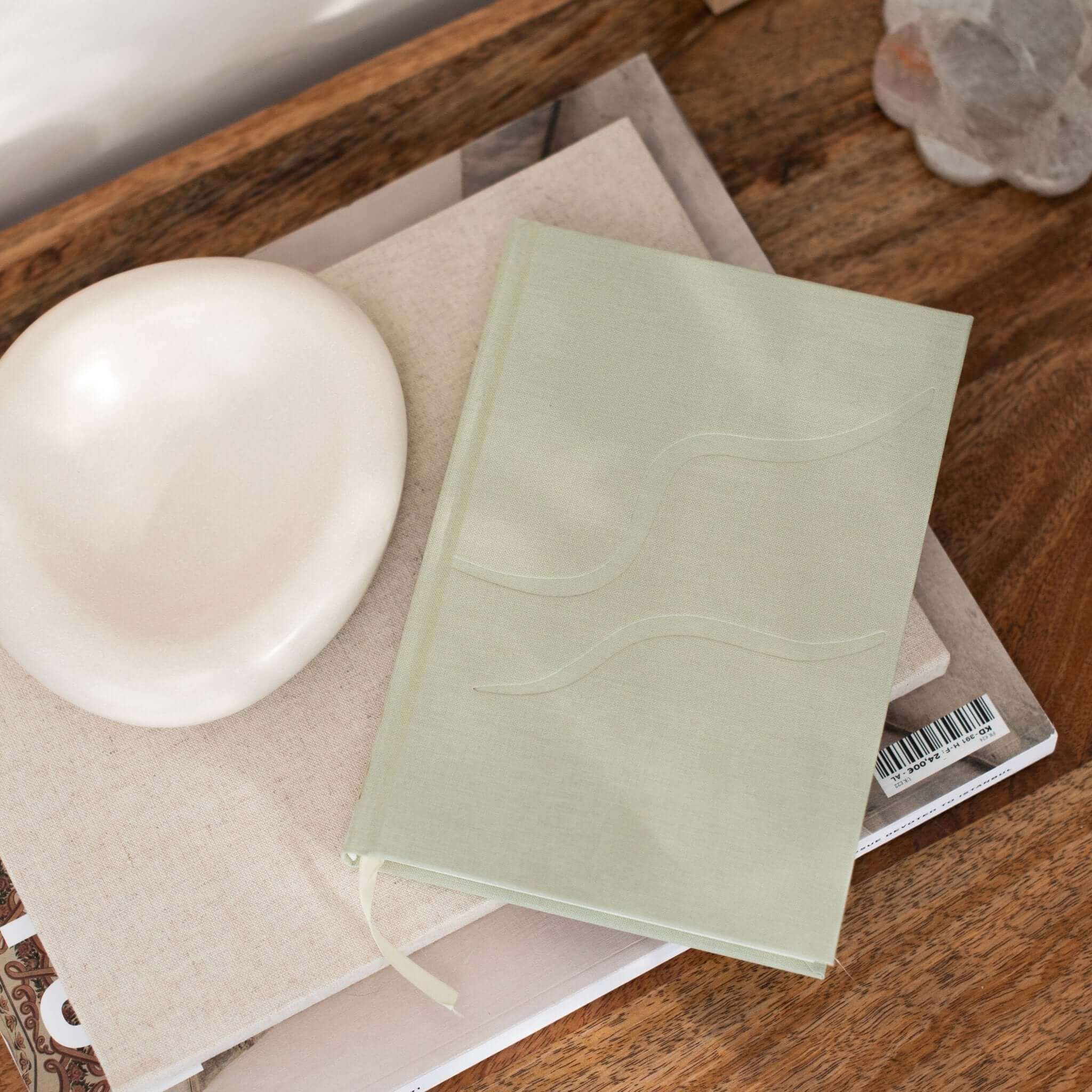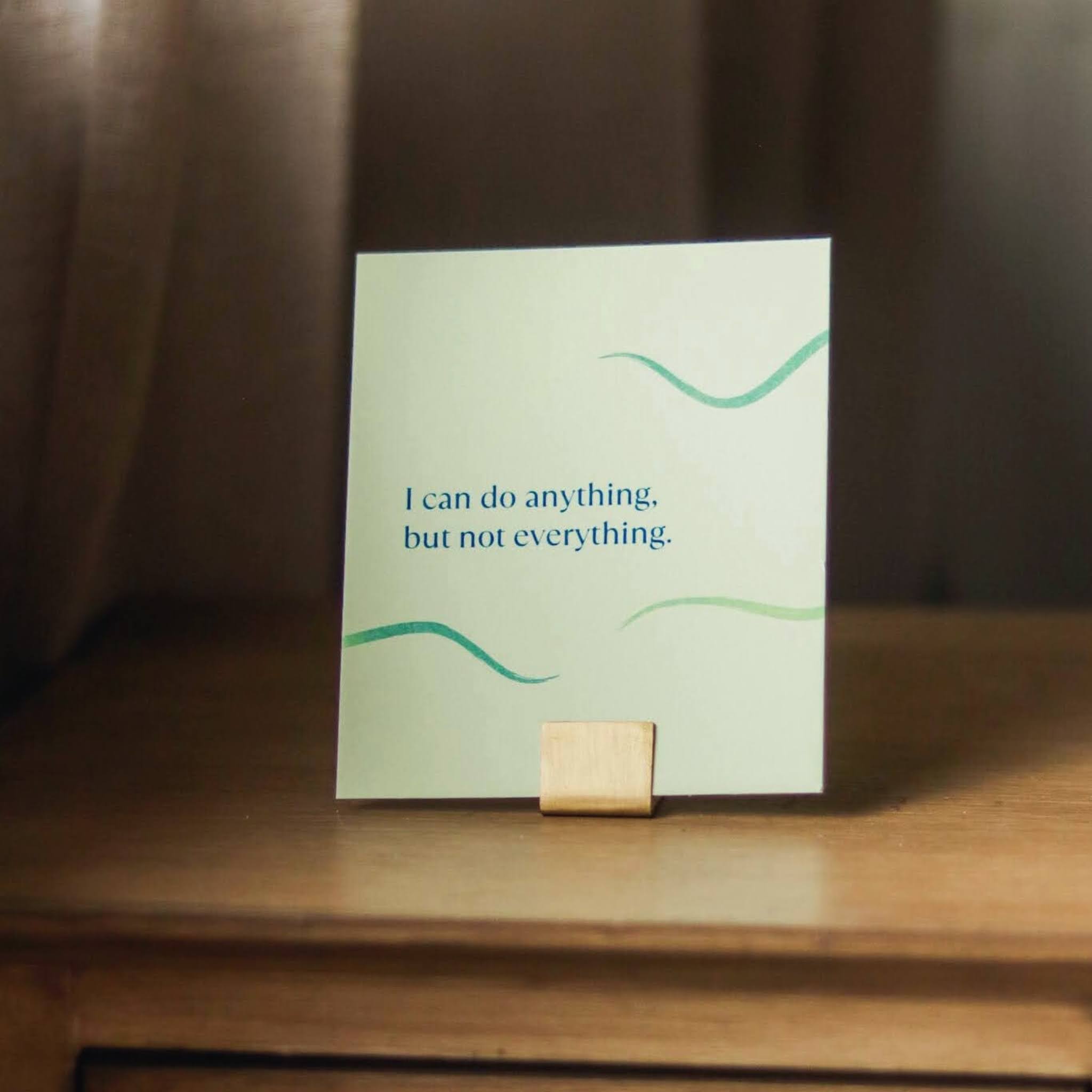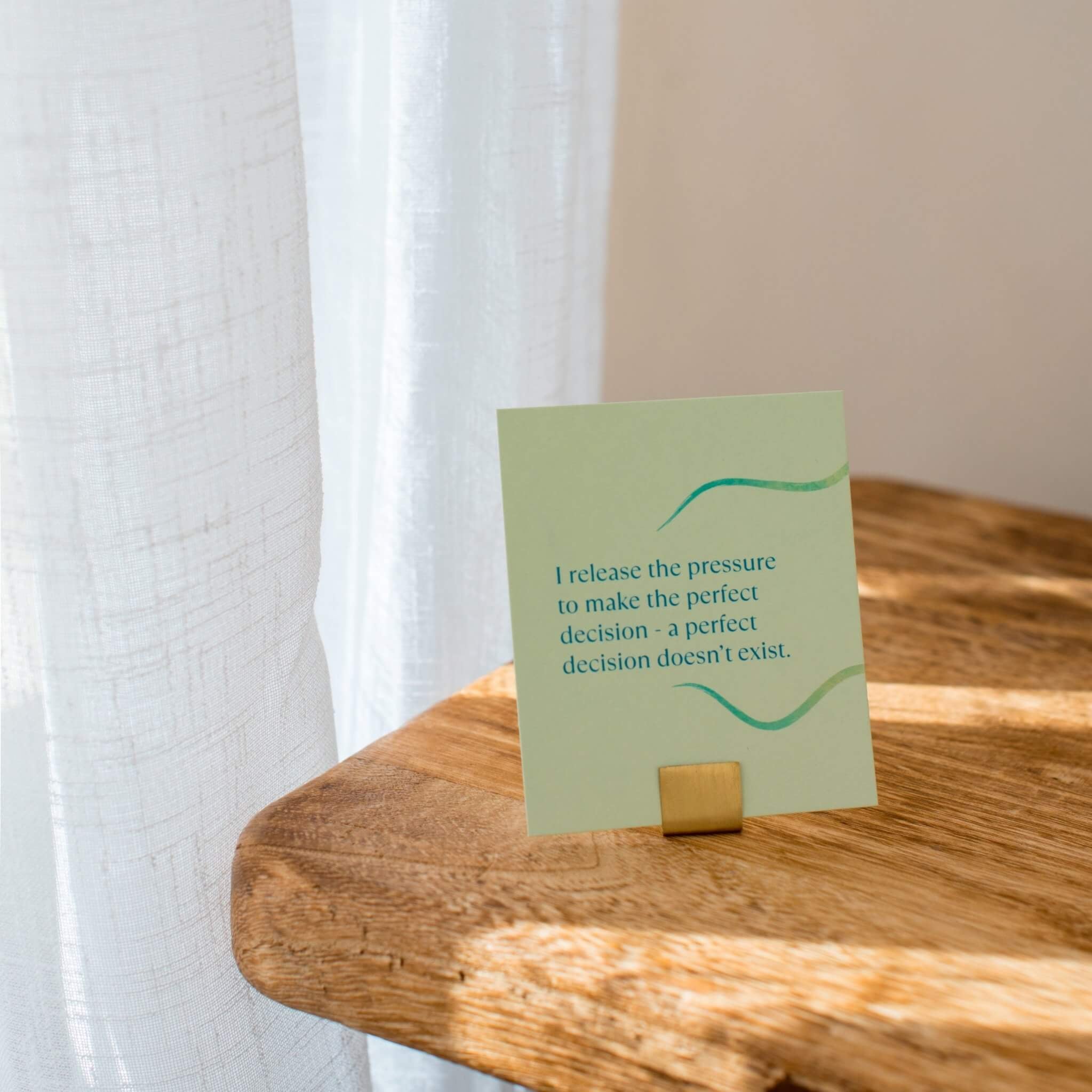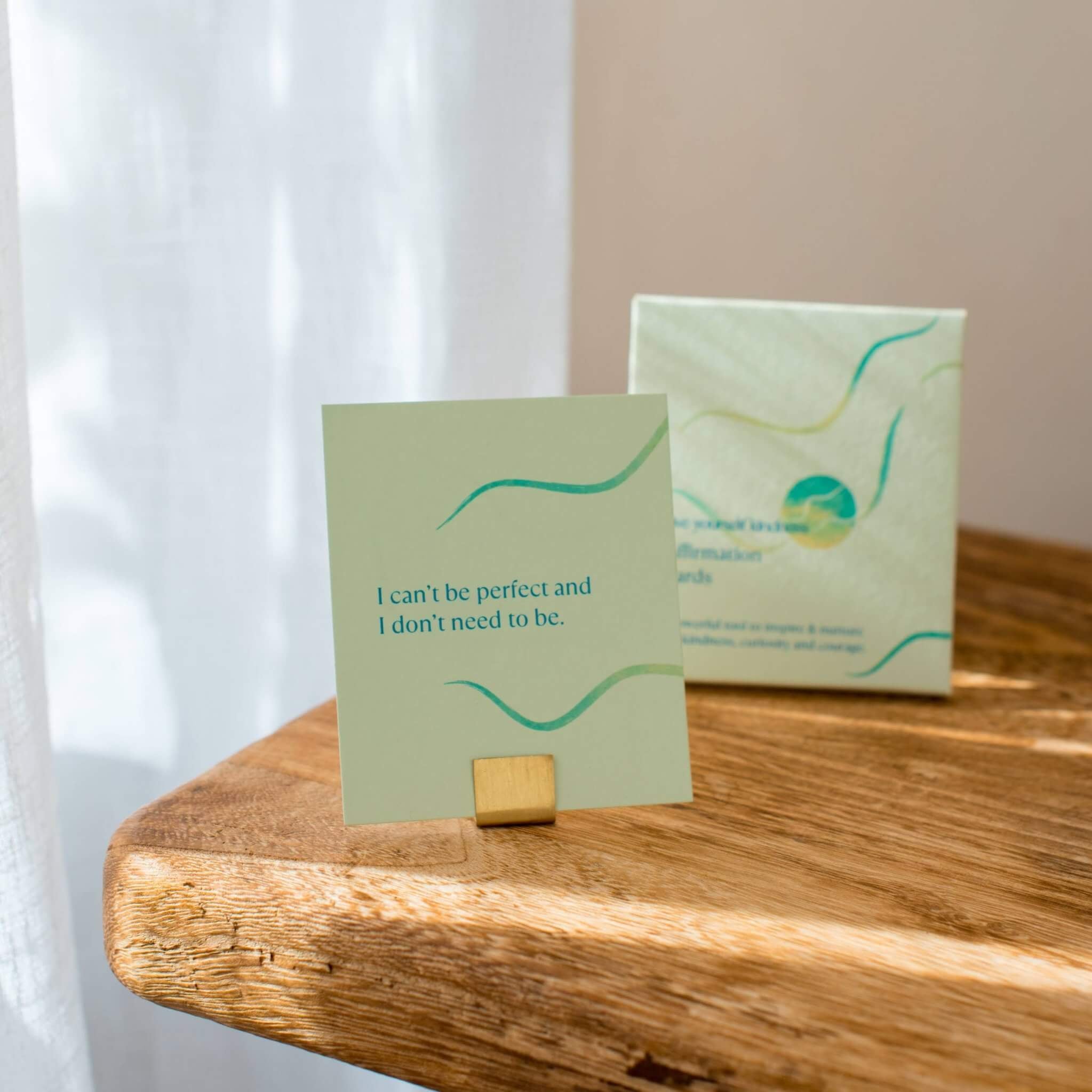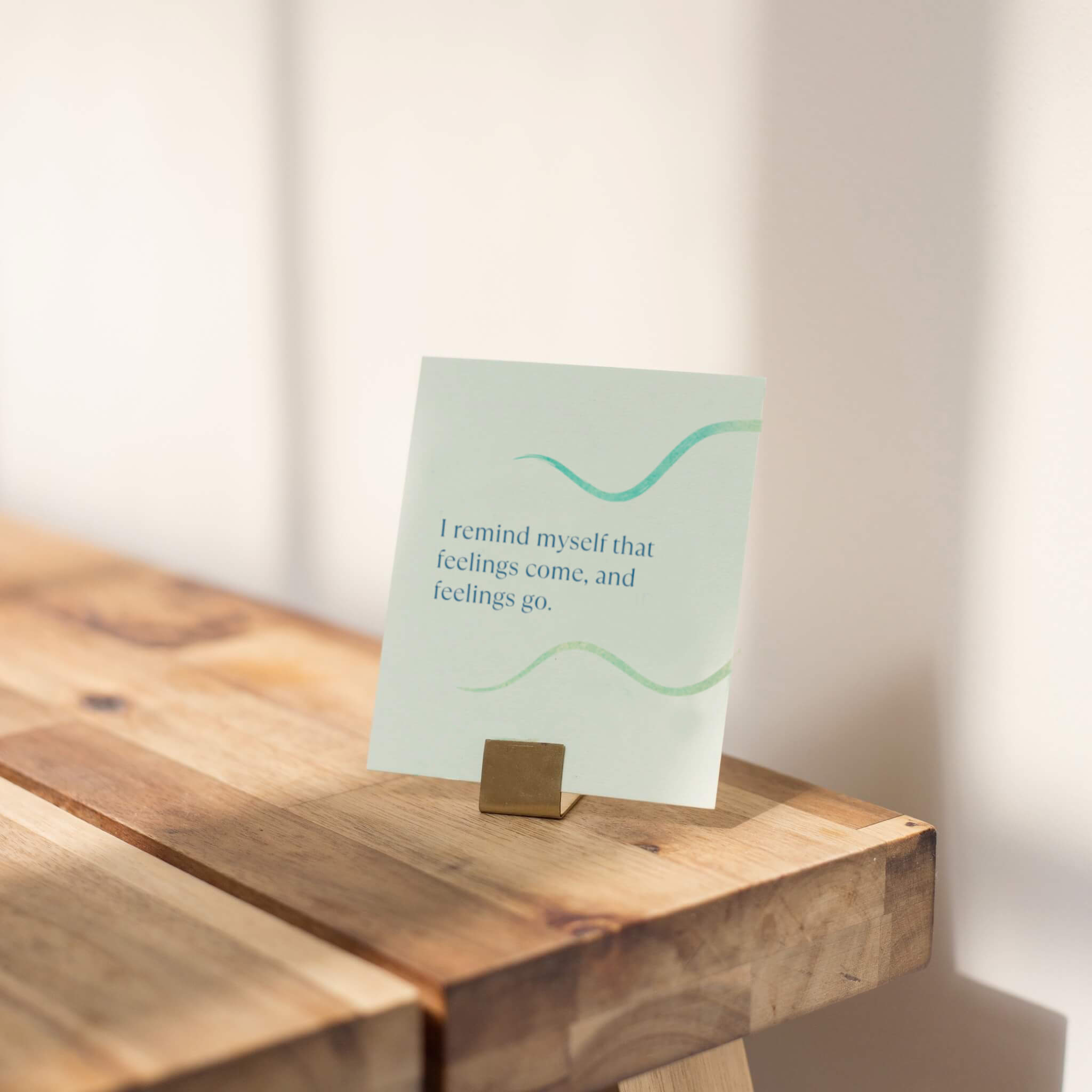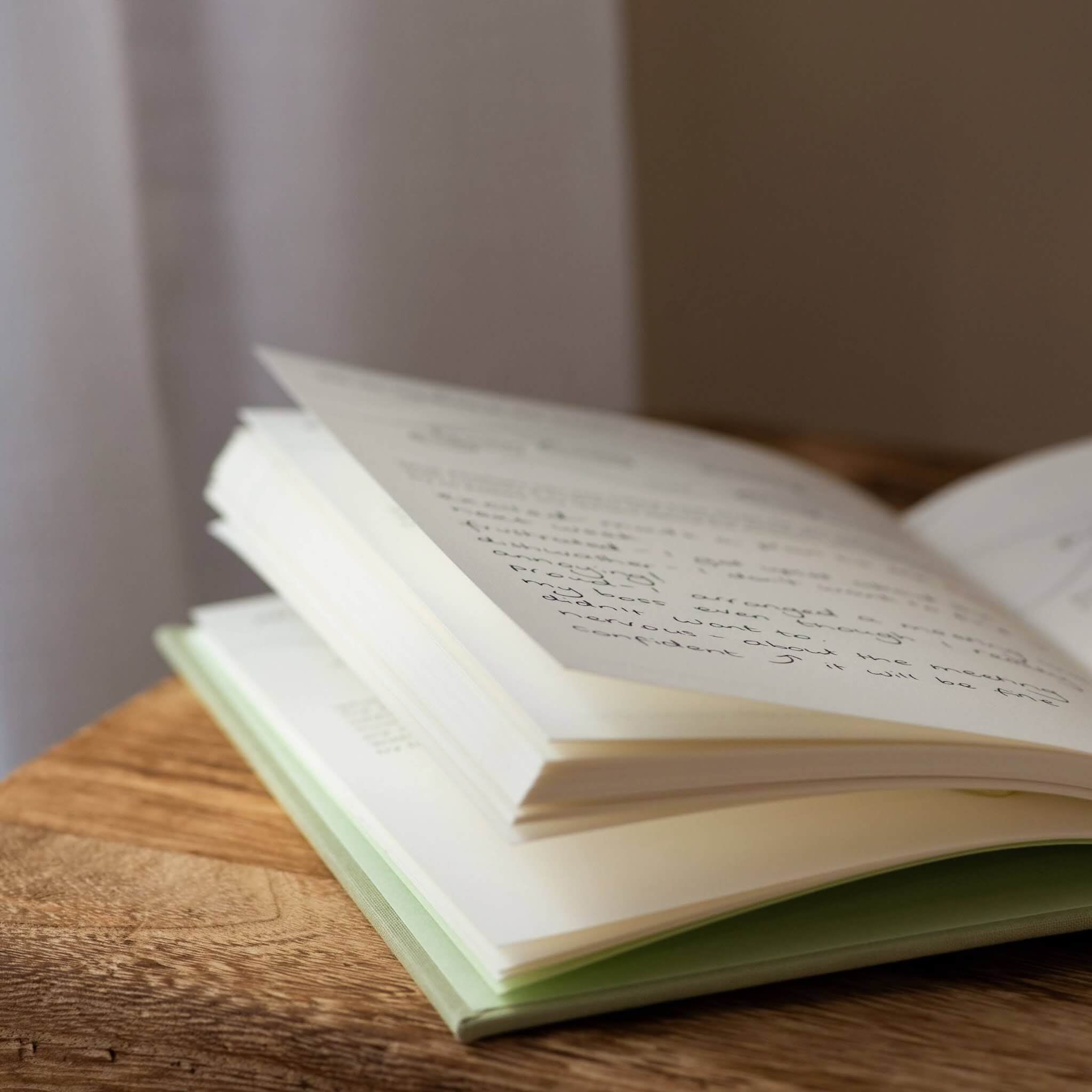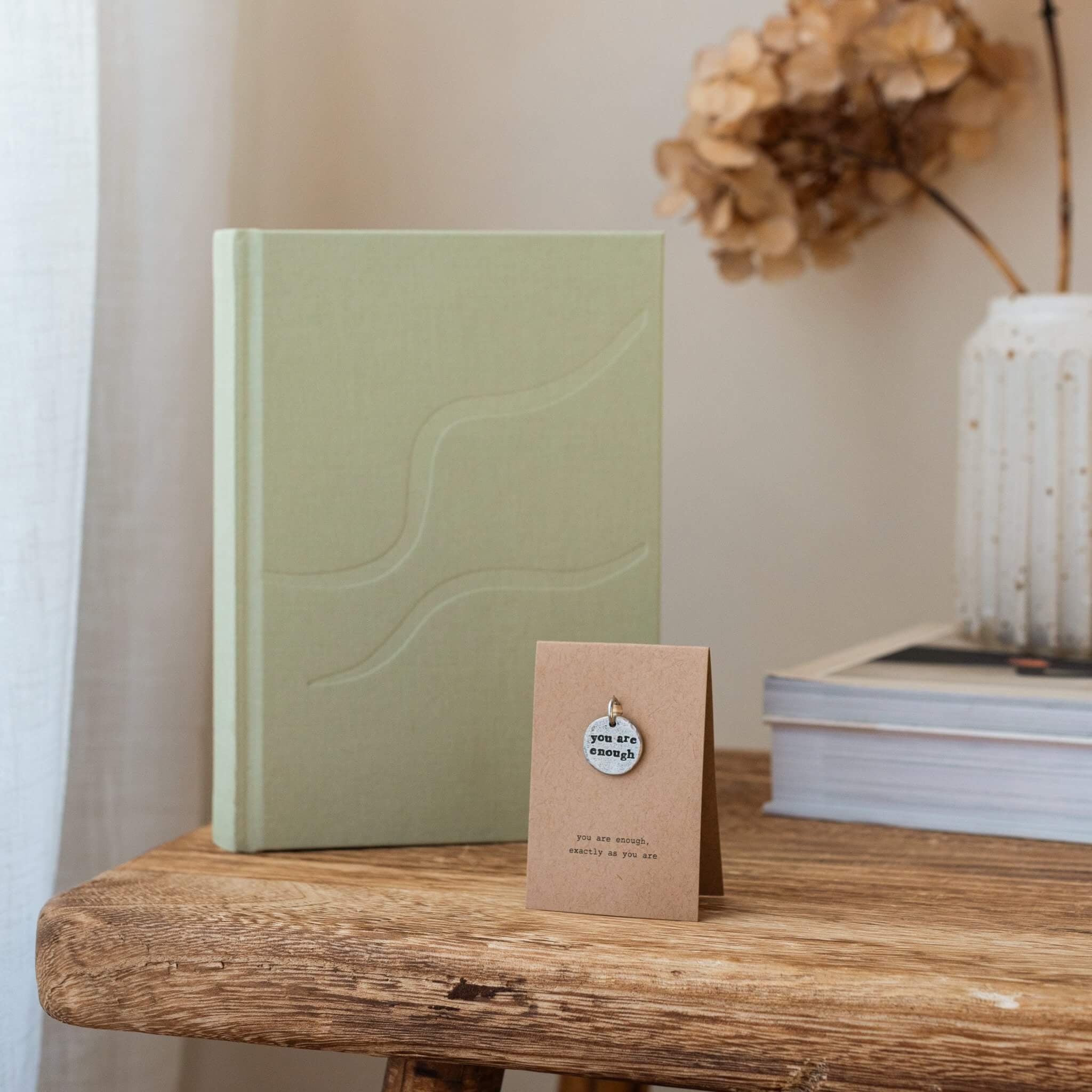Last updated: November 2, 2025 | By Rachel Smith, DipBSoM
A Simple Way to Try Right Now
Pick one card each morning, place it somewhere you'll see it throughout the day, and read it when you notice it. That's it. No pressure to say it out loud, no requirement to "feel it deeply"—just gentle exposure to a kinder voice.
The basic approach:
- Choose one card (shuffle and pull randomly, or pick one that speaks to you)
- Place it where you'll see it (desk, mirror, fridge, bedside table)
- Notice it when you do (no need to do anything special—just read it)
If it feels uncomfortable at first, that's normal. Keep reading to understand why—and what to do about it.
I used to be skeptical of affirmation cards.
They felt forced. Like I was lying to myself. When you're stuck in harsh self-talk, reading "I am worthy" can actually make you feel worse—because you don't believe it.
But here's what changed my mind: affirmation cards aren't about forcing yourself to believe something you don't. They're about giving yourself repeated exposure to a different voice—a kinder one—until that voice becomes more familiar than the critical one.
I'm Rachel Smith, founder of Give Yourself Kindness. I created the Give Yourself Kindness affirmation cards after working with clinical psychologists on what actually helps with self-criticism. These aren't generic "you're amazing!" messages. They're grounded in self-compassion research.
Here's how to use affirmation cards in a way that actually helps—without the pressure, without feeling fake.
Why Affirmations Feel Uncomfortable (And Why That's Okay)
If affirmations make you cringe or feel "fake," you're not doing it wrong. That discomfort is actually your brain encountering something unfamiliar.
Here's why: When you've spent years being self-critical, self-compassion feels strange. Your brain has strong neural pathways for harsh self-talk. Kindness is the unfamiliar path.

Dr. Caroline C. Lee, PhD
Licensed Clinical Psychologist specializing in anxiety disorders
"Each day, our minds generate tens of thousands of thoughts, and due to our brain's natural negativity bias, we often affirm negative beliefs about ourselves without realizing it."
Research by Dr. David Hamilton shows that affirmations work through neuroplasticity—your brain's ability to form new neural pathways. When you repeatedly focus on a thought, you strengthen the connections associated with it.
Translation: You're not trying to believe the affirmation immediately. You're creating a new neural pathway through repetition. Over time (usually 3-4 weeks), the kind voice becomes more accessible than the critical one.
Important: This doesn't mean positive affirmations work for everyone. In fact, research shows that for people with very low self-esteem, traditional positive affirmations ("I'm amazing!") can backfire. That's why the type of affirmation matters.
What Makes Self-Compassion Affirmations Different
I asked five psychologists, "Do affirmations really work?" Their answer: It depends on the affirmation.

Dr. Jeffrey McDonnell
Clinical Psychologist, University College London
"Positive affirmations can take various forms... Research suggests that for some people, positive self-affirmations can be helpful but for others, they may be ineffective or even harmful (particularly for those who may already struggle with low self-esteem)."
Why generic positive affirmations often don't work:
- "I am confident" feels like a lie when you're anxious
- "Today is going to be a great day" dismisses the real challenges you're experiencing
- "I am perfect" is unrealistic and creates more pressure
What works instead: Self-compassion affirmations that acknowledge struggle and give permission to be imperfect.
Self-compassion affirmations from the Give Yourself Kindness affirmation cards:
- "I can't be perfect and I don't need to be"
- "Just because I have a thought, doesn't mean it's true"
- "It is normal to have an inner critic—but I don't have to believe it"
- "I choose to give myself the same kindness I would give to a friend"
- "My voice matters. My opinions matter. I matter"
- "I am worthy now, and this will never change"
Notice the difference? These don't require you to believe you're perfect. They acknowledge difficulty and remind you that imperfection is human.

Margaret Davis, MS, LPC
Licensed Therapist specializing in anxiety, self-esteem, and self-compassion
"These affirmations are truly so beautiful and powerful! When I read them, I instantly feel a sense of groundedness and calm. I also love that they are centered around having more compassion and kindness for ourselves."
12 Ways to Use Affirmation Cards
There's no single "right" way. Try what feels manageable, not what feels like another thing you "should" do perfectly.
-
The Morning Card (Simplest to Start)
How: Keep the deck on your bedside table. Each morning, pull one card and place it on your bathroom mirror, desk, or kitchen counter.
Why this helps: You see it multiple times throughout the day without having to remember to "do" anything. Repeated exposure is what builds the new neural pathway.Time needed: 30 seconds
-
Say It Out Loud (When You're Ready)
How: When you pull your card, say it out loud 2-3 times. You can whisper if saying it normally feels too vulnerable.
Why this helps: Speaking engages more of your brain than reading silently. It makes the experience more embodied.If this feels uncomfortable: Start by just reading it silently. Work up to speaking it when it feels less foreign.
-
Keep It Where You'll See It
Strategic locations:
- Bathroom mirror: You'll see it when getting ready
- Desk or computer: During work stress (use our brass card stand or copper frame)
- Kitchen/fridge: Multiple times throughout the day
- Car dashboard: During commute anxiety
- Bedside table: Last thing you see before sleep
Pro tip: Rotate locations every few days. Your brain stops noticing things in the same spot, so changing the location brings the message back into focus.
-
Carry One With You
How: Slip your daily card into your wallet, pocket, or phone case. Pull it out during difficult moments—before a stressful meeting, after making a mistake, when self-criticism gets loud.
Why this helps: Having something tangible to hold during challenging moments interrupts rumination and gives you something specific to focus on. -
Use as a Journal Bookmark
How: Place your affirmation card in your journal. When you open it, let the affirmation guide your reflection.
Prompts to try:
- "What would it look like if I believed this today?"
- "When do I most need this reminder?"
- "What makes this affirmation hard to accept?"
Why this helps: Writing about the affirmation deepens the neural pathway more than just reading it. -
Set a Daily Reminder
How: Set a phone alarm for the same time each day (mid-morning, lunch, or evening). When it goes off, read your affirmation—wherever you are.
Why this helps: Consistent timing helps form habits. You don't have to remember—your phone reminds you. -
Use in Meditation
How: Choose an affirmation before meditating. Repeat it silently on each exhale, or return to it when your mind wanders.
Simple practice: Breathe in for 4 counts, breathe out while thinking the affirmation for 6 counts. Repeat for 5-10 minutes.
Why this helps: Gives your mind something to anchor to, making meditation more accessible while reinforcing self-compassion. -
Make It Your Phone Wallpaper
How: Photograph your daily card and set it as your lock screen. You'll see it every time you check your phone (which is likely 50+ times per day).
Tip: Change it weekly rather than daily—too frequent and your brain stops registering it.
-
Create a Simple Ritual
How: Light a candle, take three deep breaths, pull a card, read it out loud, blow out the candle. 2 minutes total.
Why this helps: Rituals signal to your brain that this moment matters. The sensory elements (candle, breath) make it memorable. -
Place Multiple Cards Around Your Home
How: Display different cards in different rooms—one in the bathroom, one in the kitchen, one in your bedroom. As you move through your day, you encounter different reminders.
-
Share the Practice
How: Text a photo of your daily card to a friend who's also working on self-compassion. Or keep matching decks and discuss which card each of you pulled.
Why this helps: Accountability and normalizing the practice. You're more likely to continue when someone else is doing it with you. -
Use During Difficult Emotions
How: When you're anxious, overwhelmed, or in a shame spiral—stop and pull a card. Read it slowly three times. Take three breaths. Read it once more.
Why this helps: Interrupts rumination by giving your brain something else to focus on. Won't "fix" the emotion, but creates space between feeling and reaction.
Common Questions
What if affirmations still feel fake or uncomfortable?
That's completely normal. You're not trying to force belief. You're creating familiarity with a different voice. The discomfort often eases after 2-3 weeks of consistent practice.
If certain affirmations feel particularly uncomfortable, that's information. Get curious: "Why does this one bother me?" Often, the affirmations that feel most uncomfortable are the ones you need most.
How often should I use them?
As often as feels sustainable. Once per day (morning) is enough. More than that is fine if it helps. Less than that is okay too.
Consistency matters more than frequency. Using them once daily with genuine attention is more effective than half-heartedly glancing at them five times while distracted.
Should I use the same card every day or switch daily?
Both approaches work:
- Same card for a week: Deepens one specific pattern (helpful if working on a particular struggle)
- Different card daily: Prevents habituation, keeps your brain engaged
I suggest switching daily for variety, but if one card resonates deeply, stay with it until it feels integrated.
Do I need to believe the affirmation for it to work?
No. You don't need to believe it yet. Think of affirmations as planting seeds—you water them before seeing the plant. The practice itself gradually builds belief over 3-4 weeks.
How long until I notice a difference?
Small shifts within days (noticing when you're being harsh, feeling slightly less critical), but lasting changes typically emerge after 3-4 weeks of consistent practice. This matches the timeline for forming new neural pathways.
What if I forget or miss days?
Just start again. No shame, no "I've failed." Missing days doesn't erase progress. The practice works whether you do it 365 days a year or 200 days a year. What matters is coming back to it.
Starting Your Practice
You don't need to do this perfectly. You just need to start.
A realistic first week:
- Day 1-3: Pick one card each morning. Place it on your bathroom mirror. Read it when you notice it. That's enough.
- Day 4-7: If it feels comfortable, try saying the affirmation out loud once. If not, keep reading it silently.
- After week 1: If you want to deepen the practice, try one additional method from the list above. If not, keep doing what you're doing.
The goal isn't to do all 12 methods. The goal is to find what feels sustainable for you and actually do it consistently.
What to expect:
- Week 1-2: Might feel awkward or uncomfortable. That's normal. Keep going.
- Week 3-4: You'll likely notice small moments where the kind voice emerges naturally—catching yourself in self-criticism and responding more gently.
- Beyond: The critical voice doesn't disappear, but the compassionate voice becomes stronger and more accessible.
Remember: Affirmations aren't about forcing belief. They're about making kindness as familiar as criticism.
Ready to begin? The Give Yourself Kindness affirmation cards include 60 self-compassion affirmations designed with input from clinical psychologists. No generic positivity—just evidence-based reminders that acknowledge your humanity.
Related reading:
About the author: Rachel Smith (DipBSoM) is a qualified meditation teacher and the creator of Give Yourself Kindness. After her own recovery through Compassion-Focused Therapy, she created evidence-based tools recommended by clinical psychologists including Dr. Chris Germer (Harvard Medical School) and used by therapists with their clients worldwide.

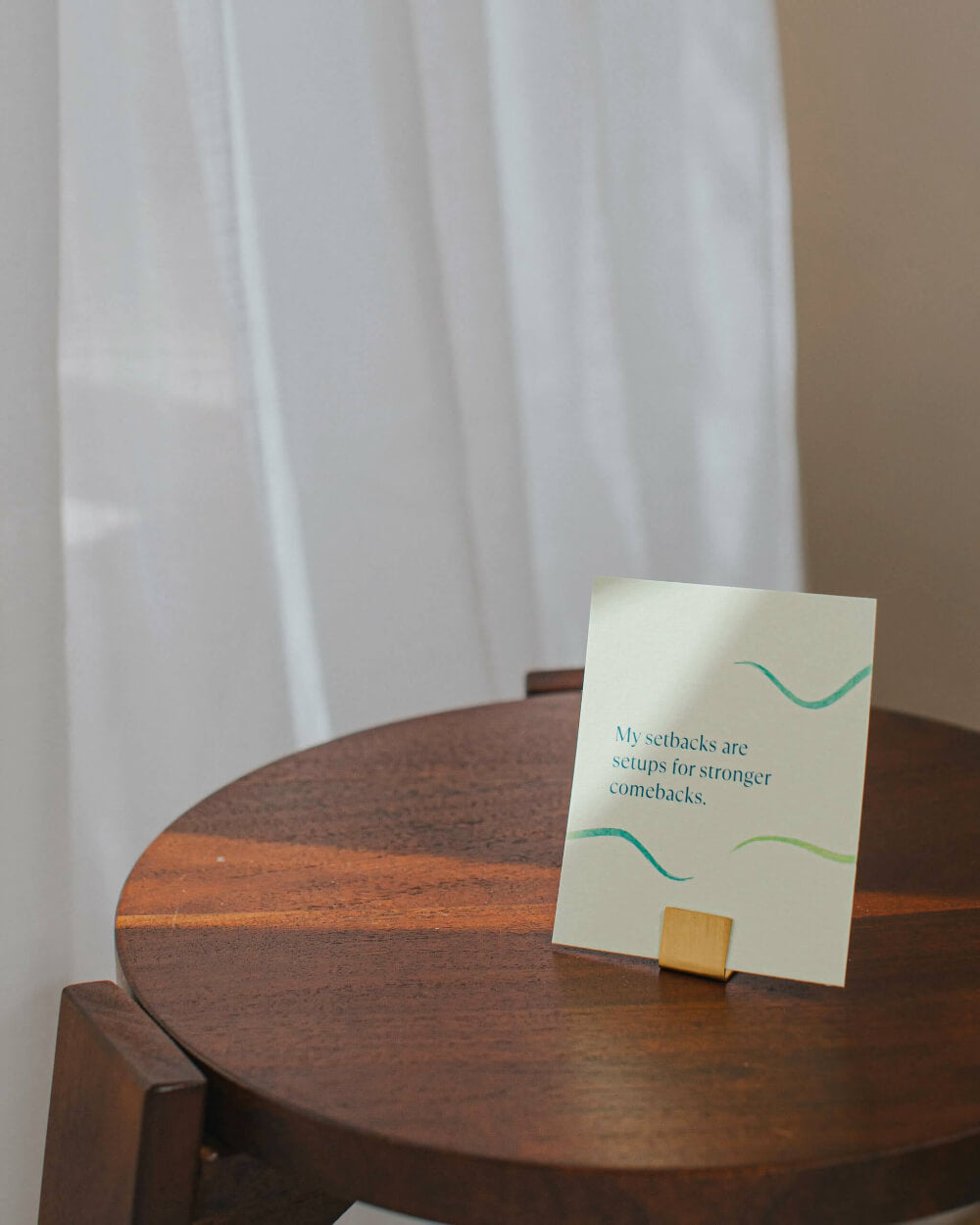
“I instantly feel a sense of groundedness and calm”
Affirmations can be so helpful along our healing journey. And these affirmations are truly so beautiful and powerful! When I read them, I instantly feel a sense of groundedness and calm. They are wonderful reminders for when I need to slow down and reconnect with myself. I also love that they are centered around having more compassion and kindness for ourselves. I will definitely be utilizing these with my clients, as well as practicing them myself. Thank you so much Rachel!



